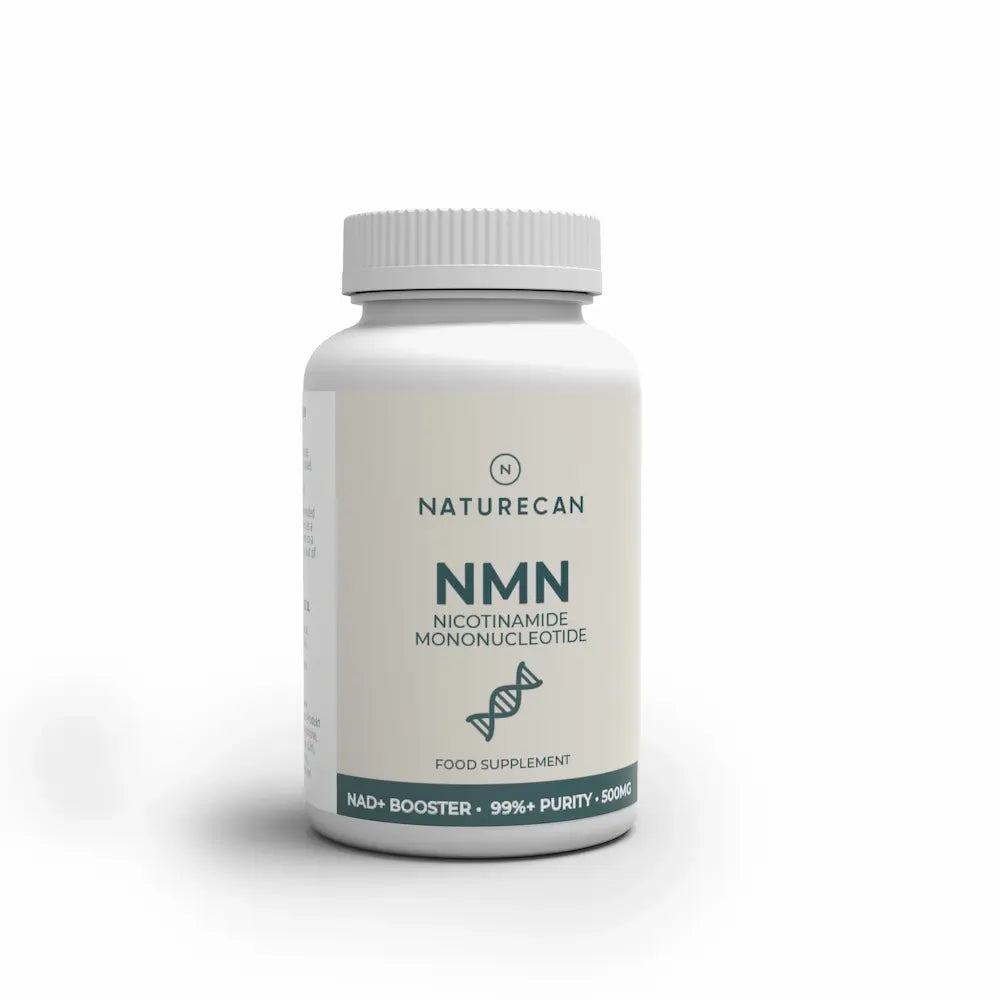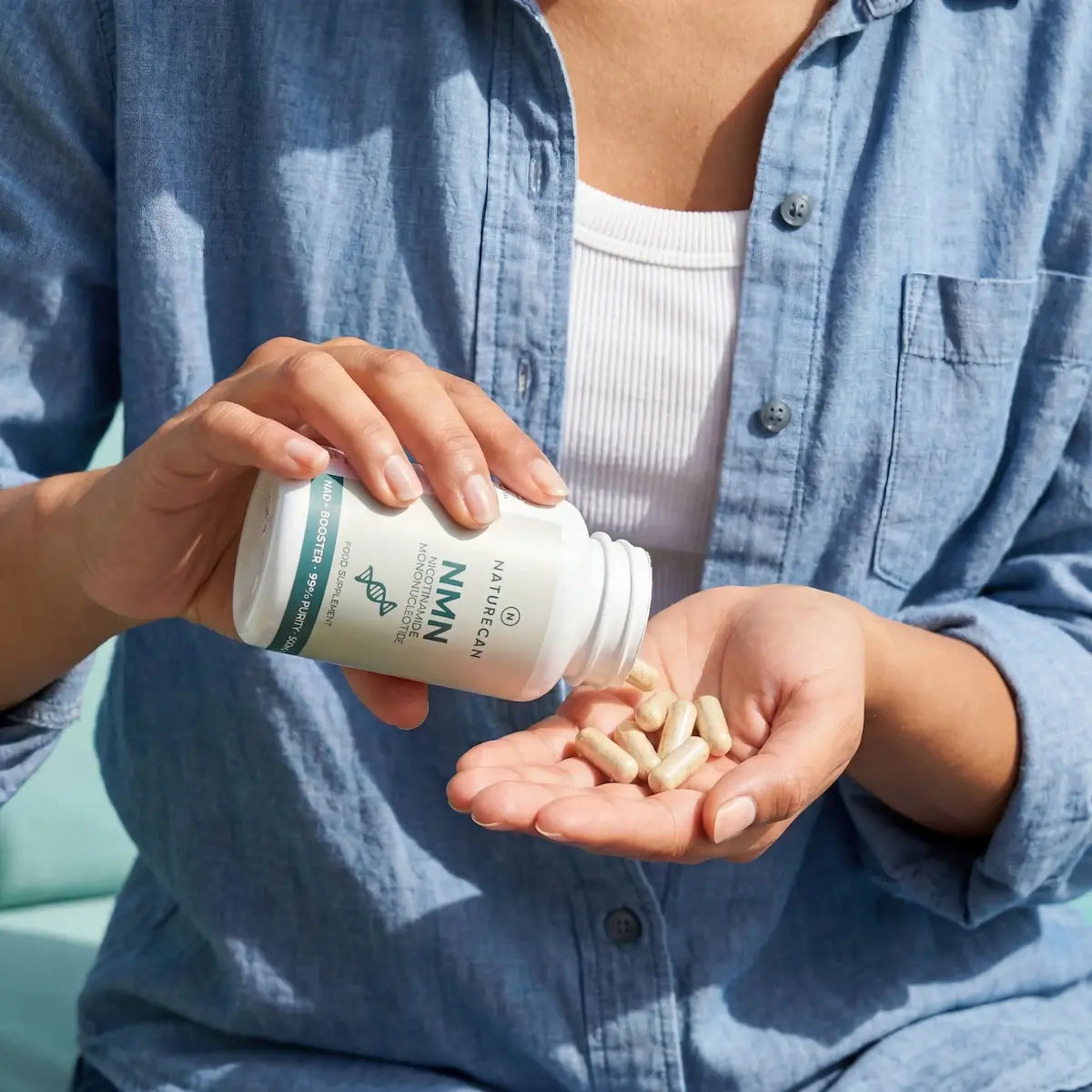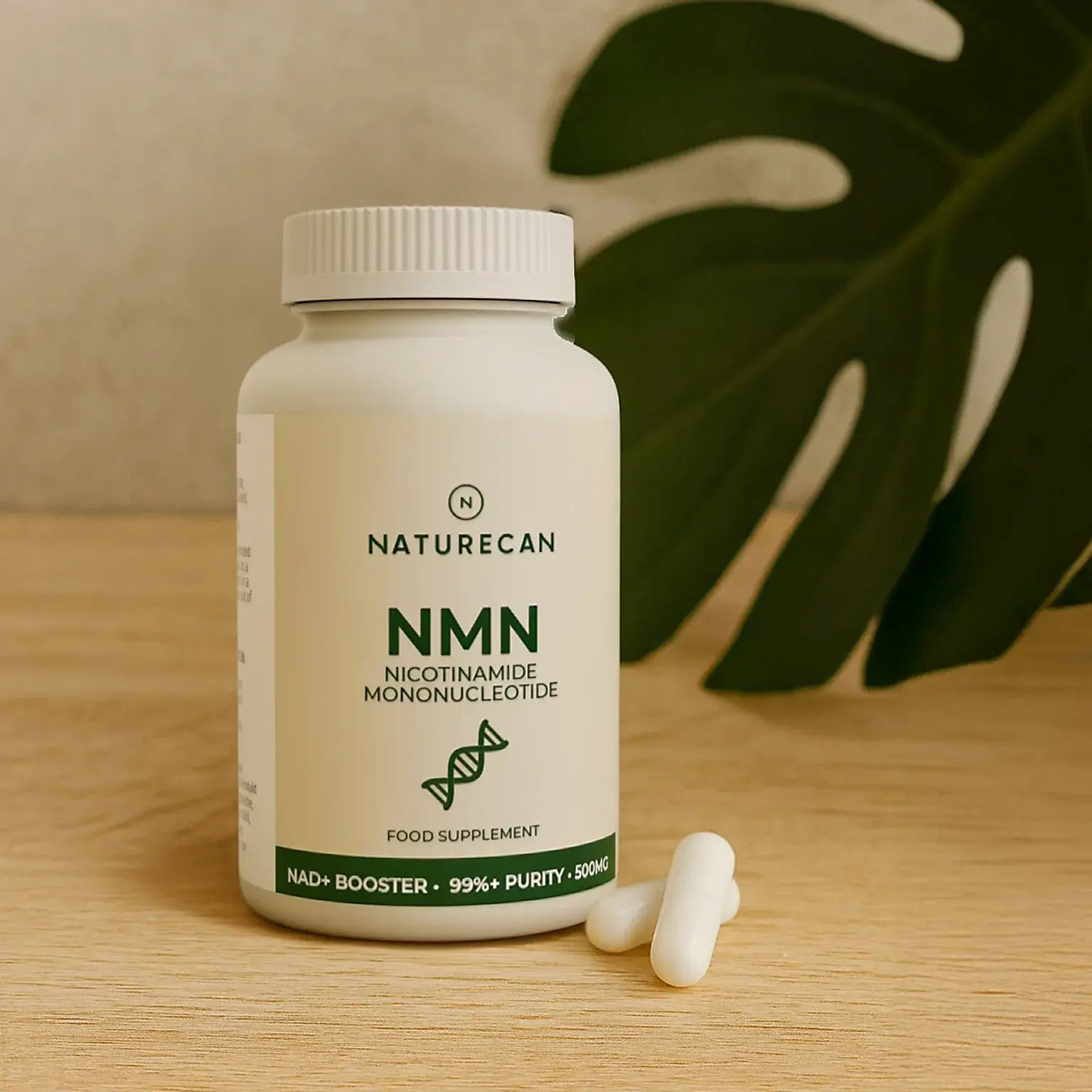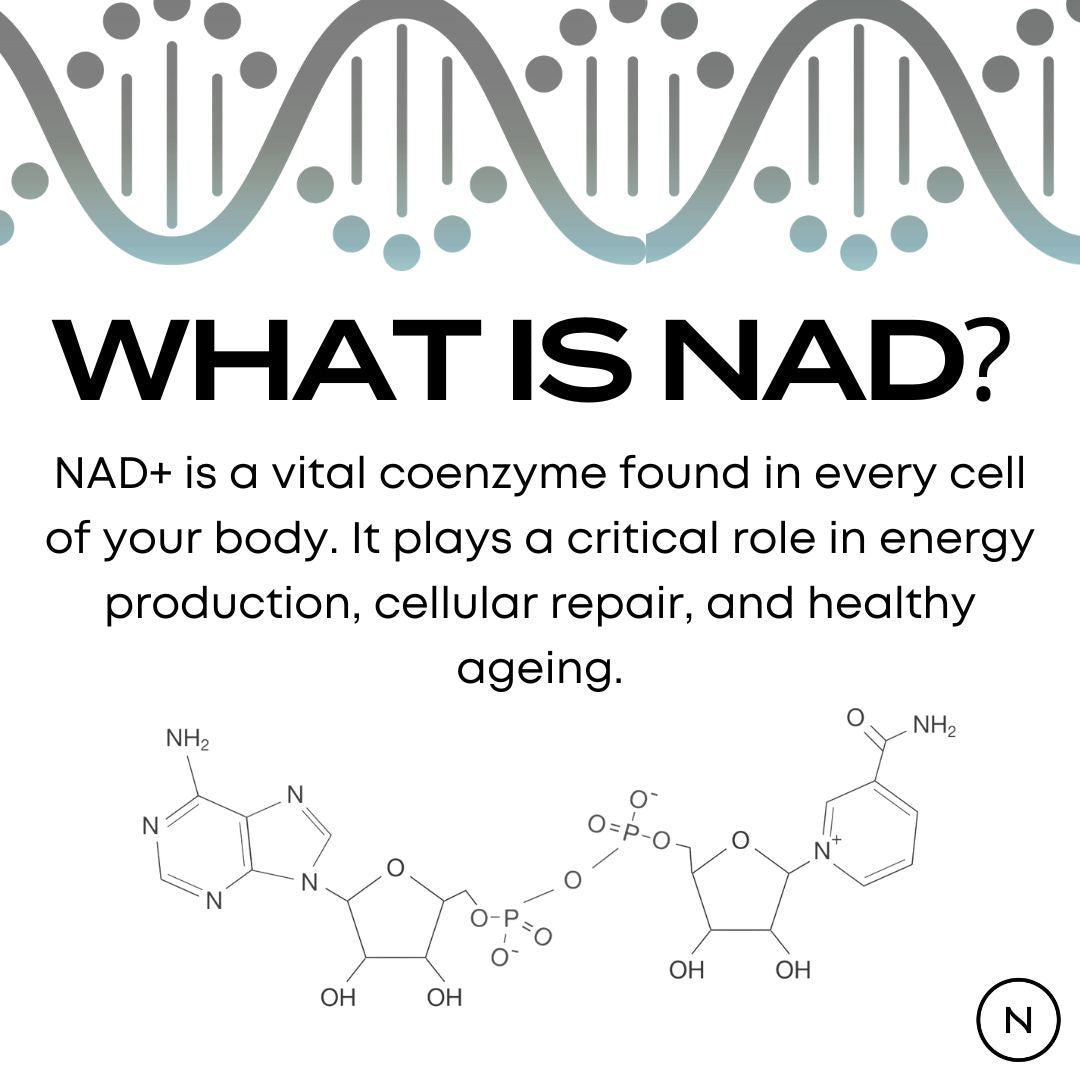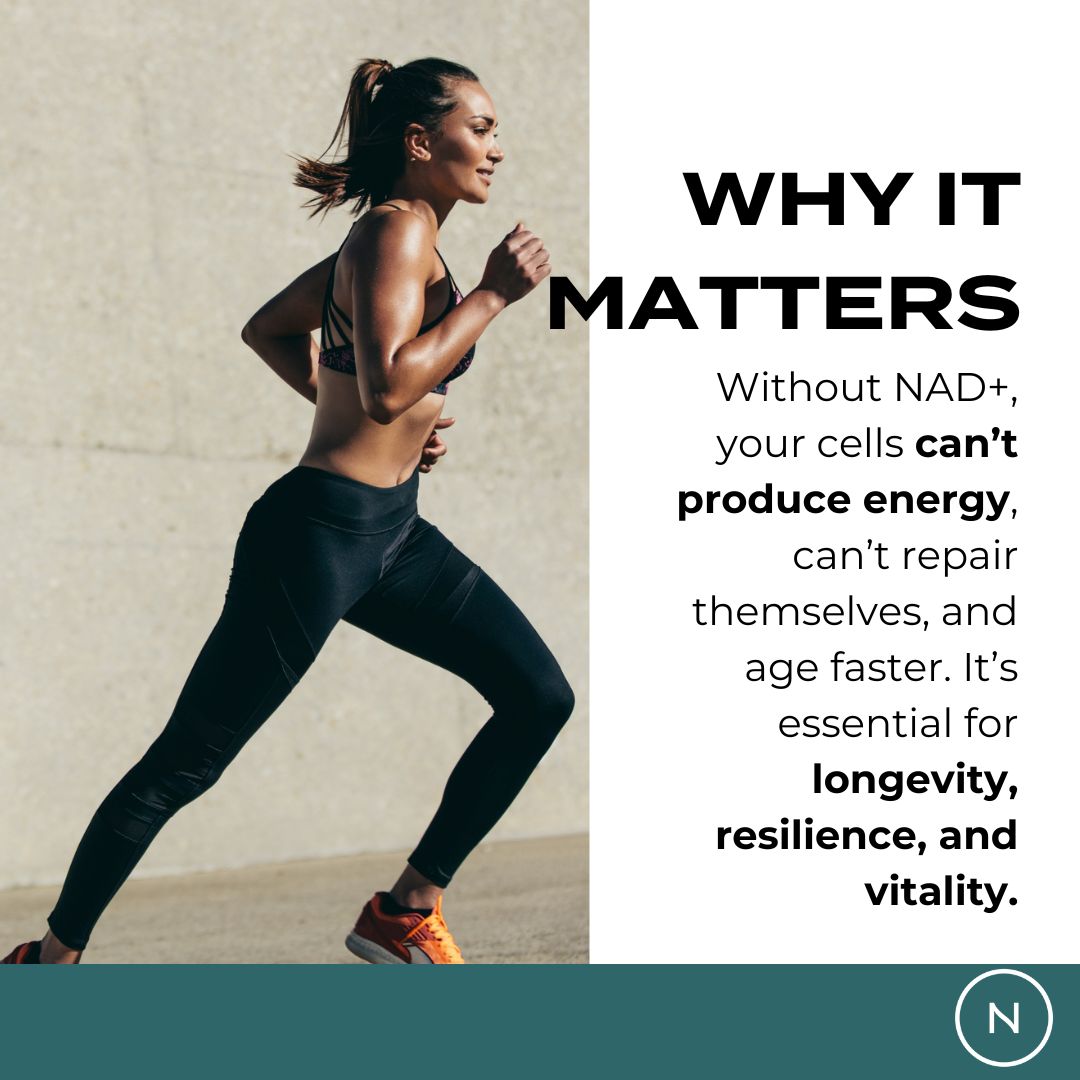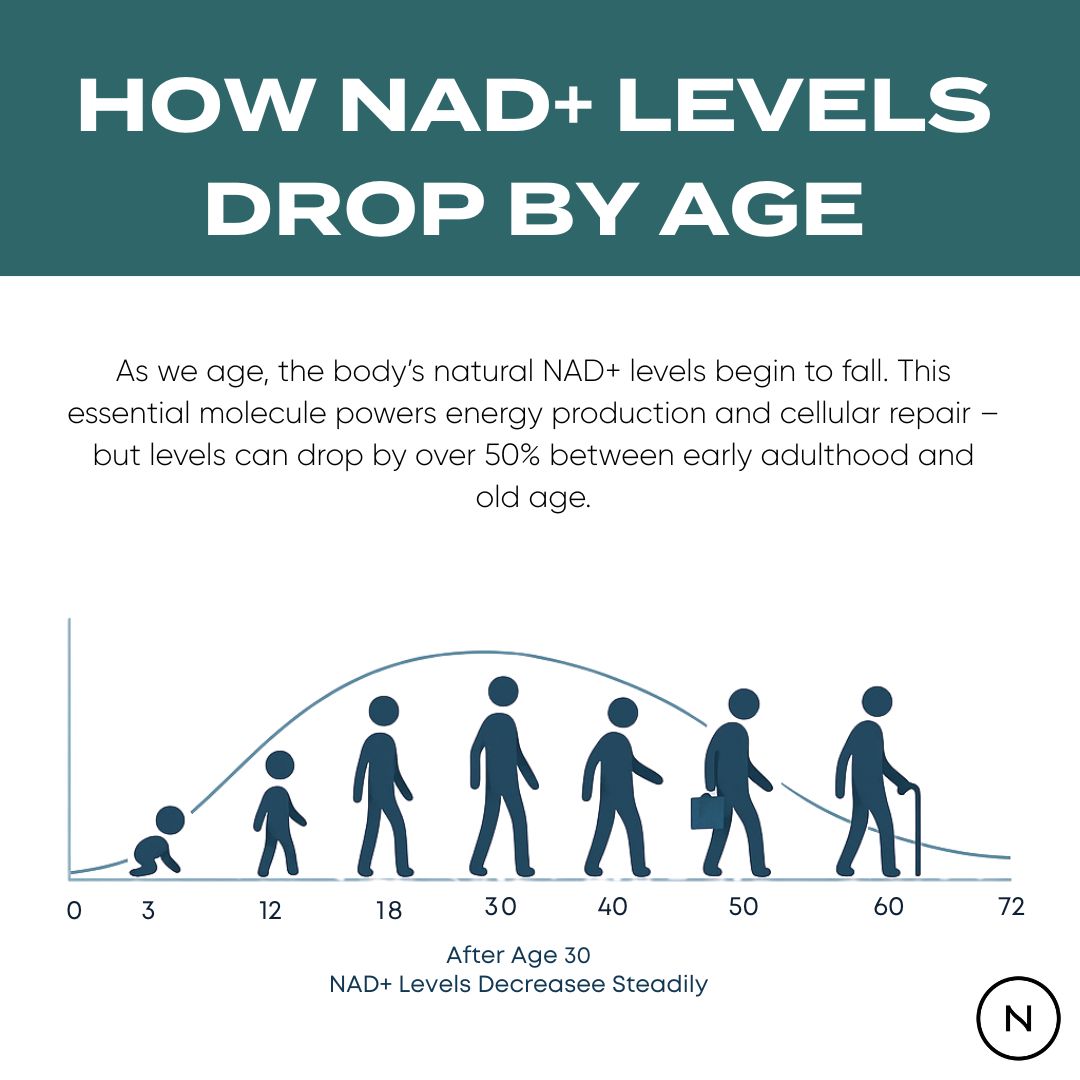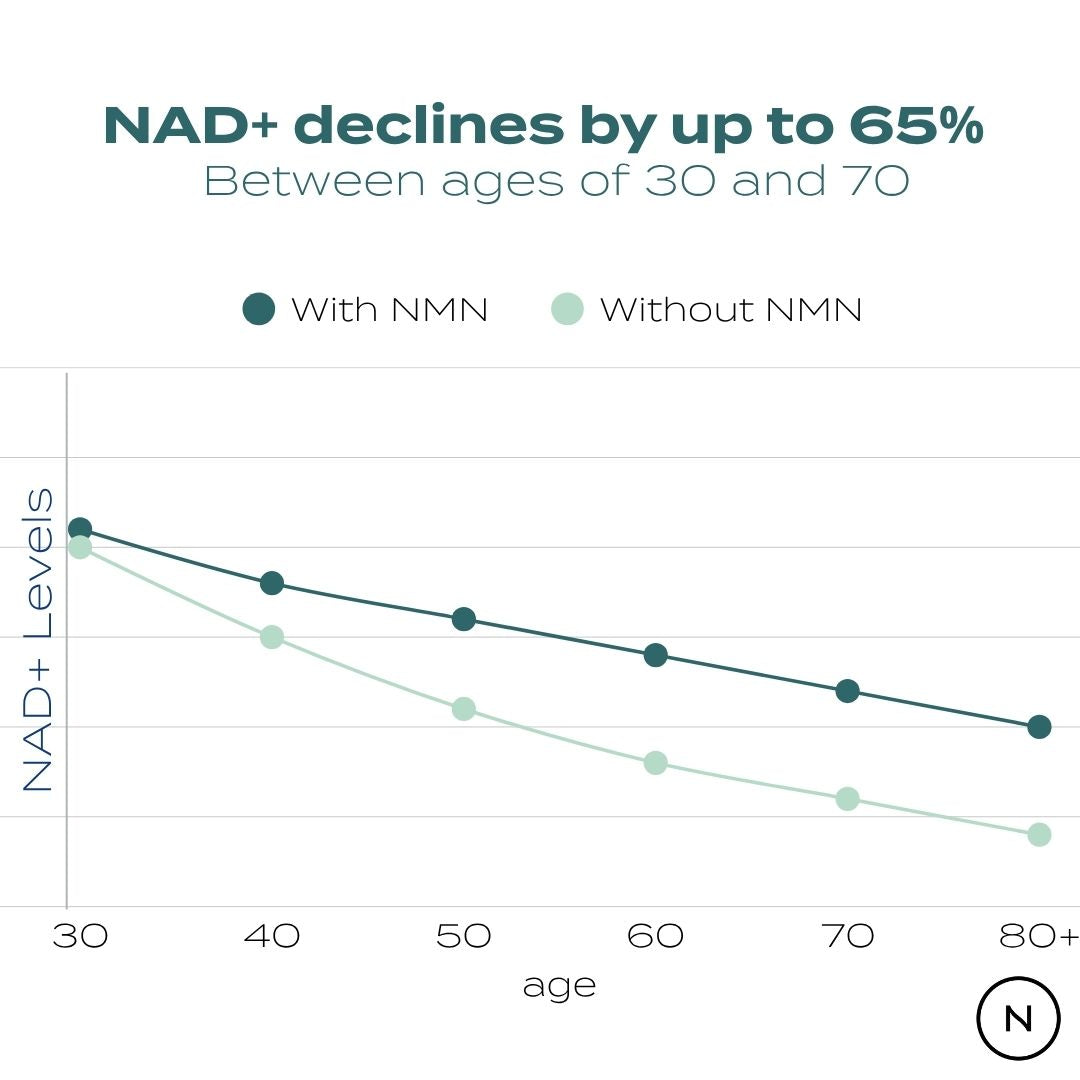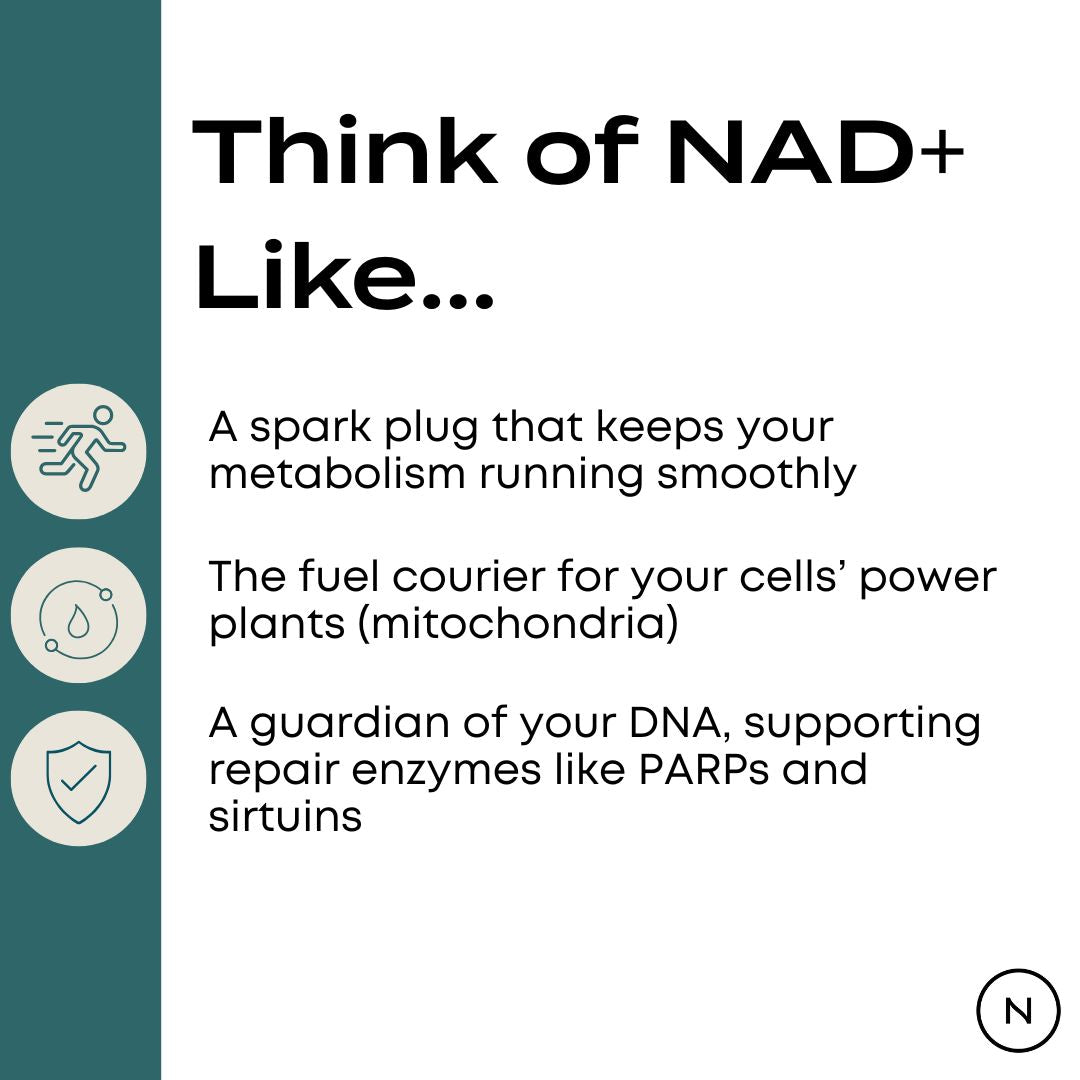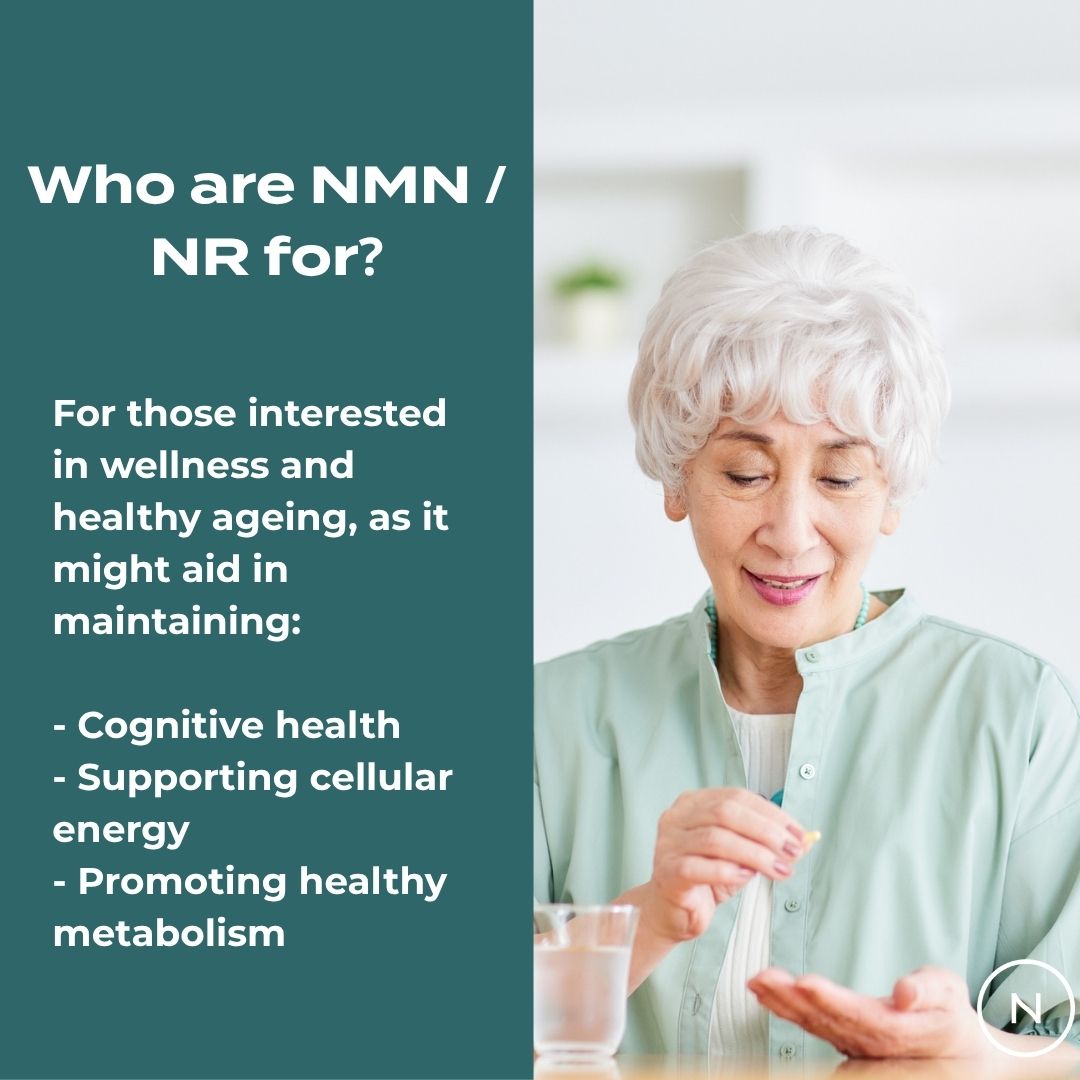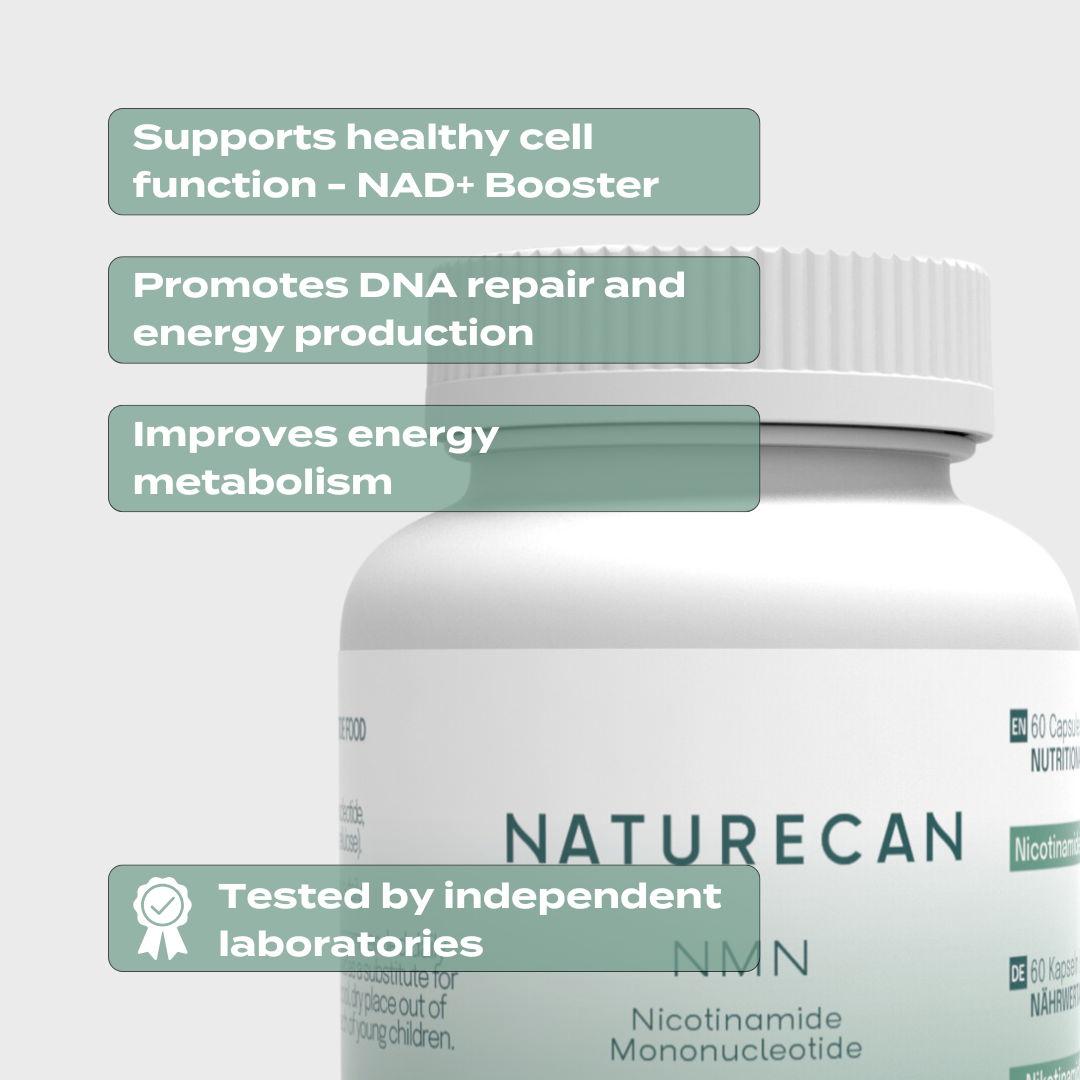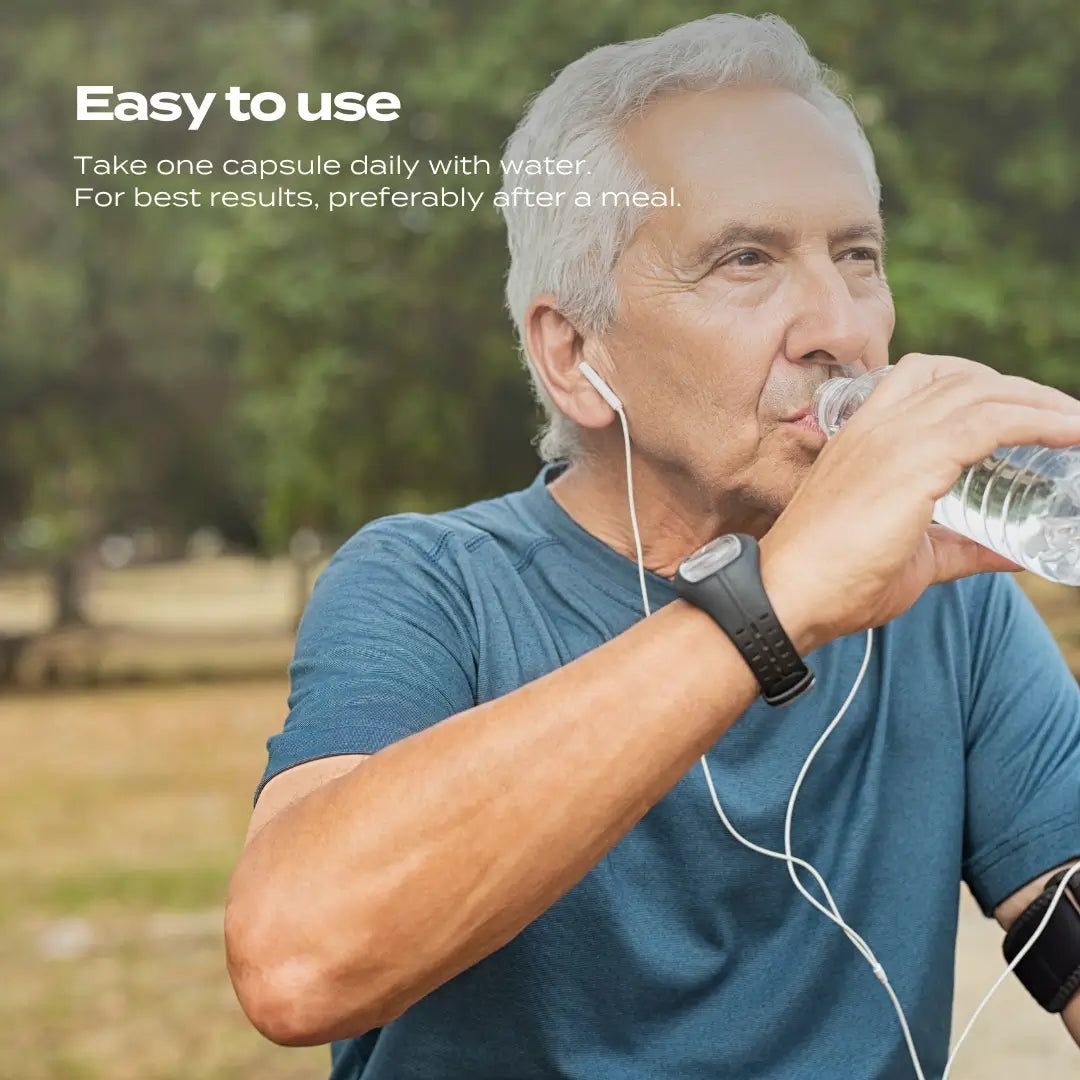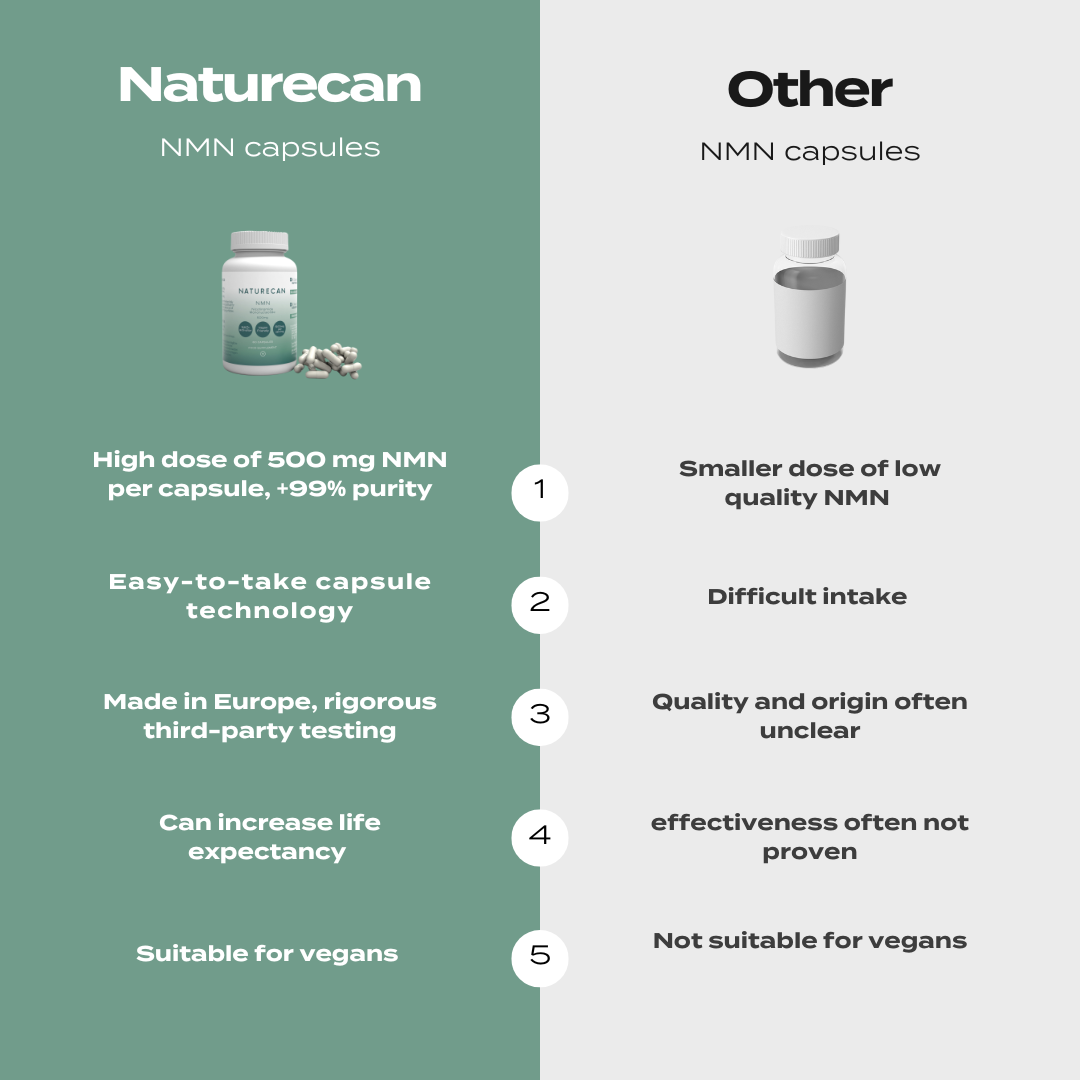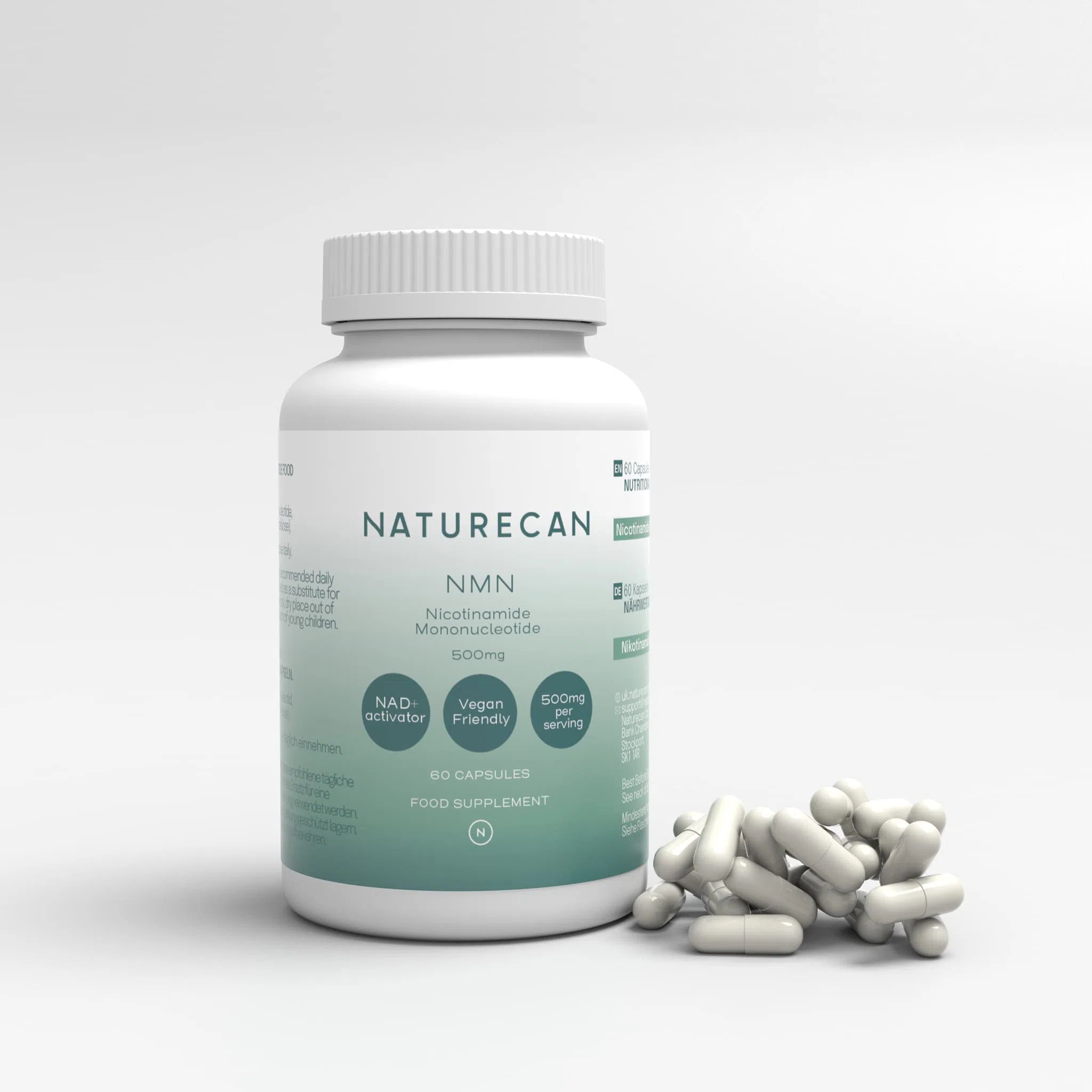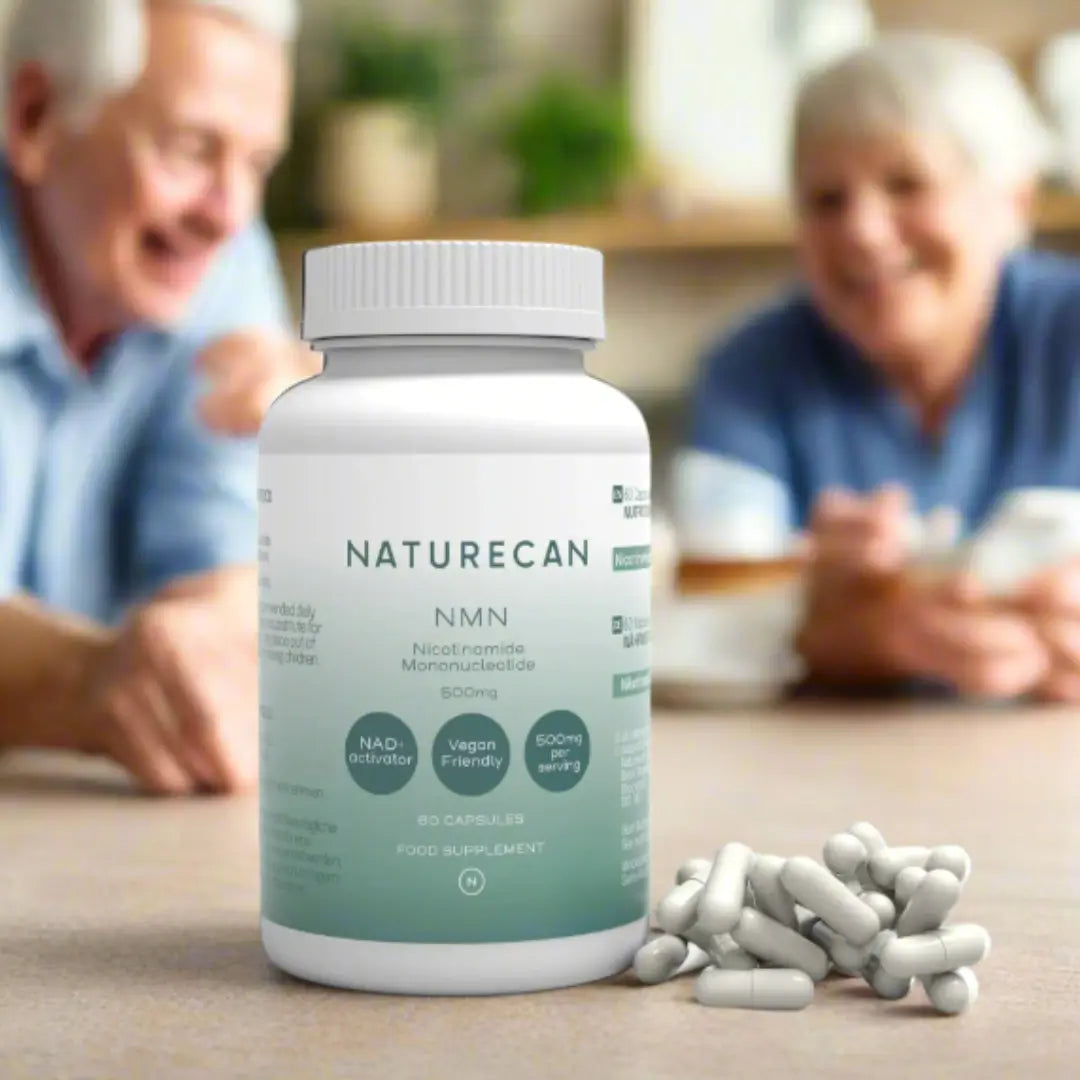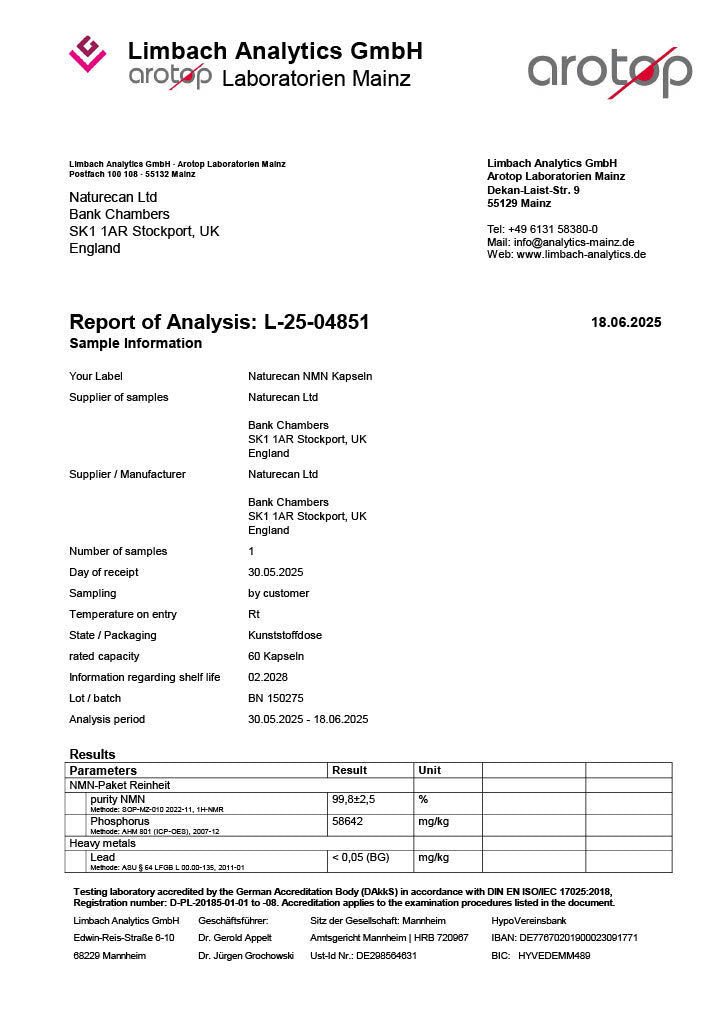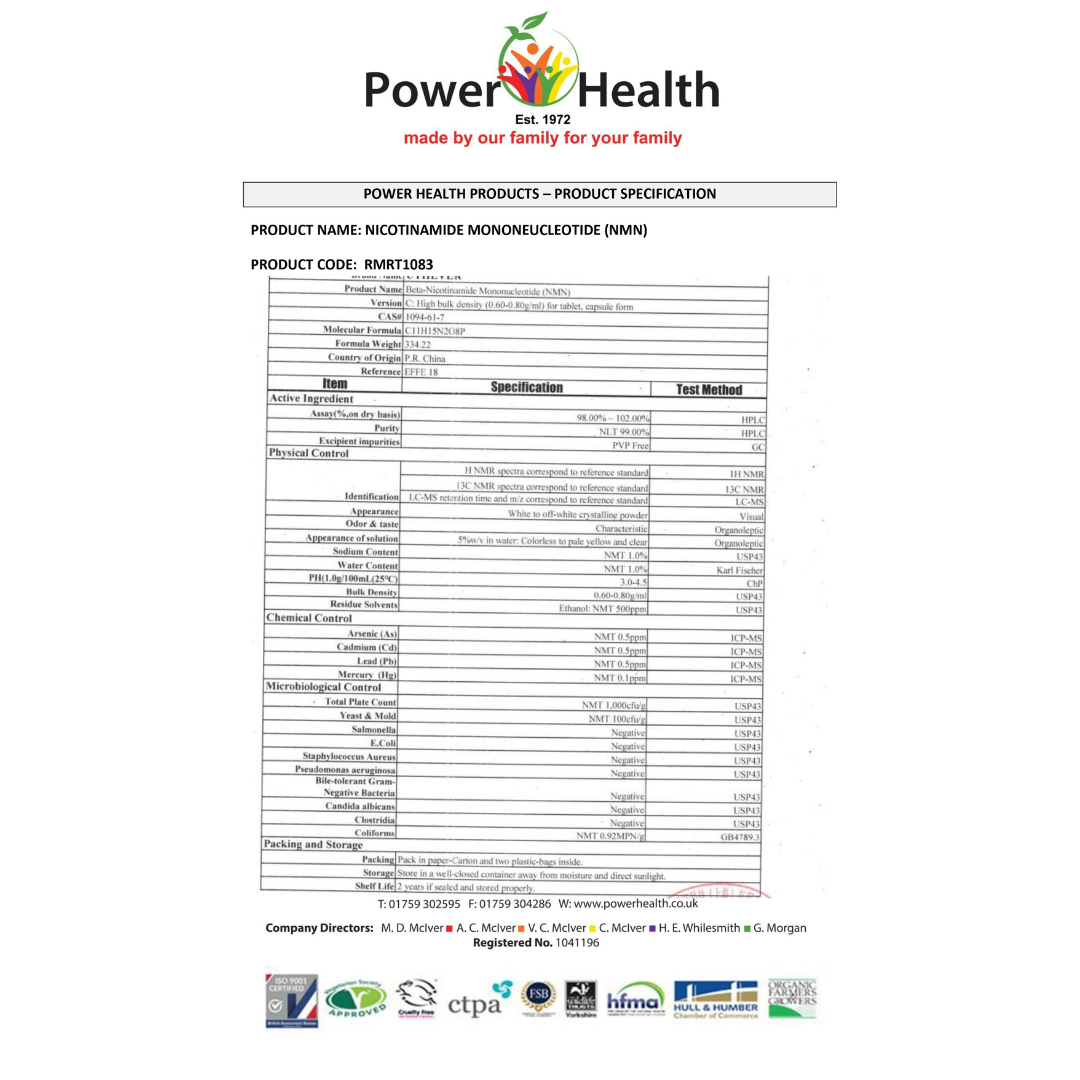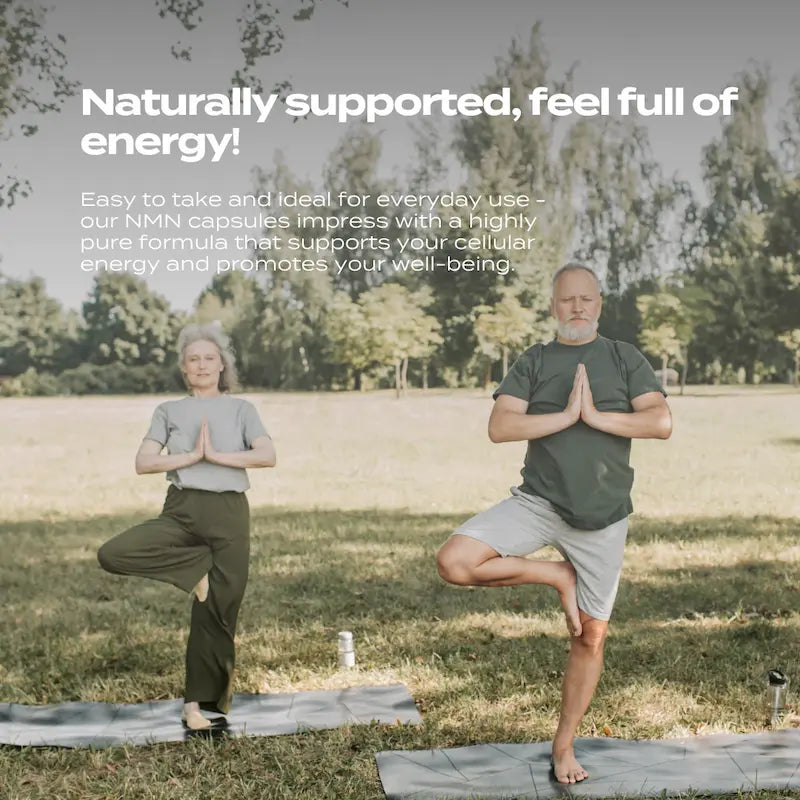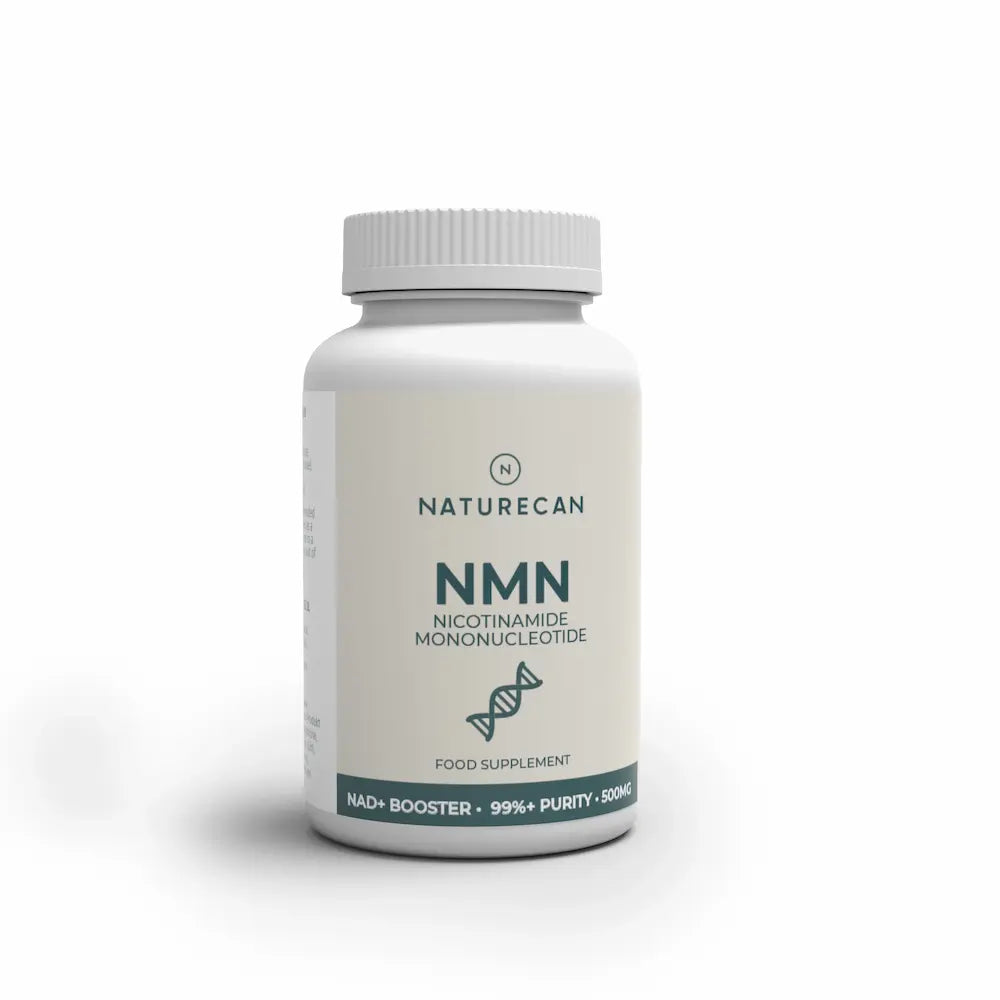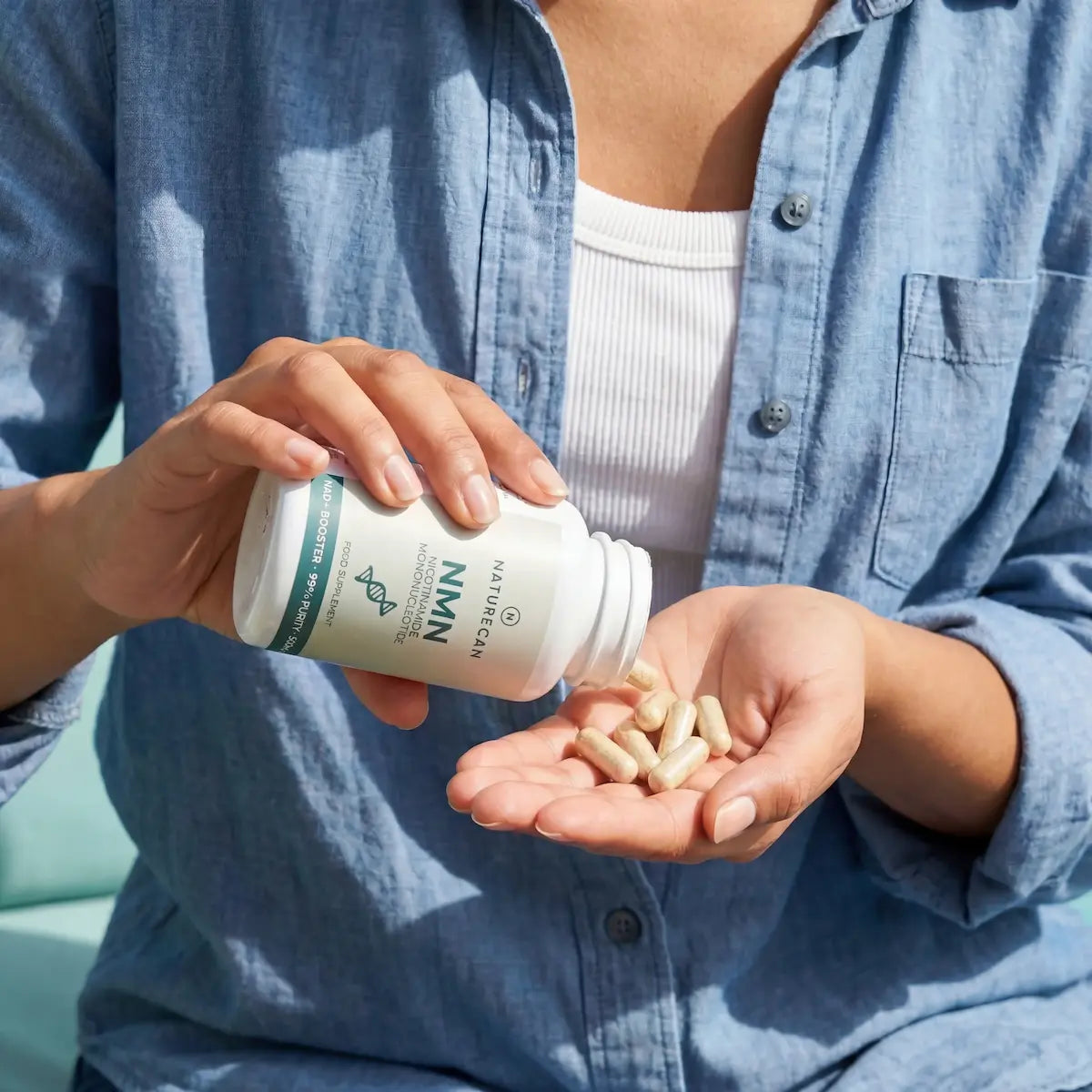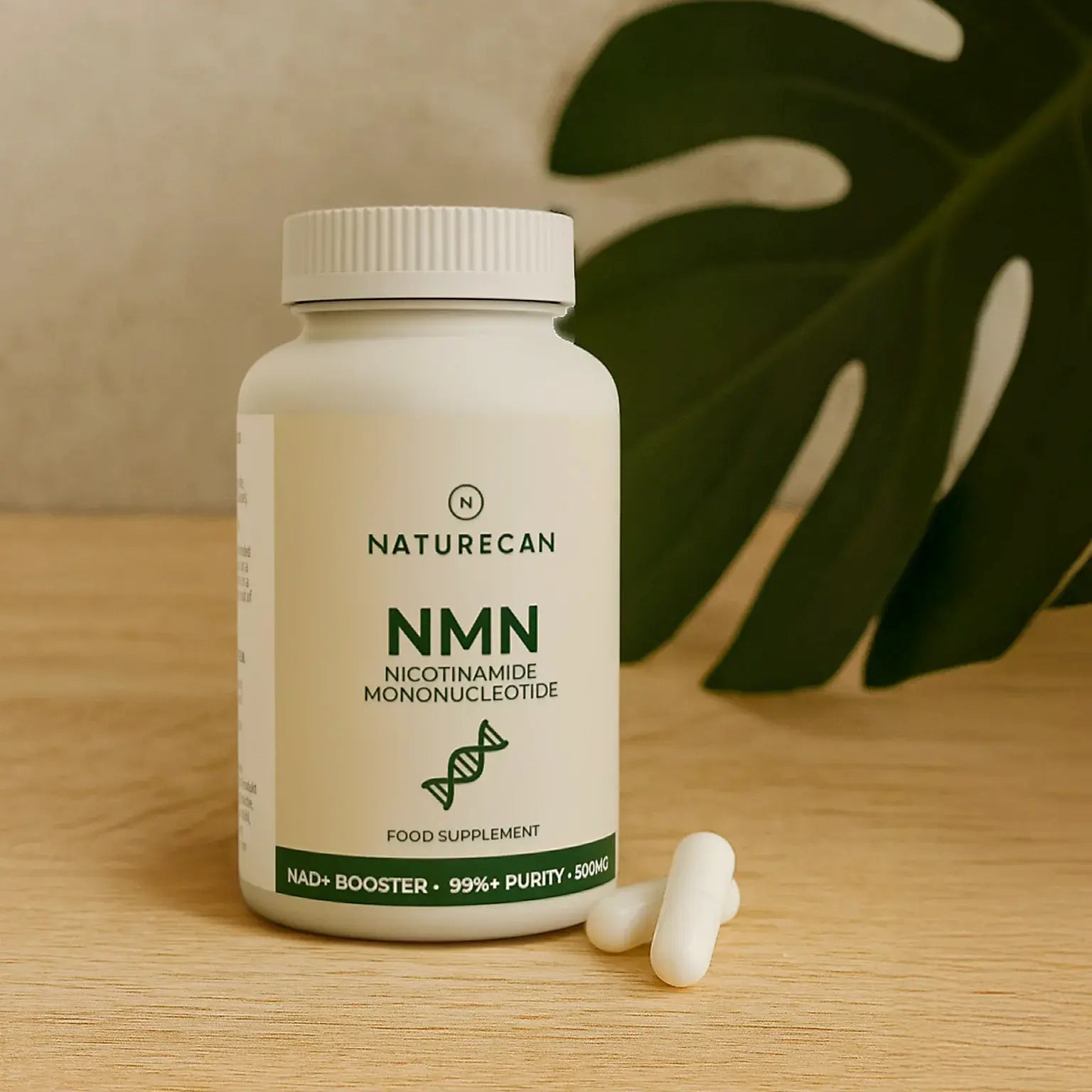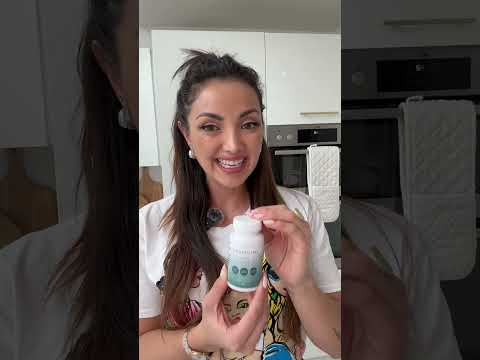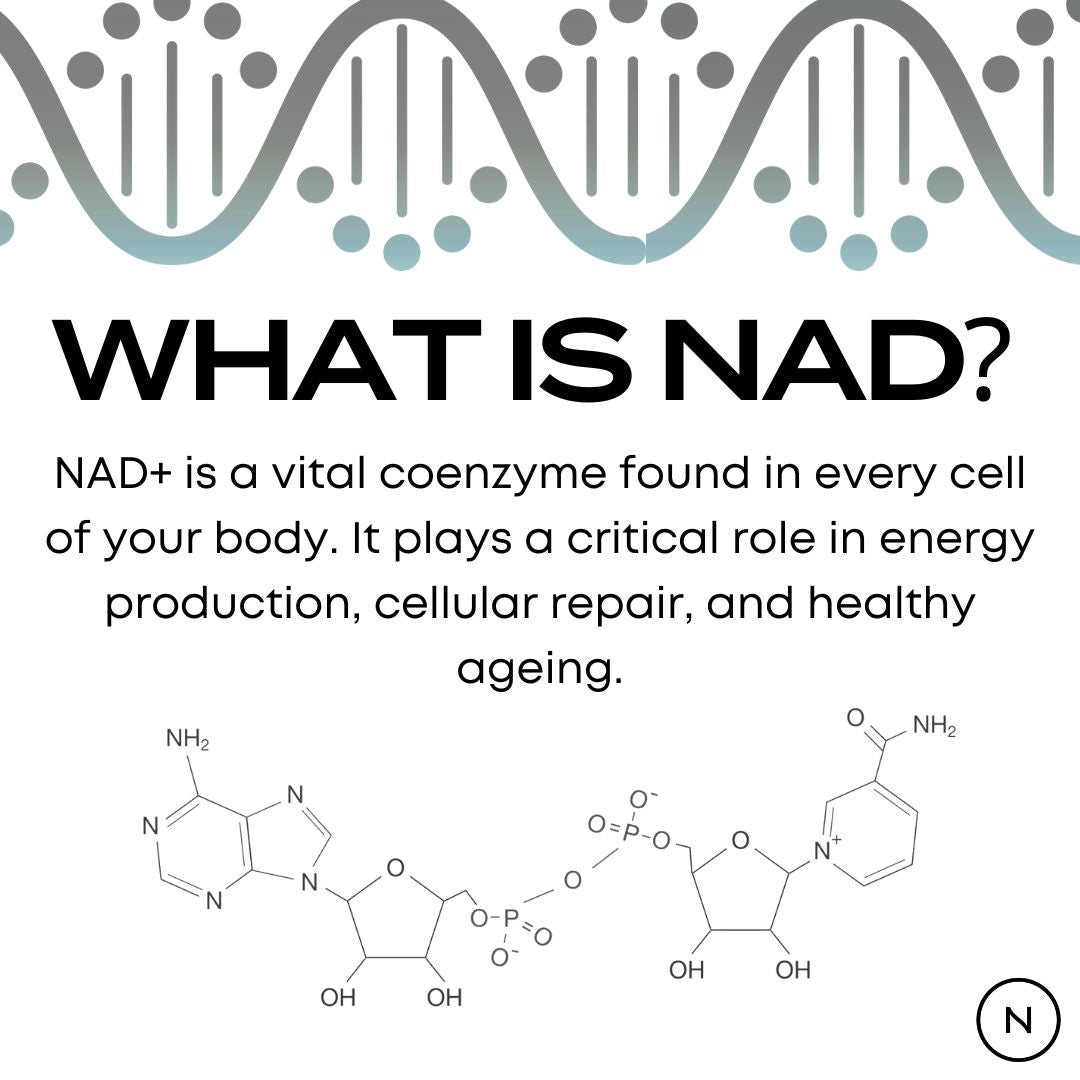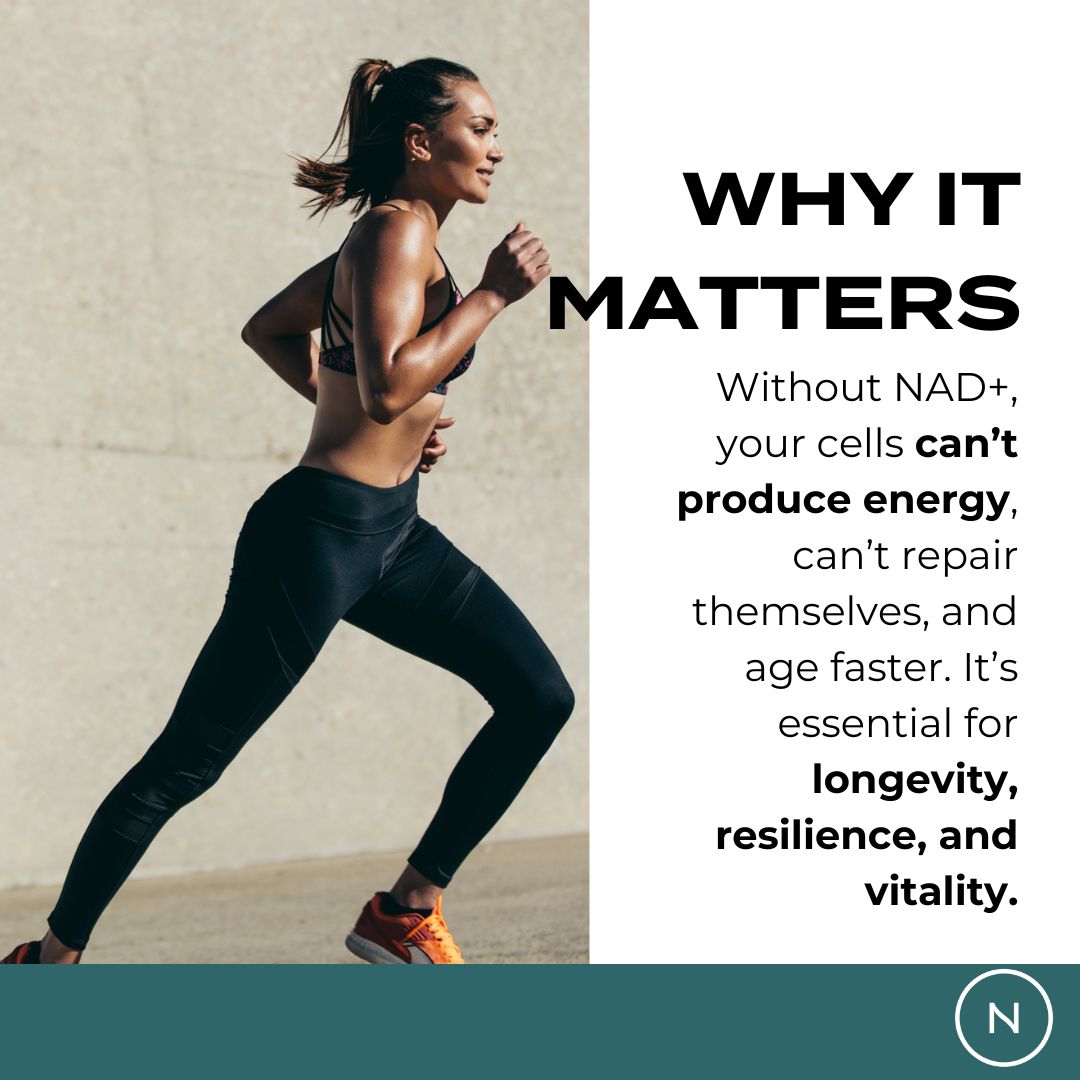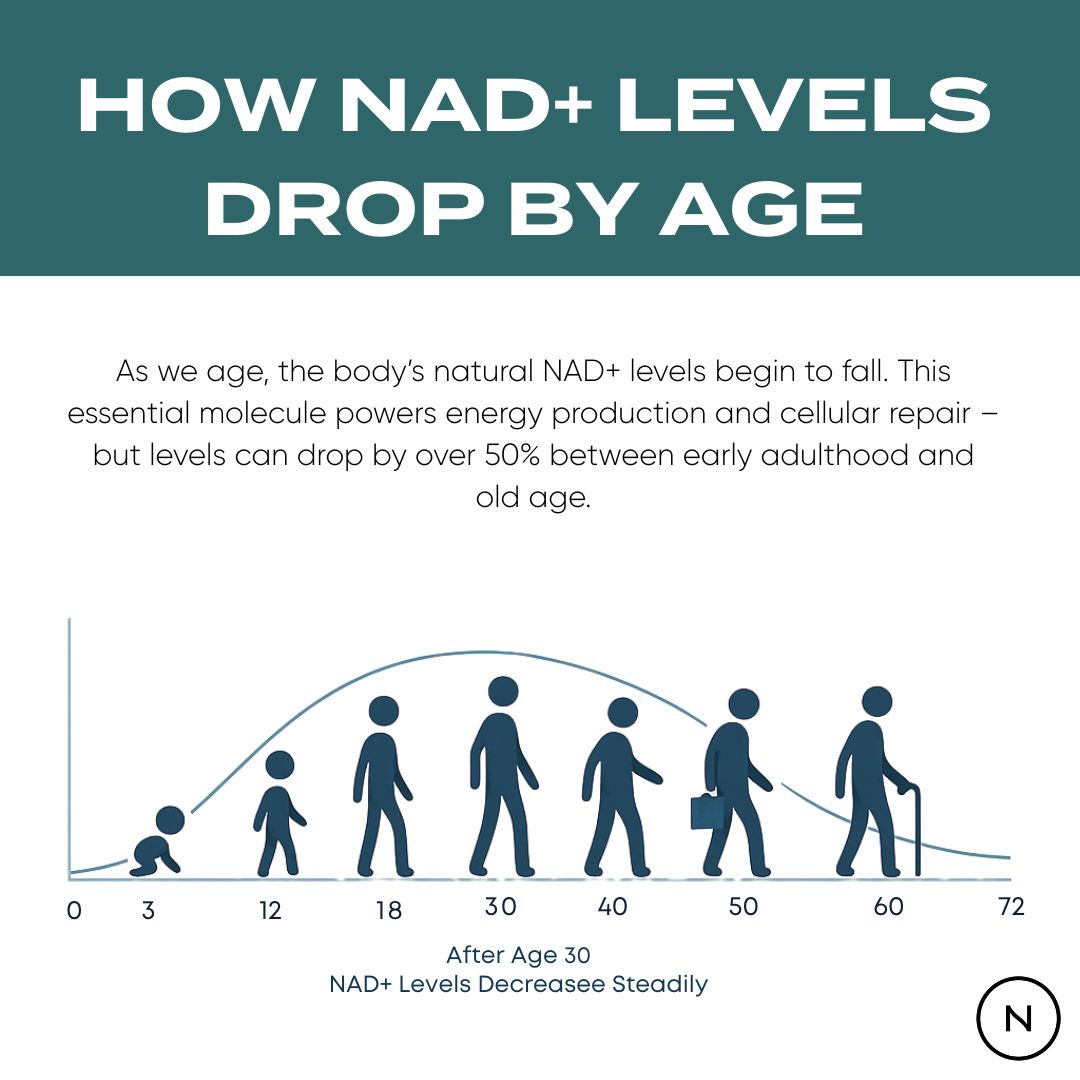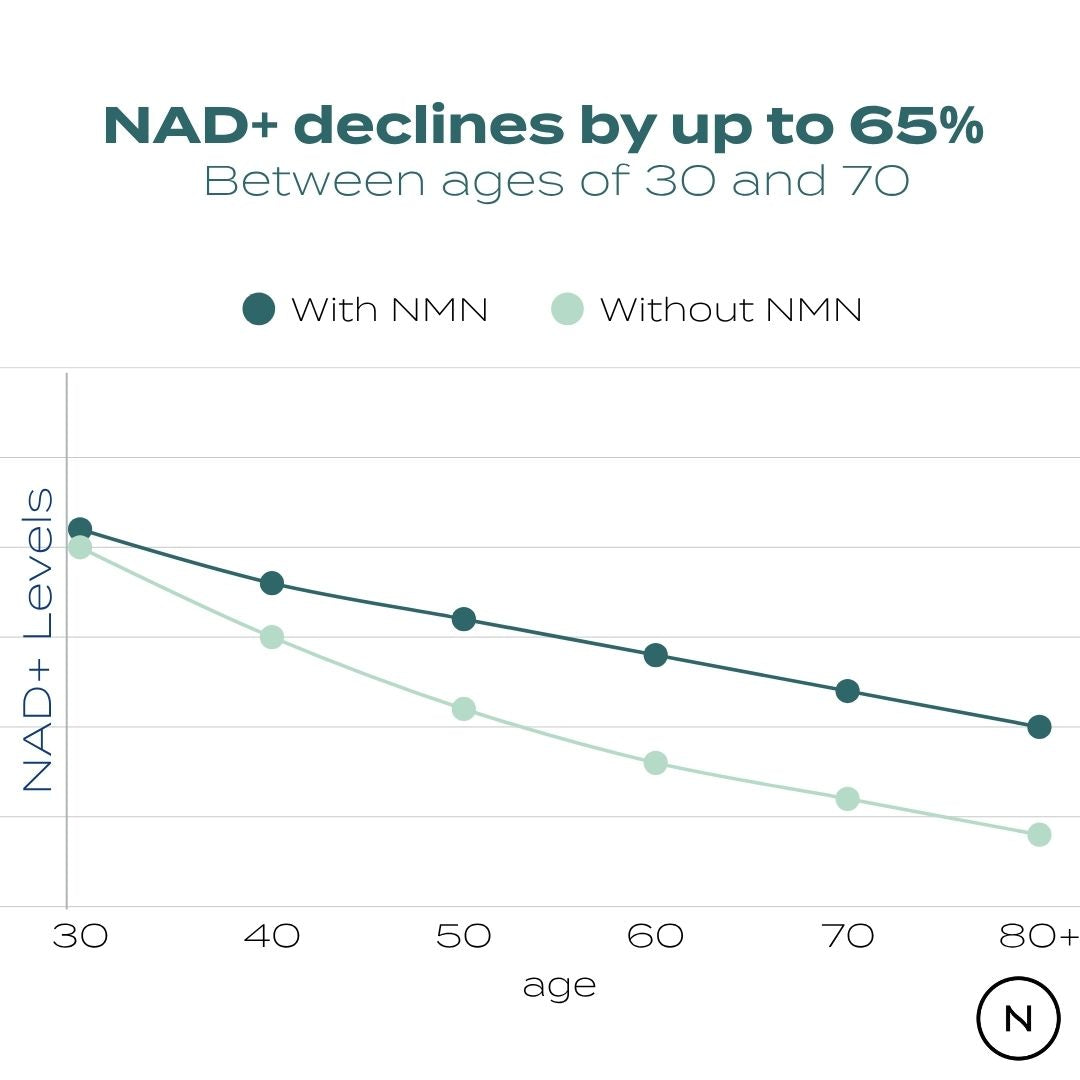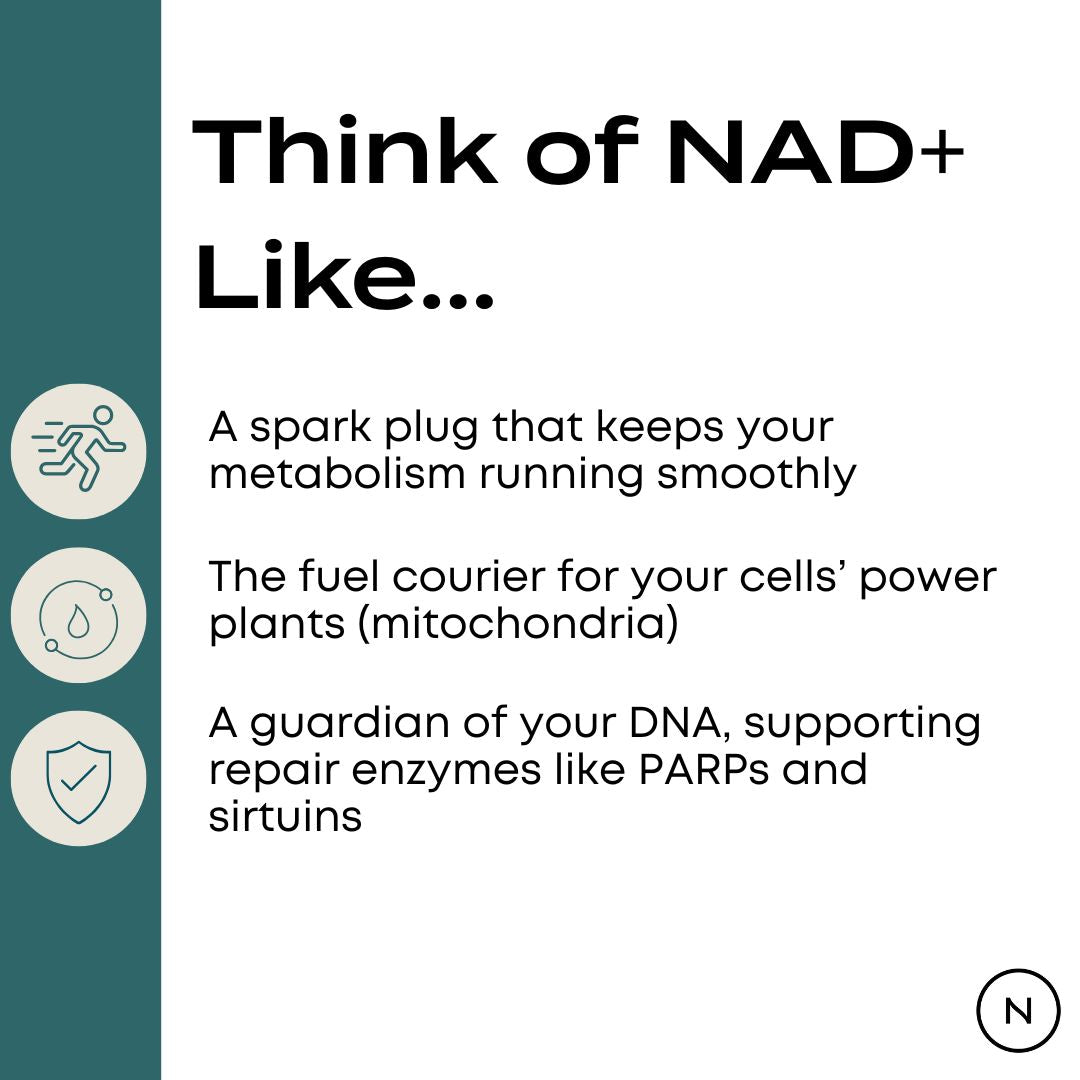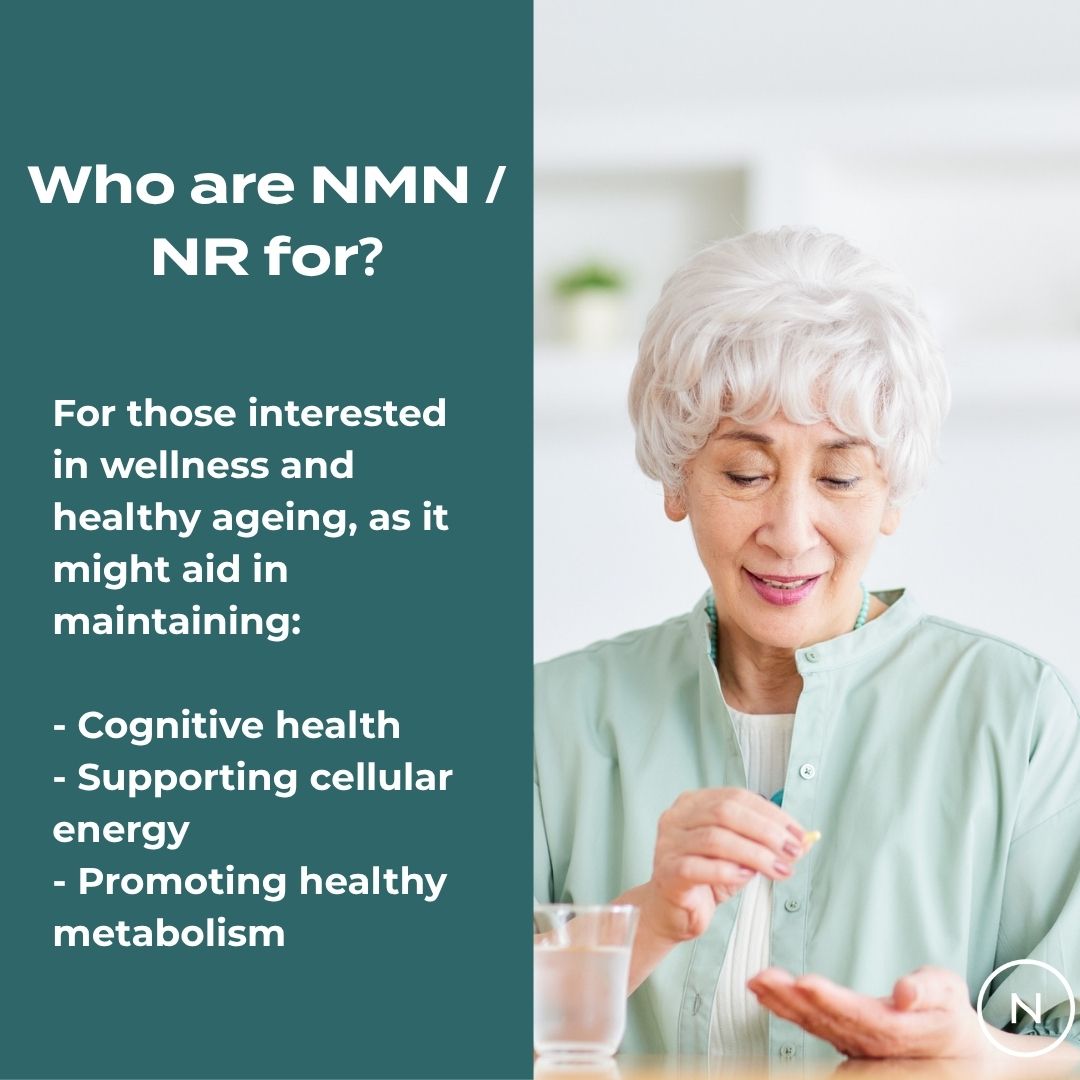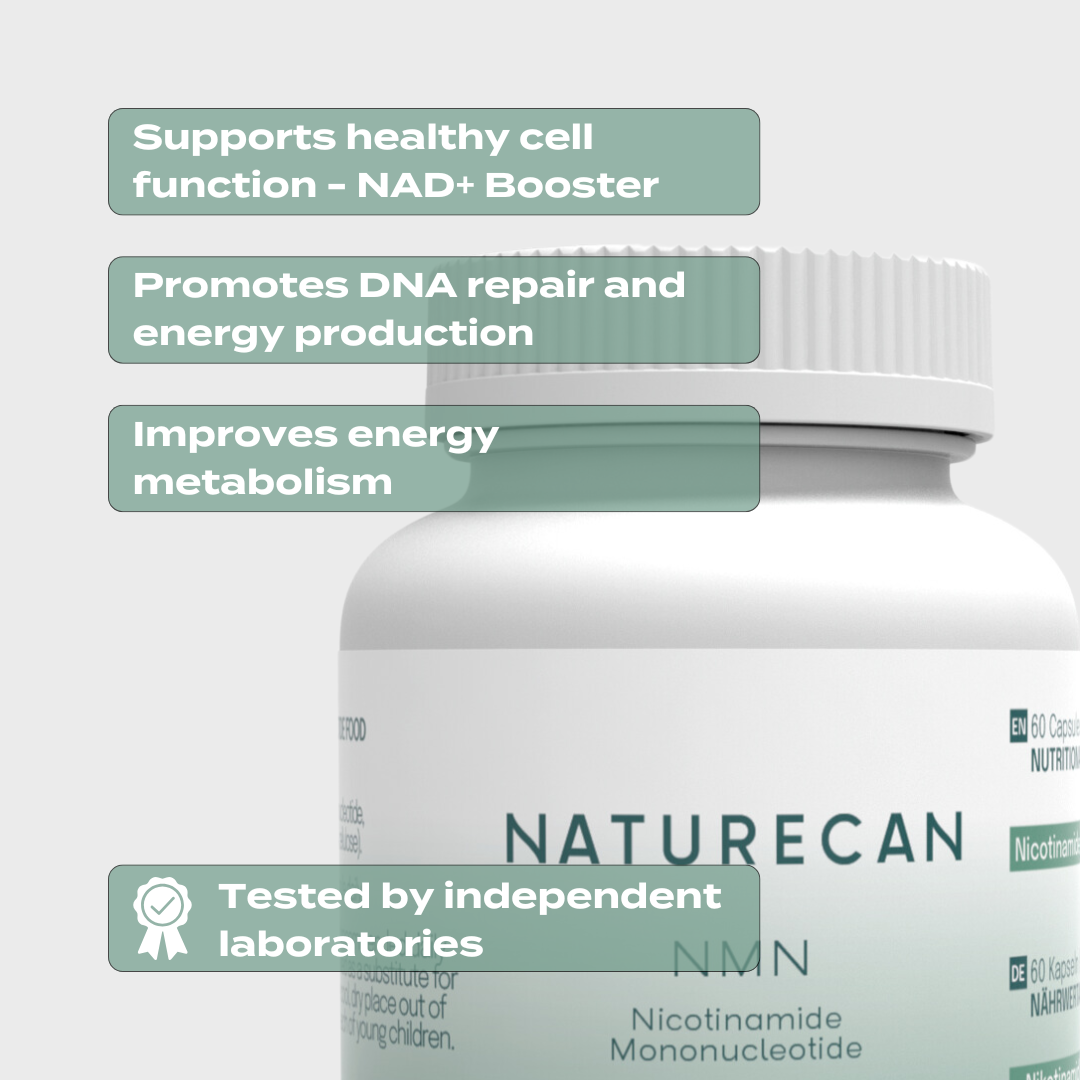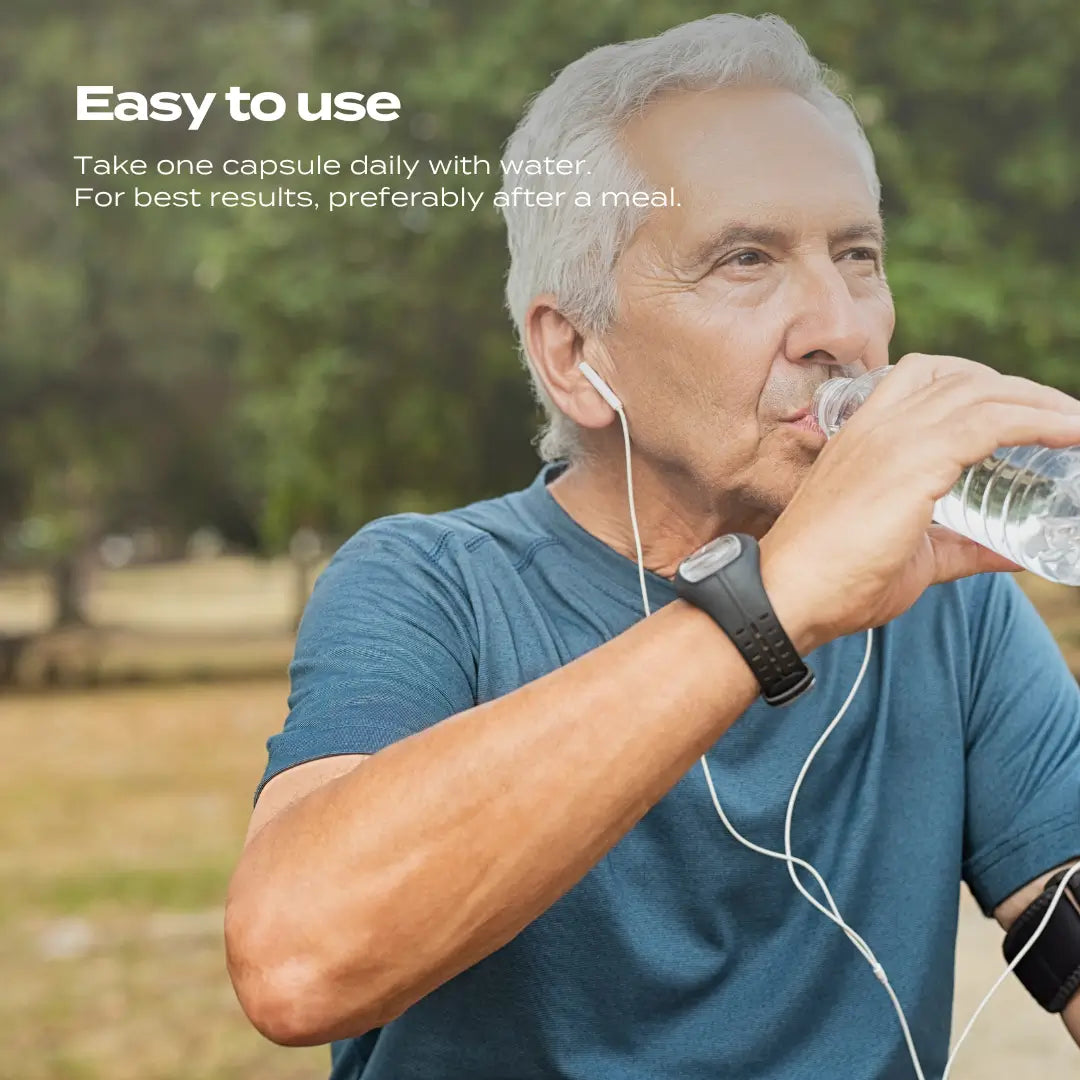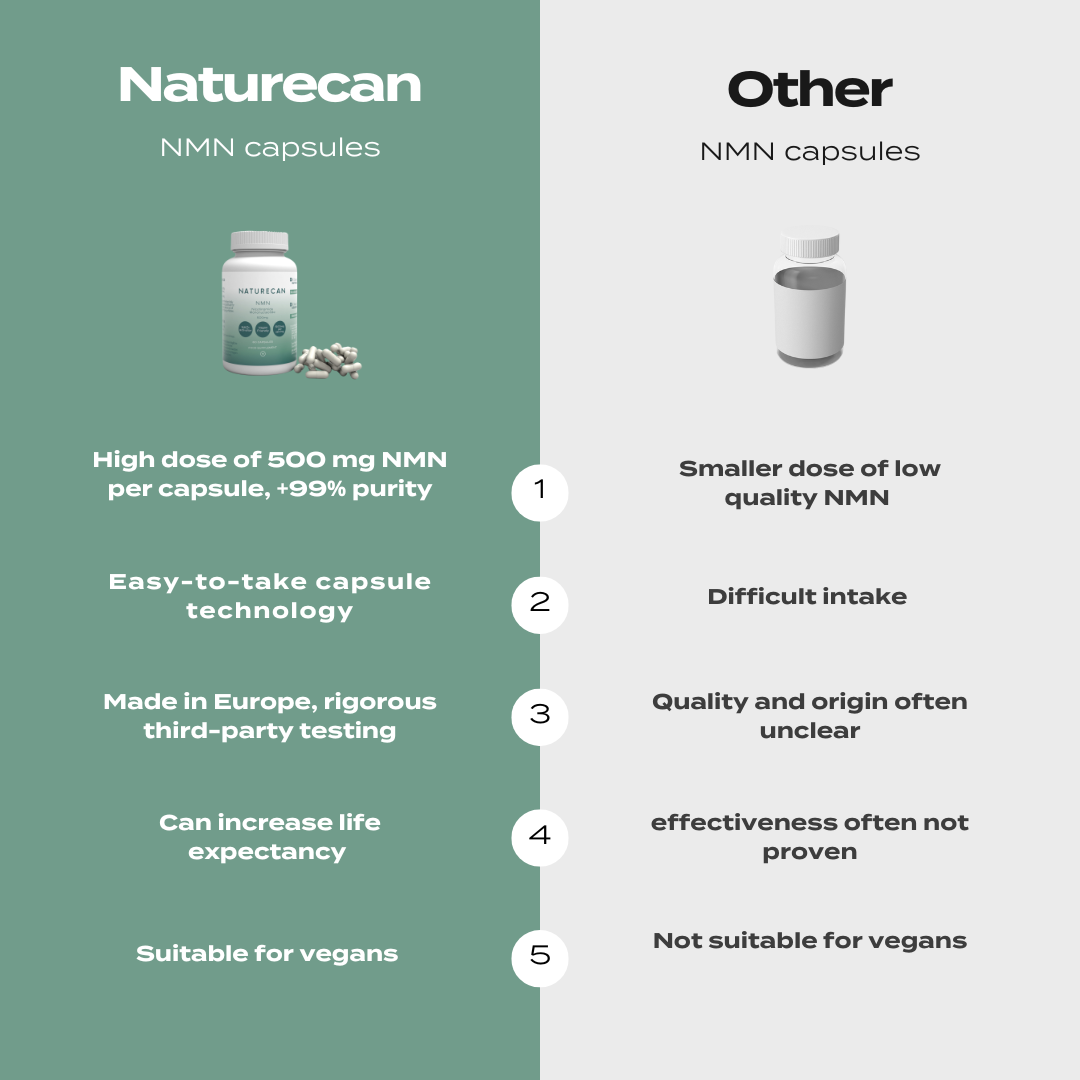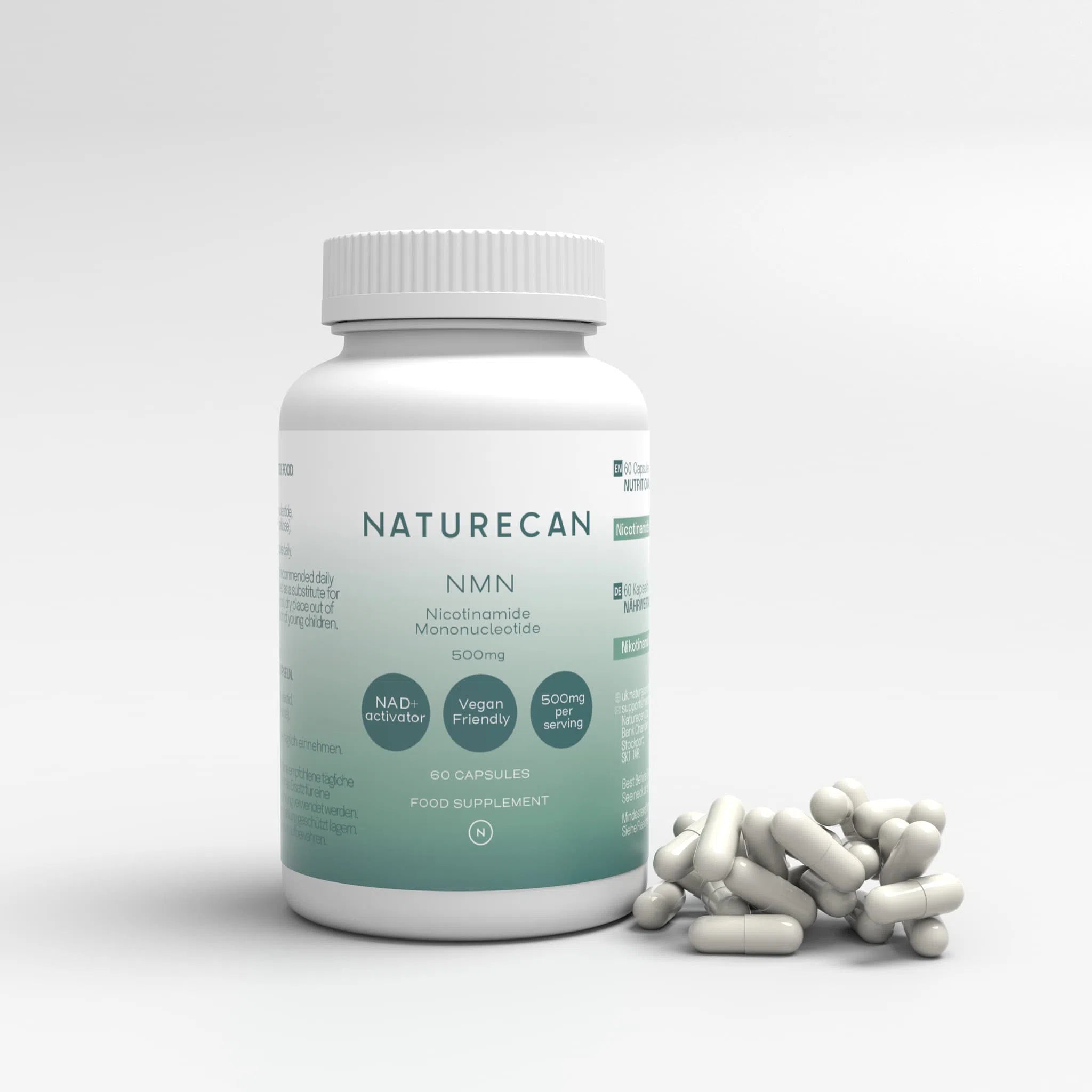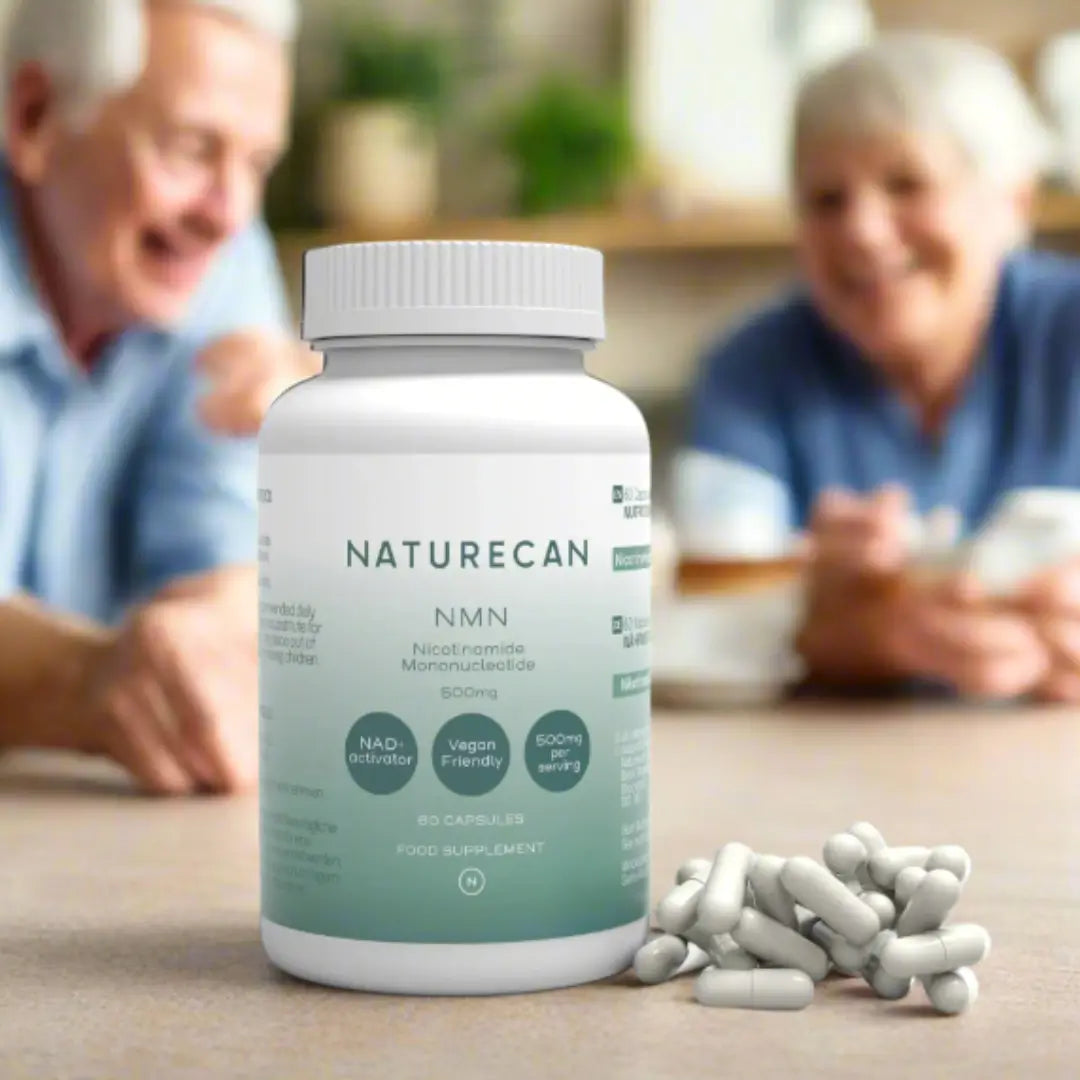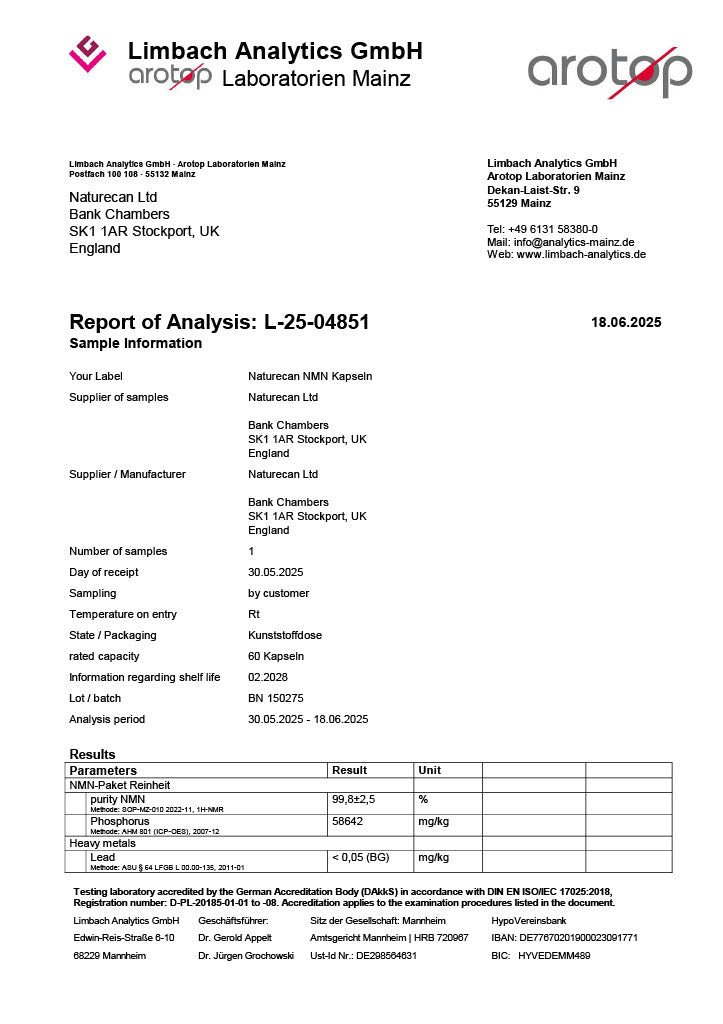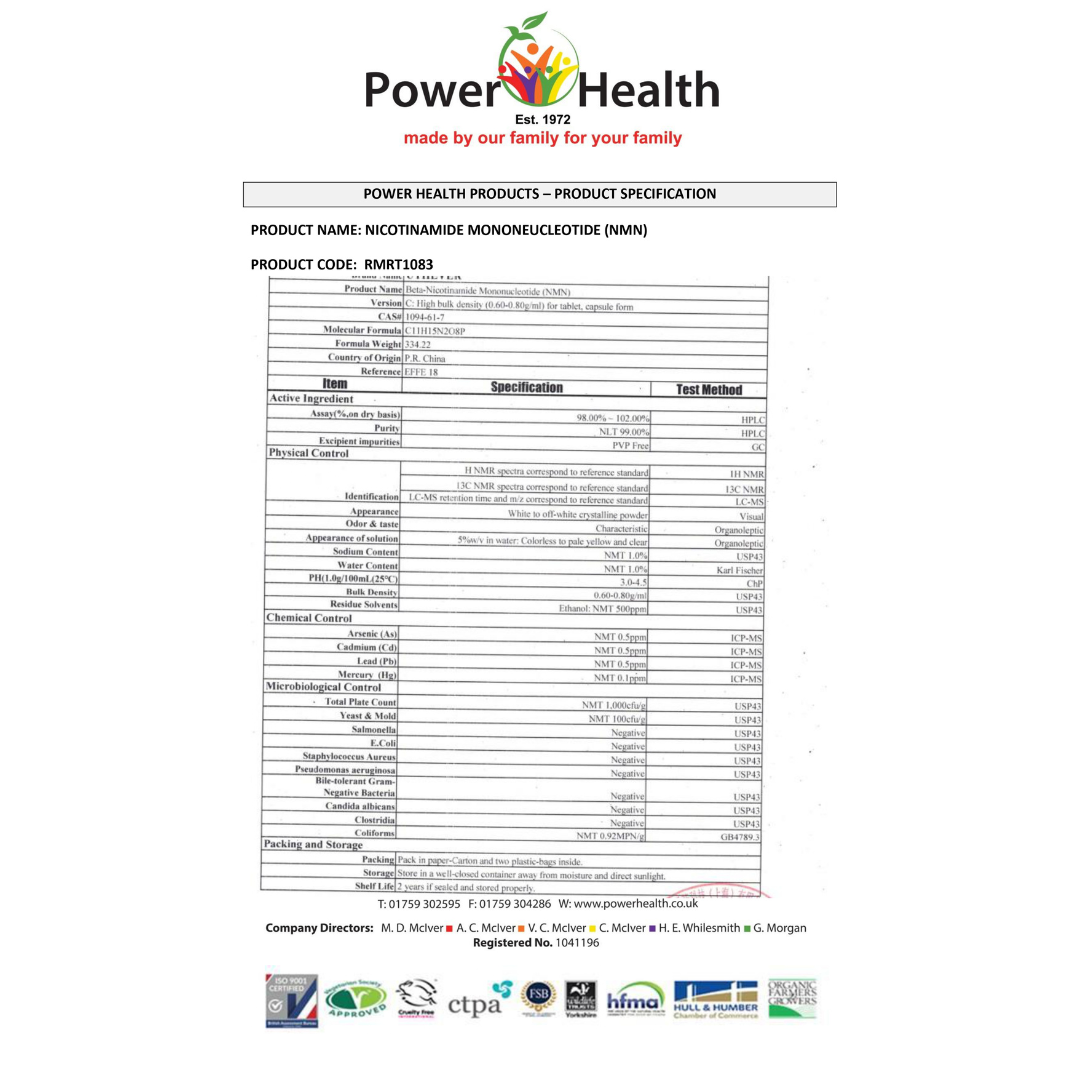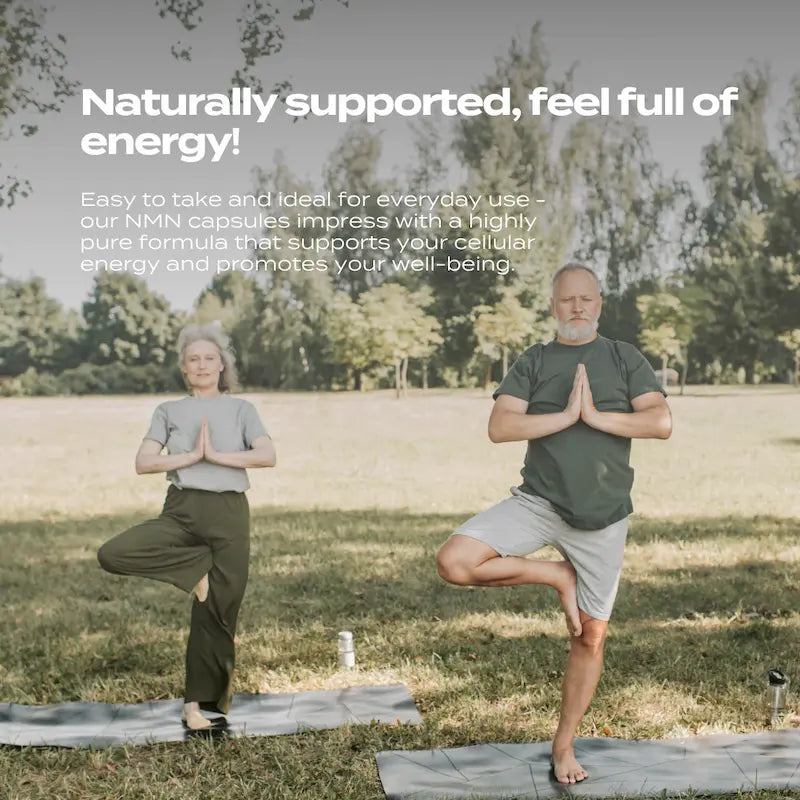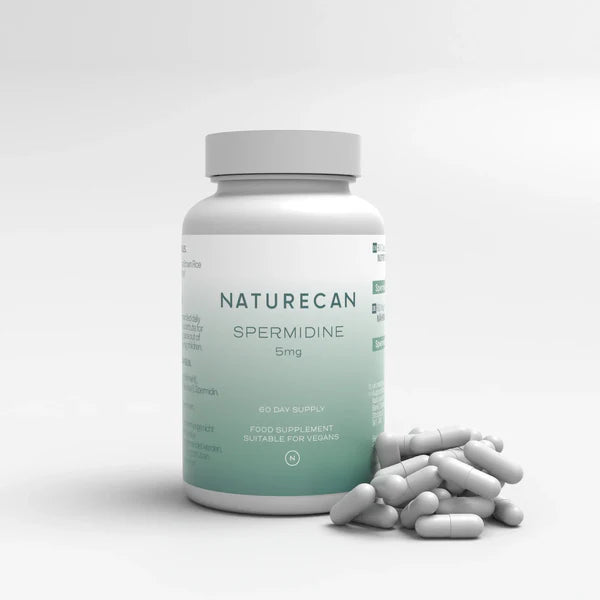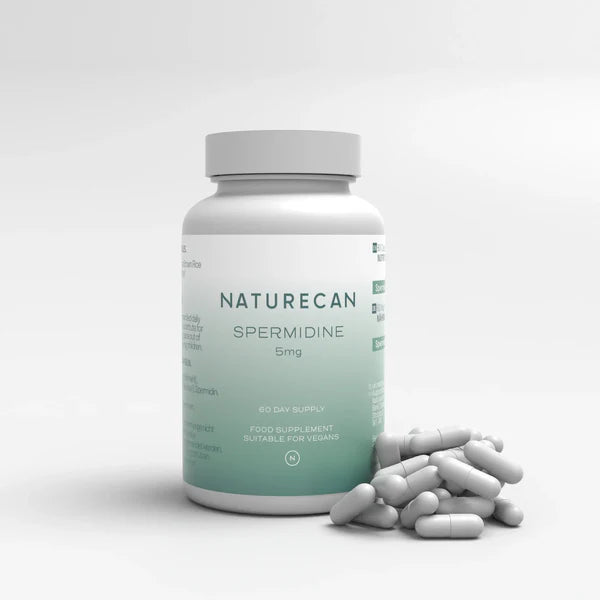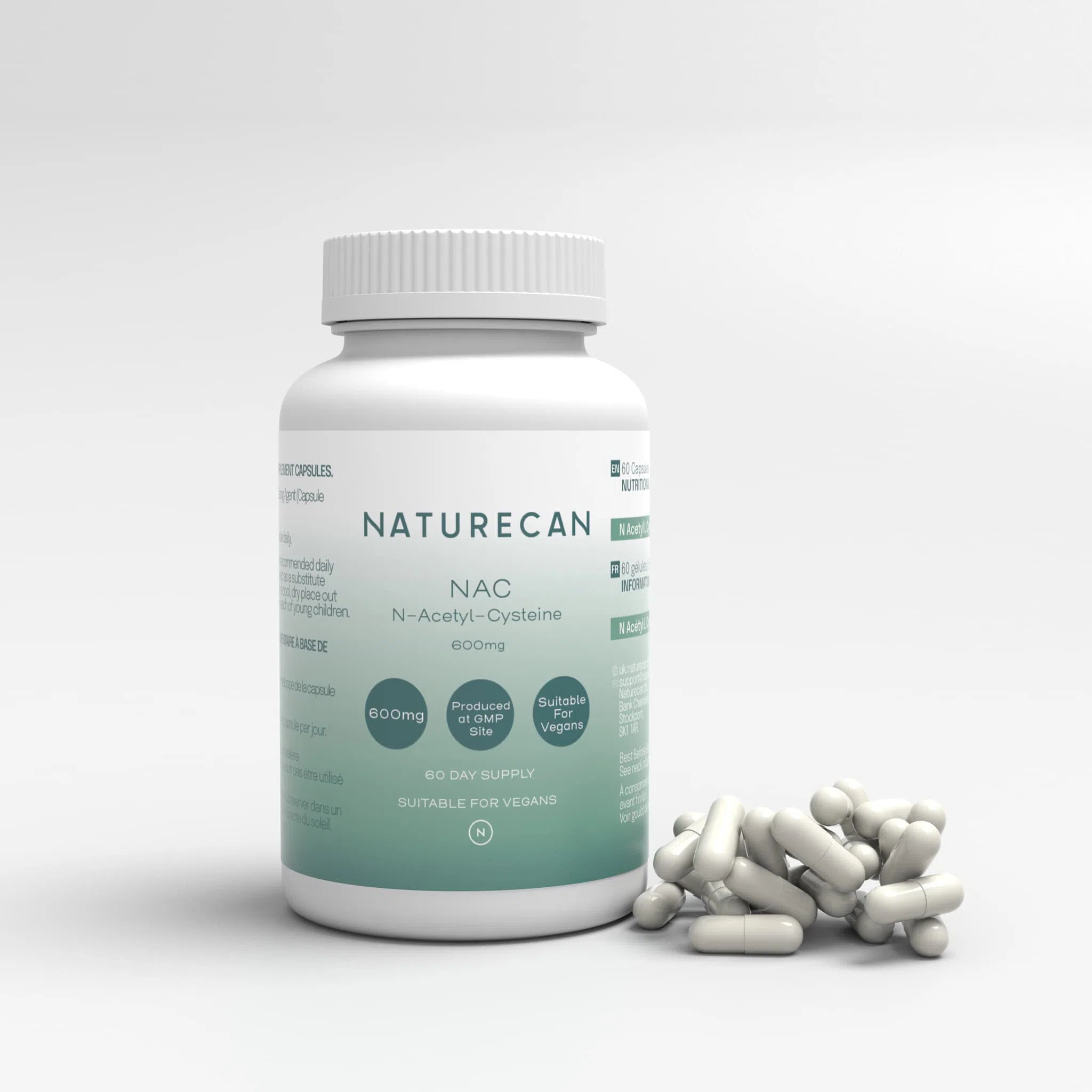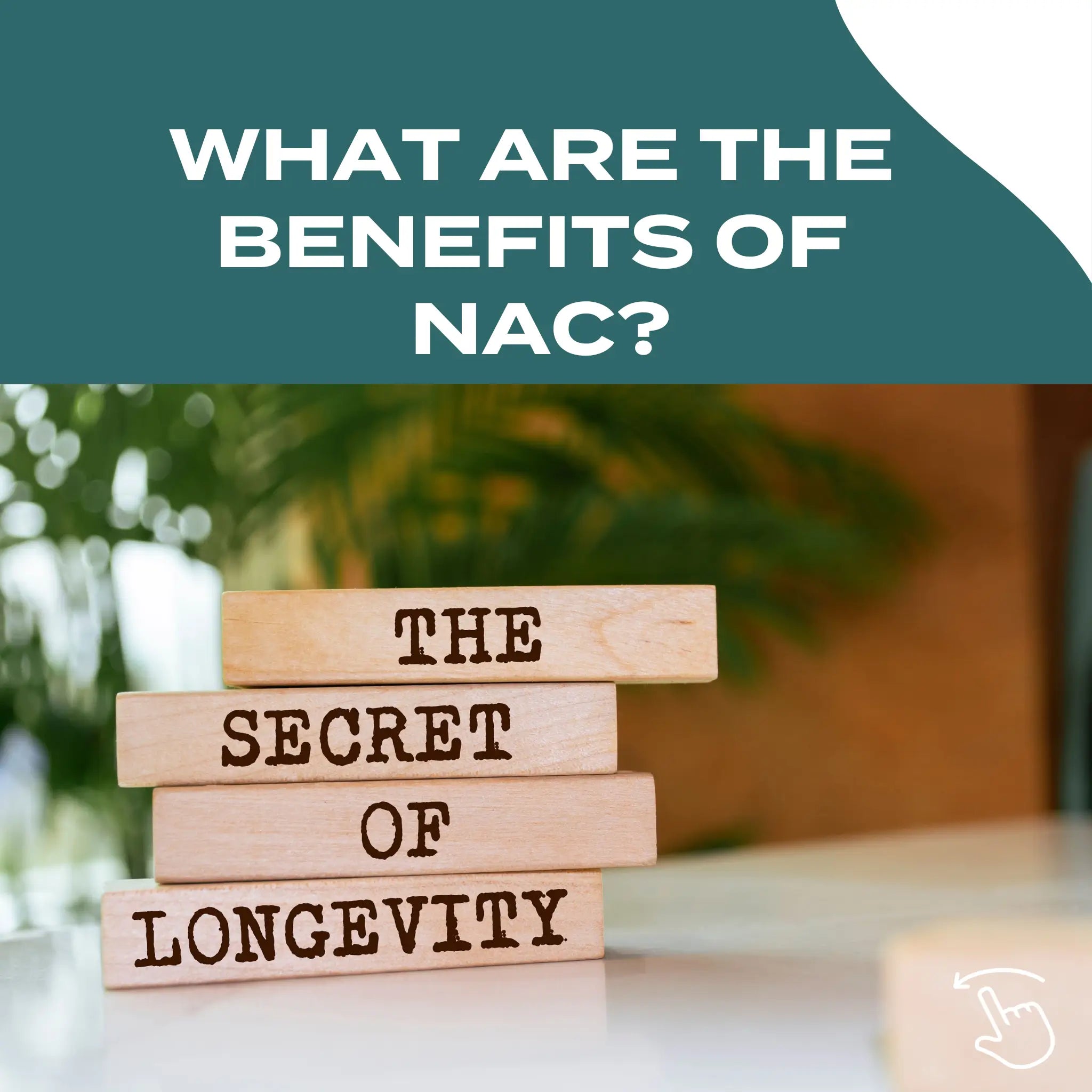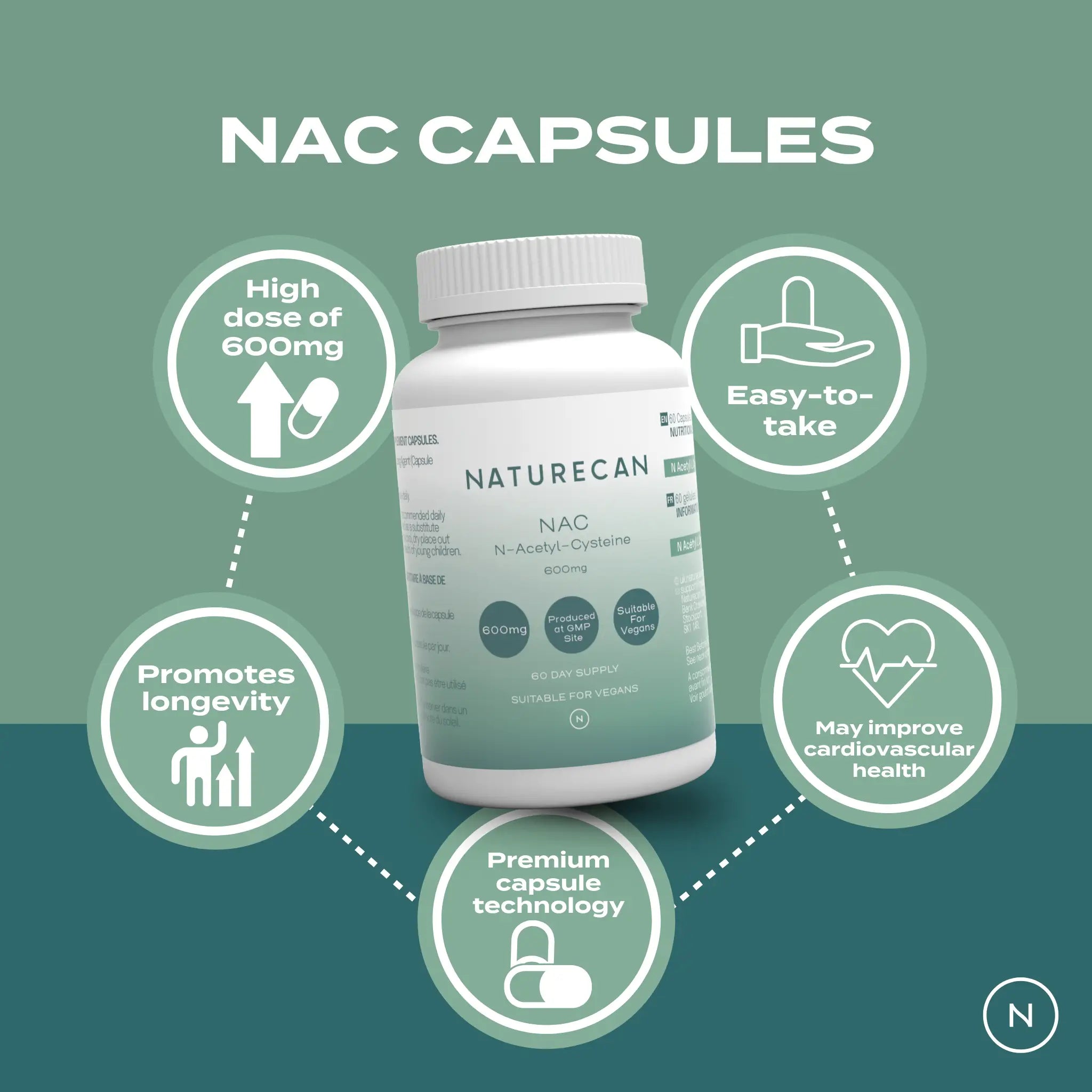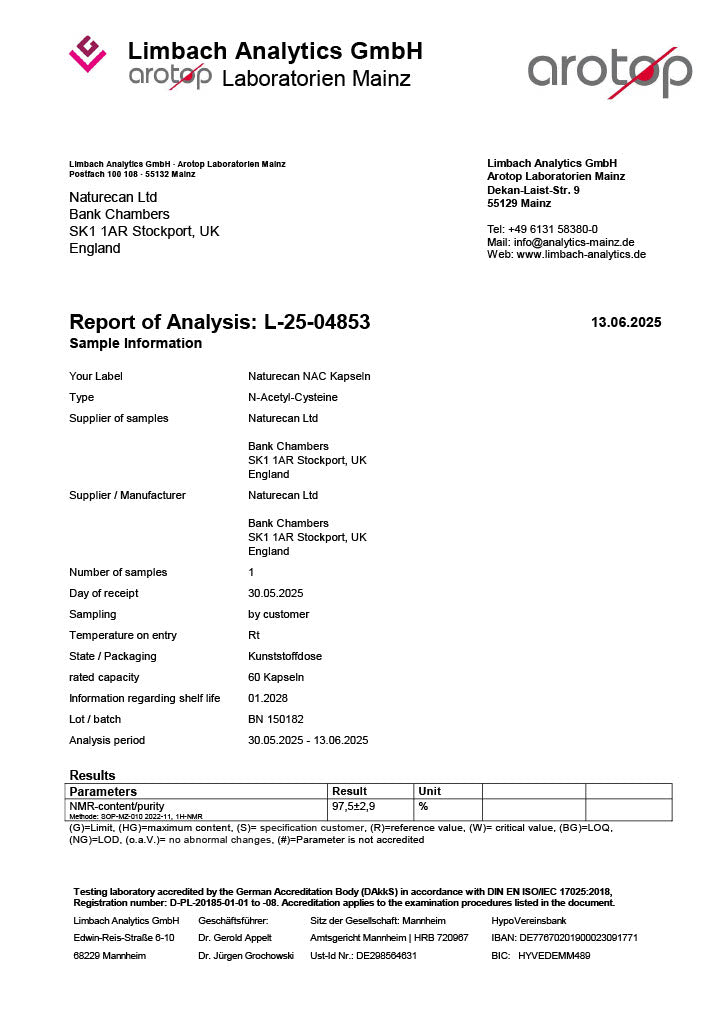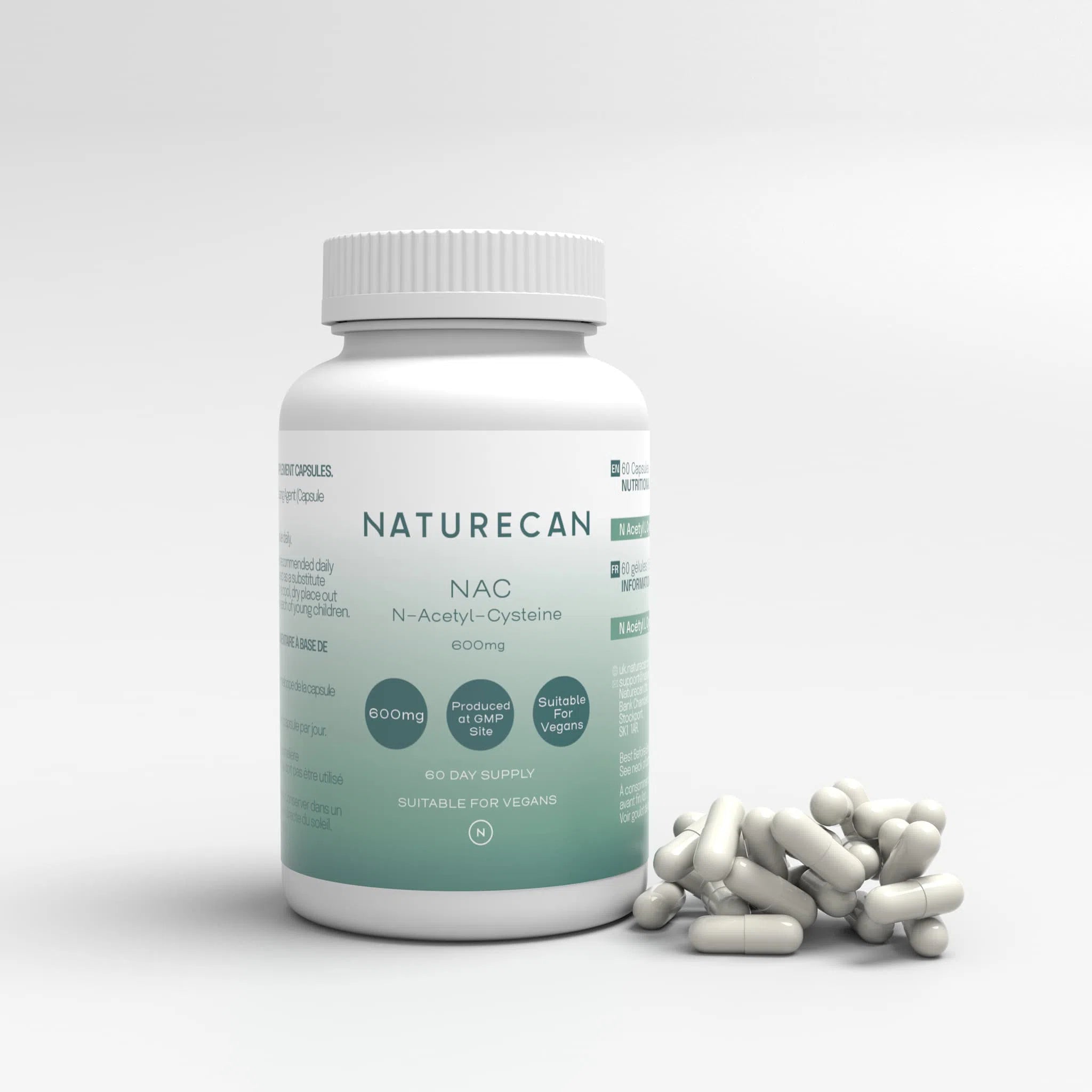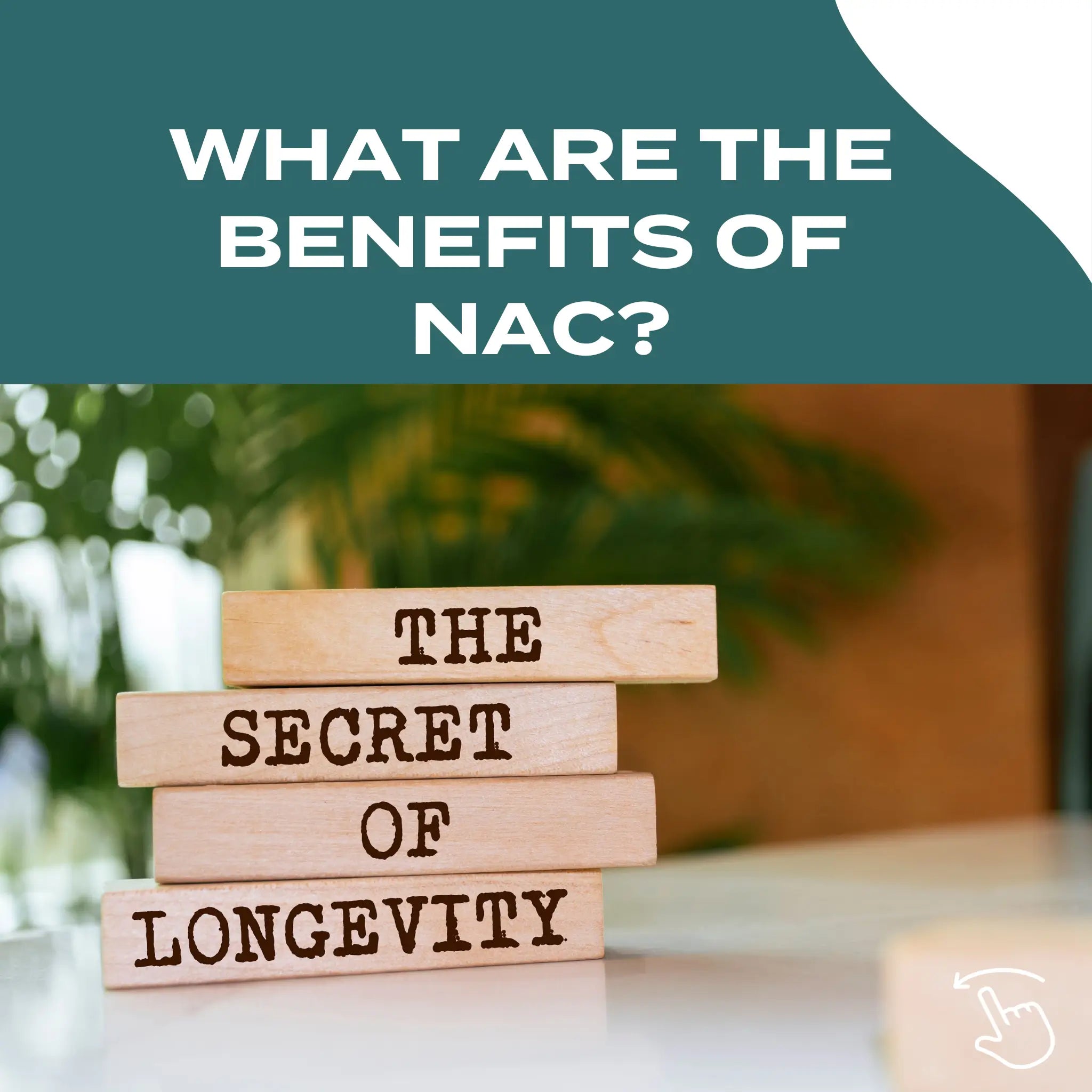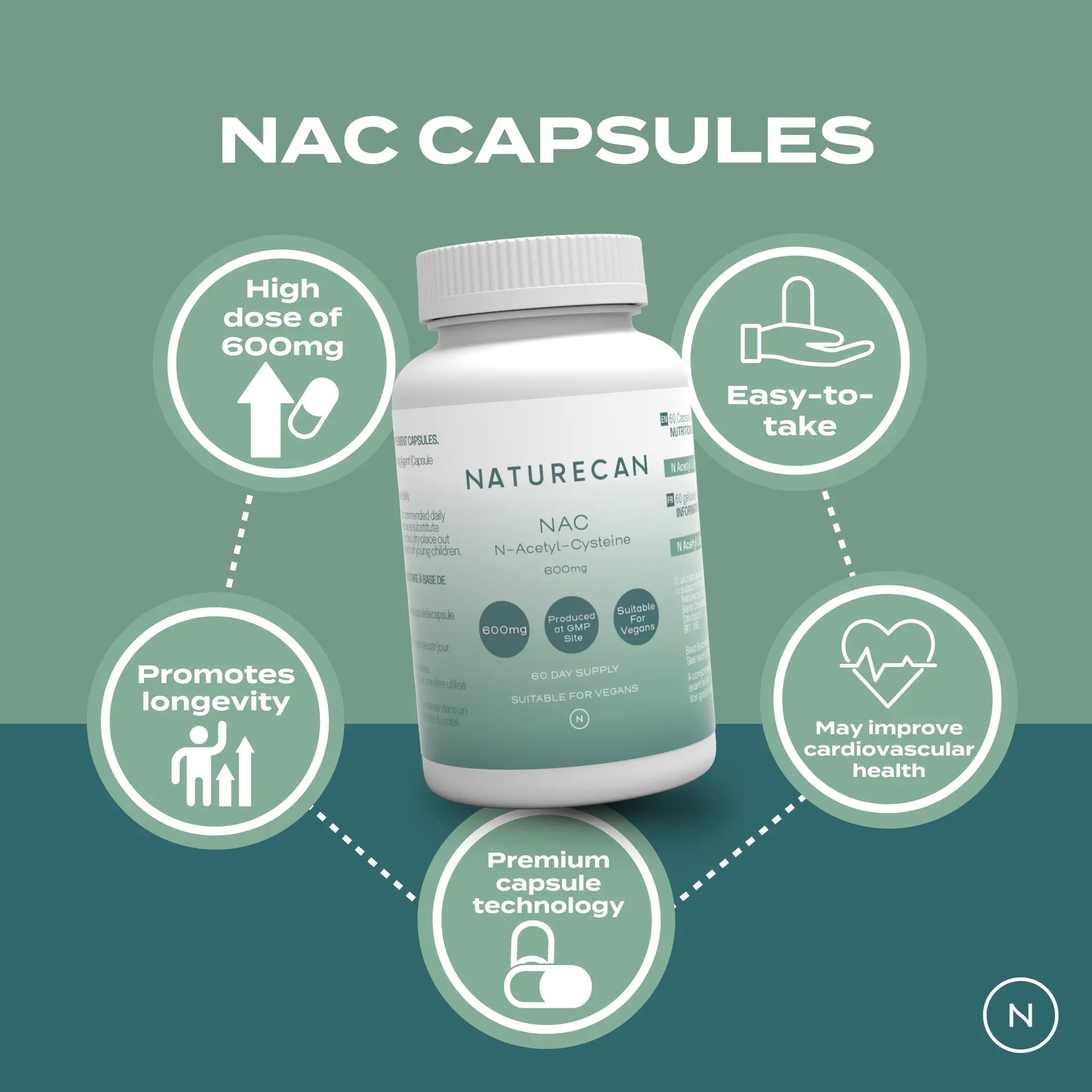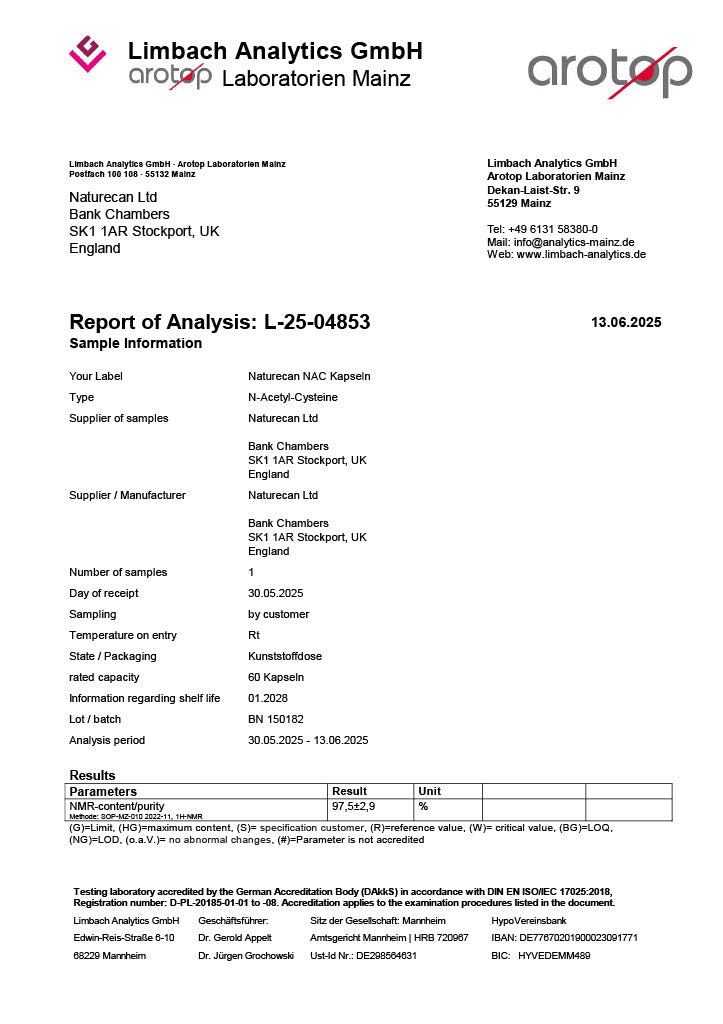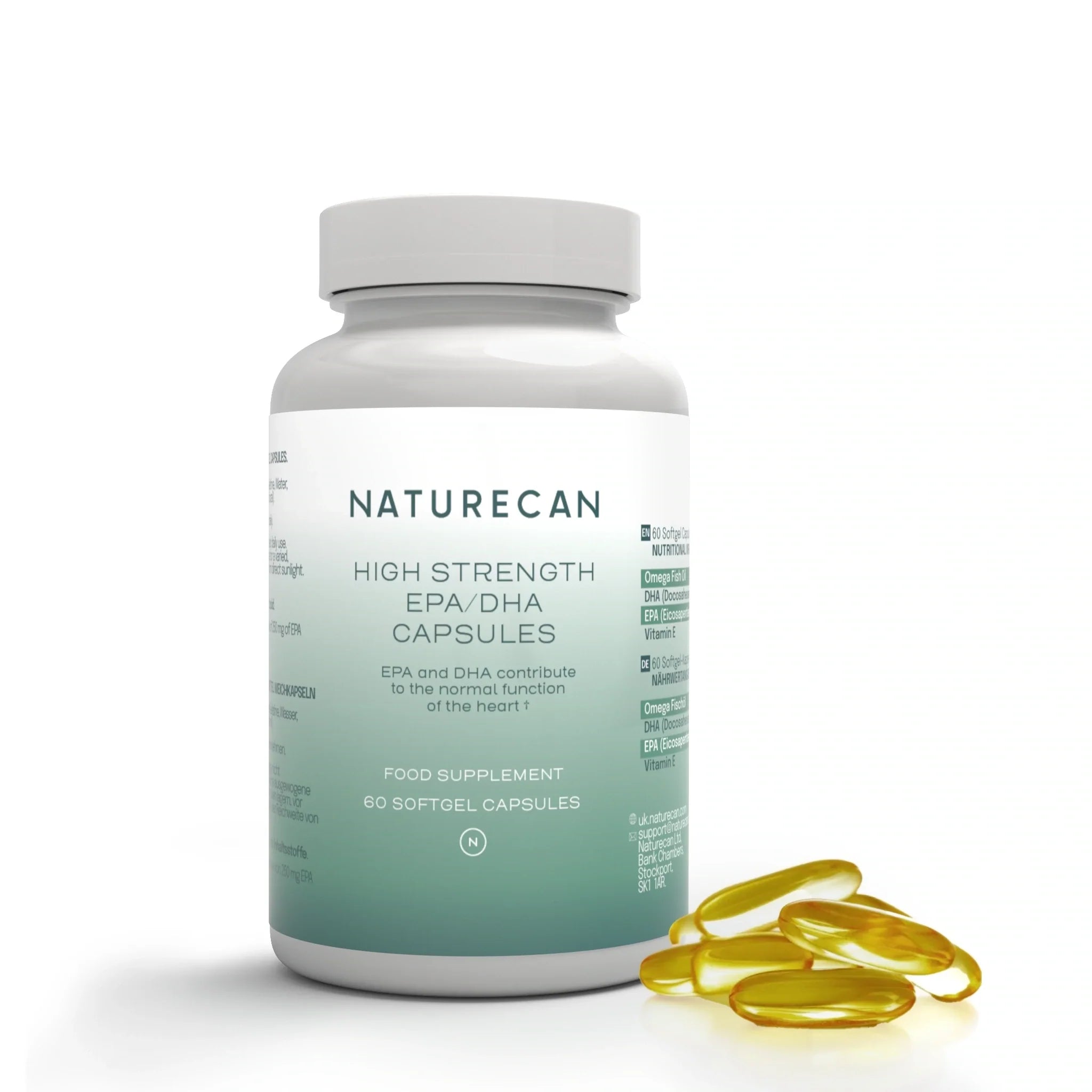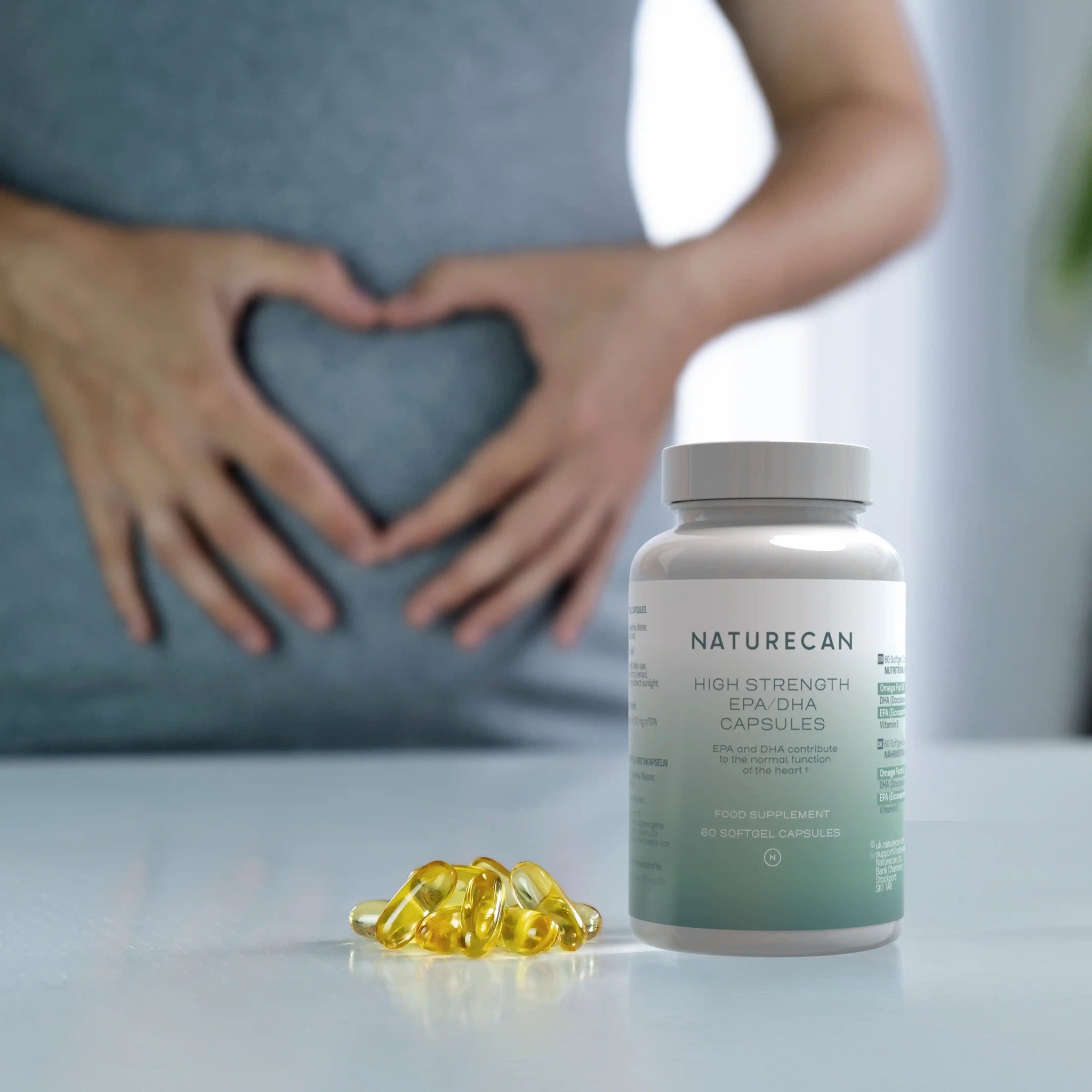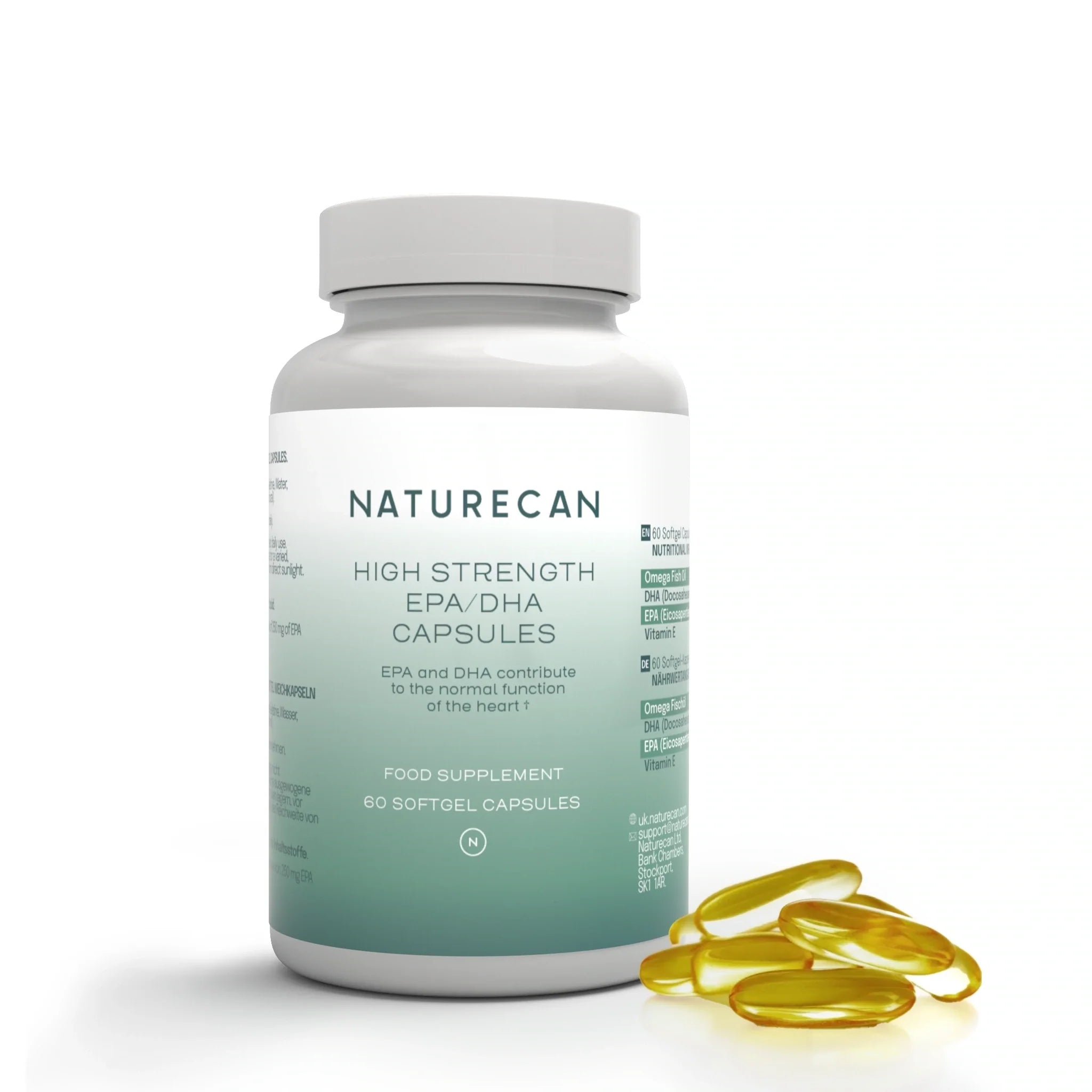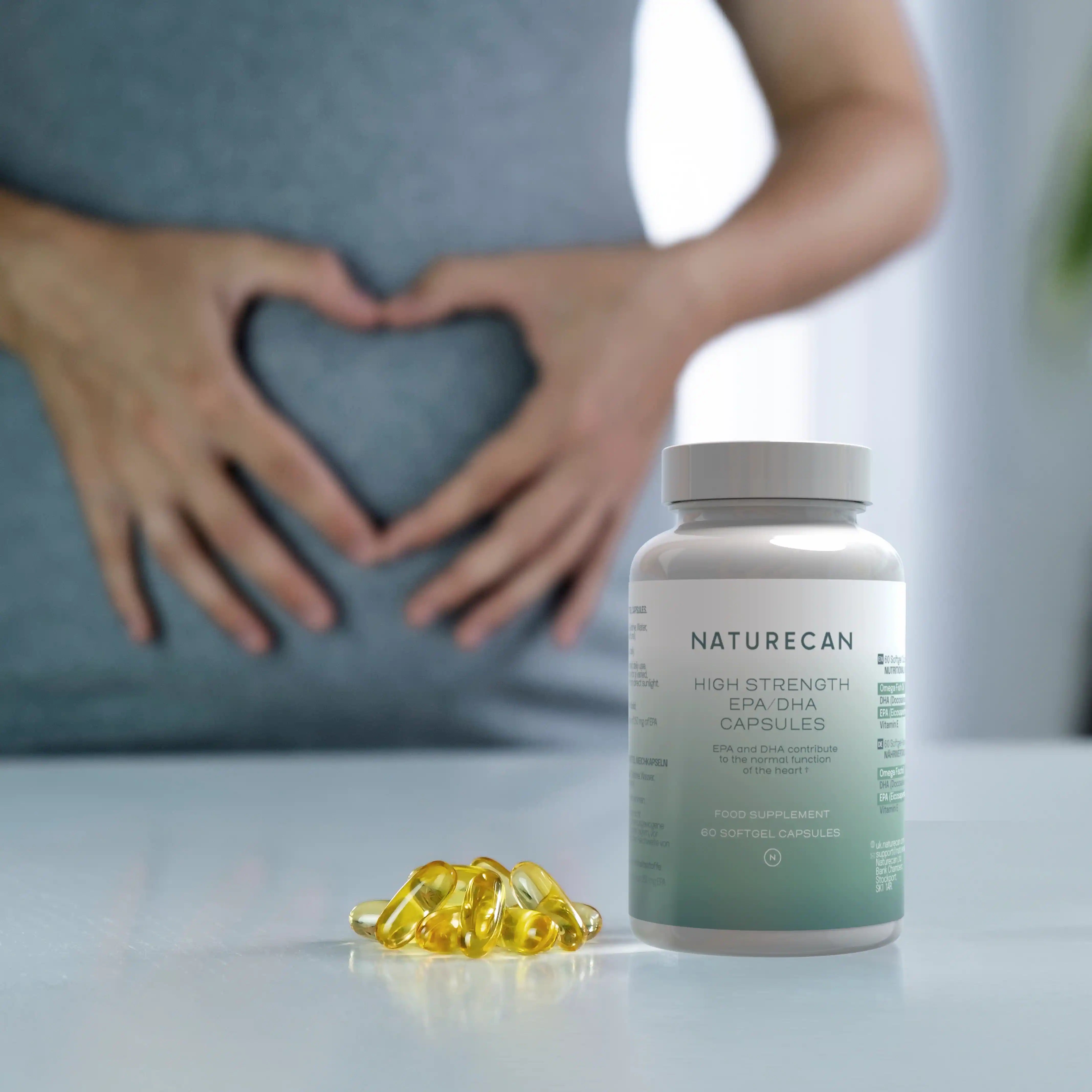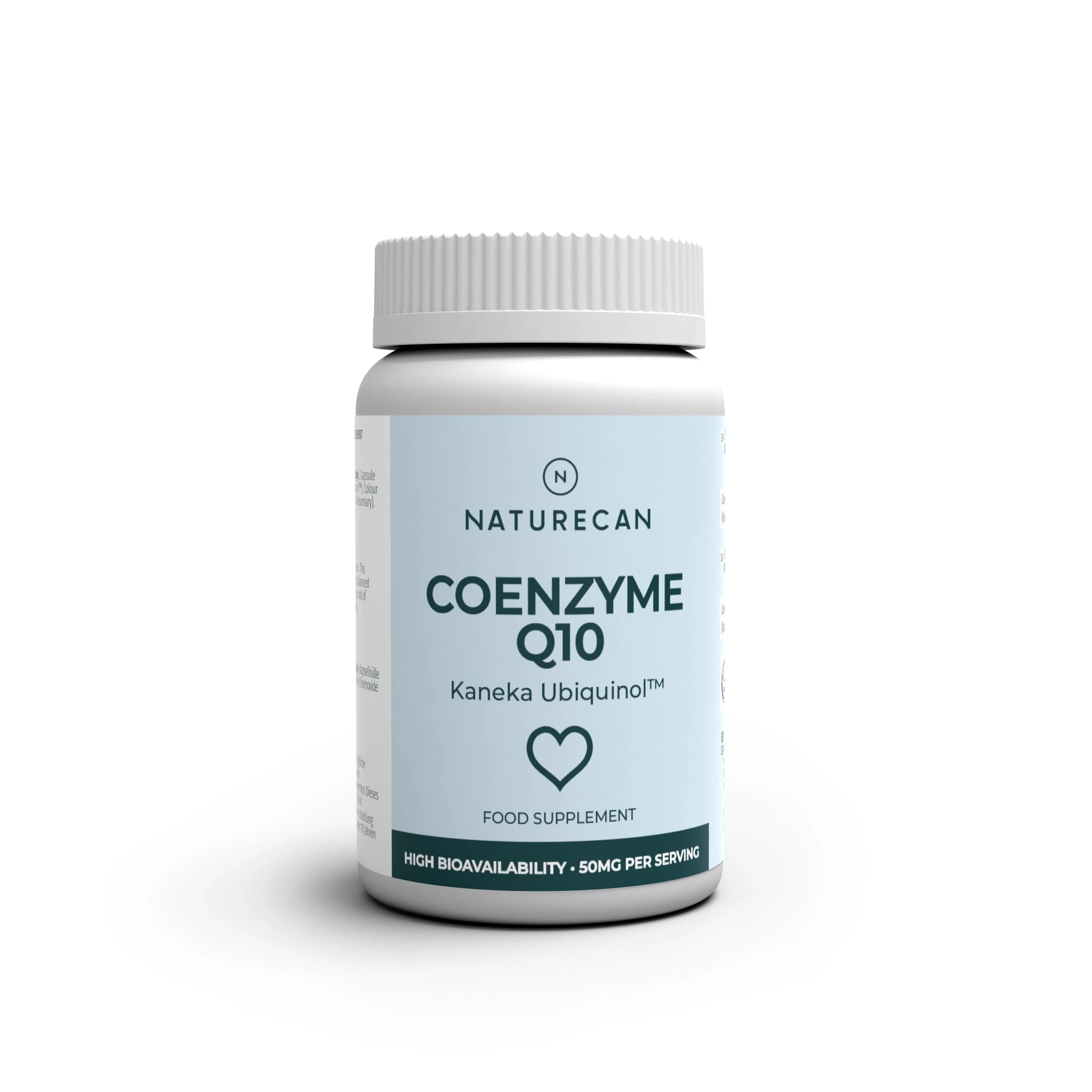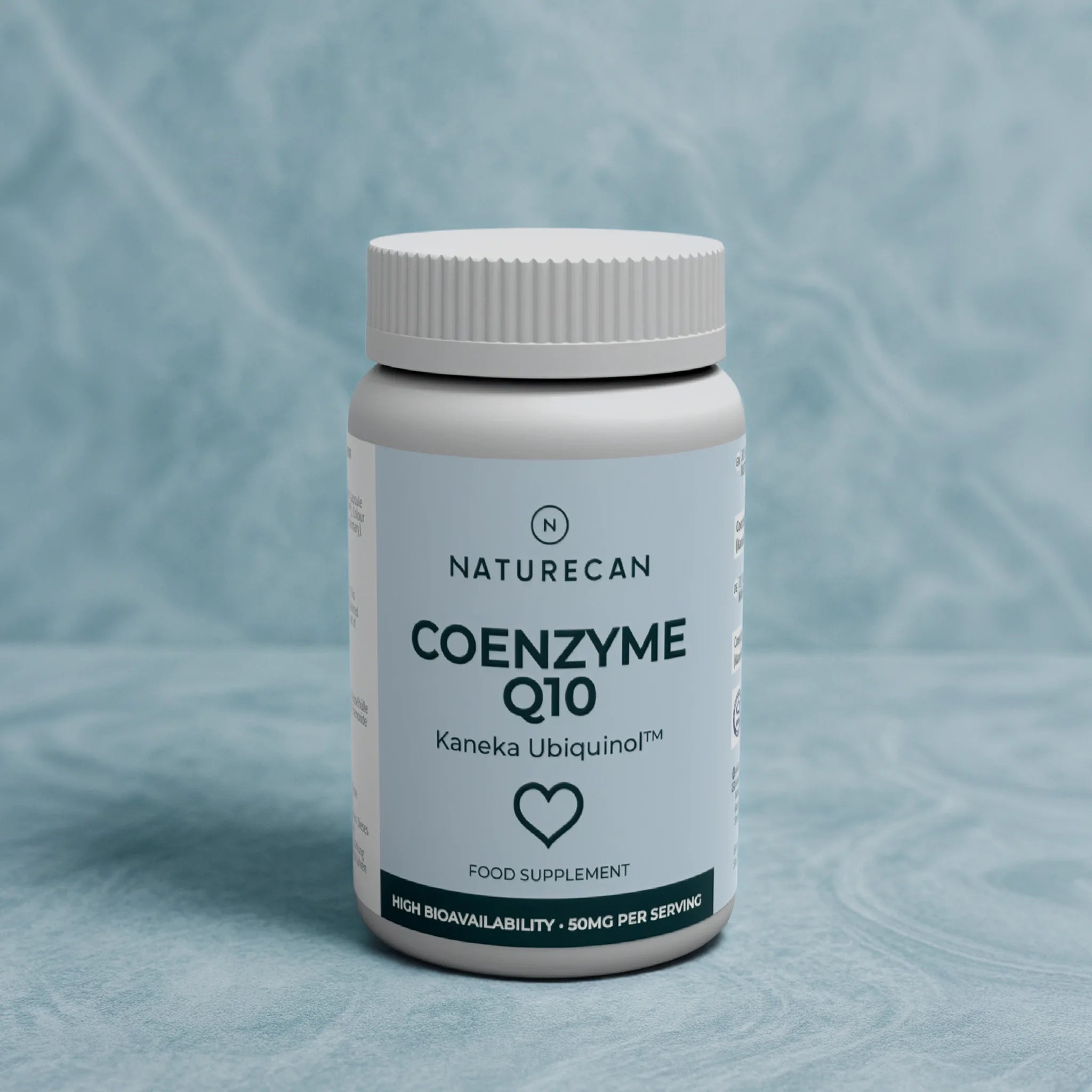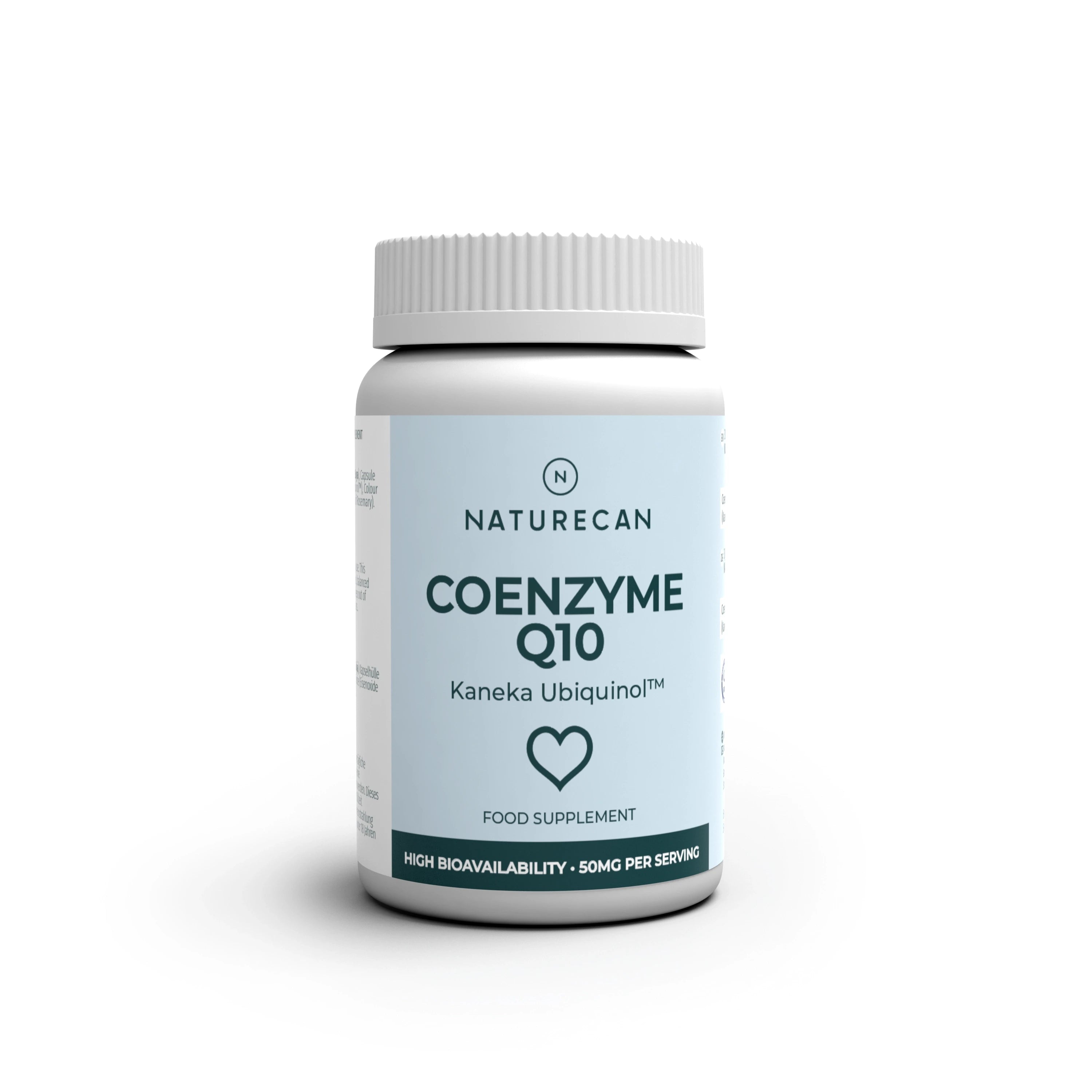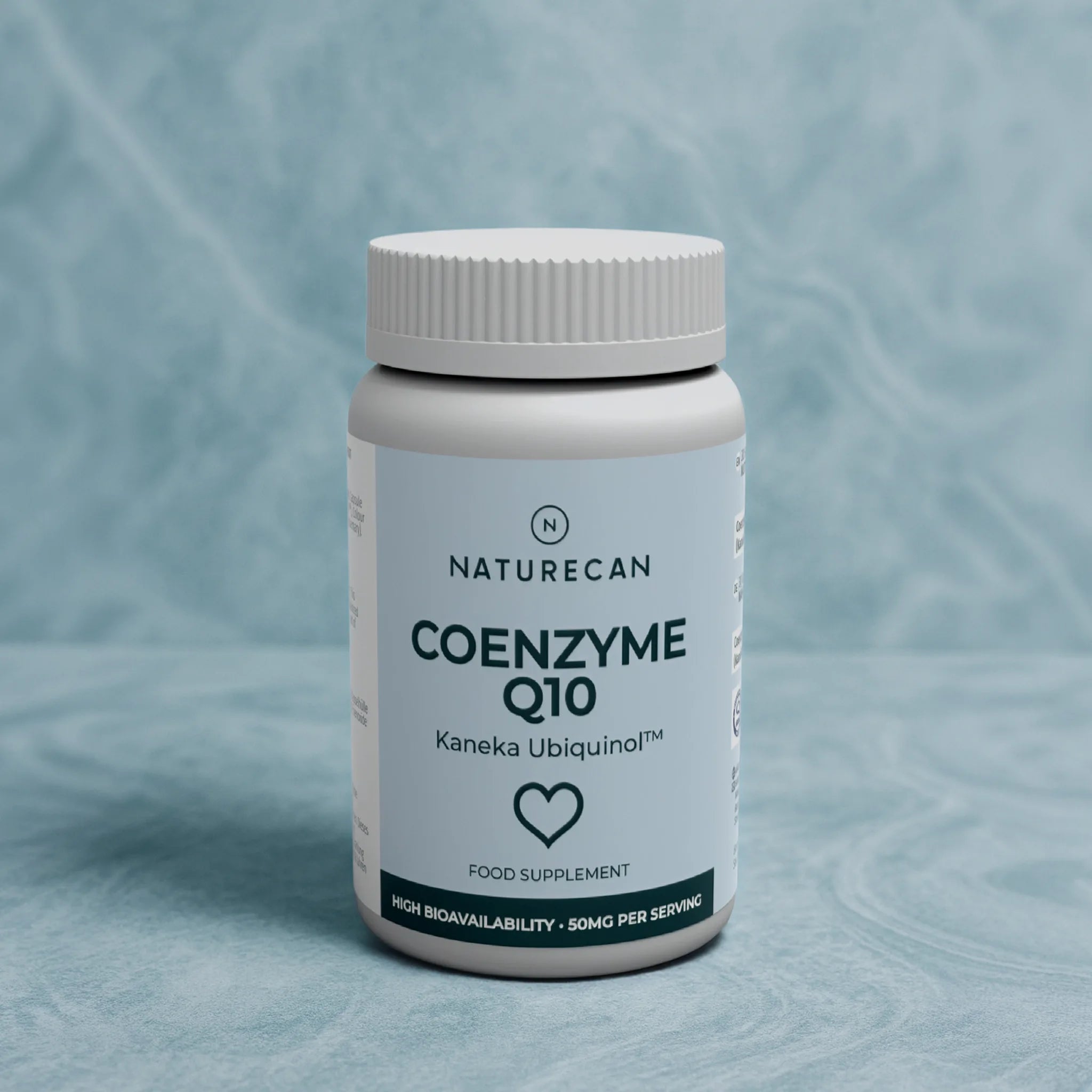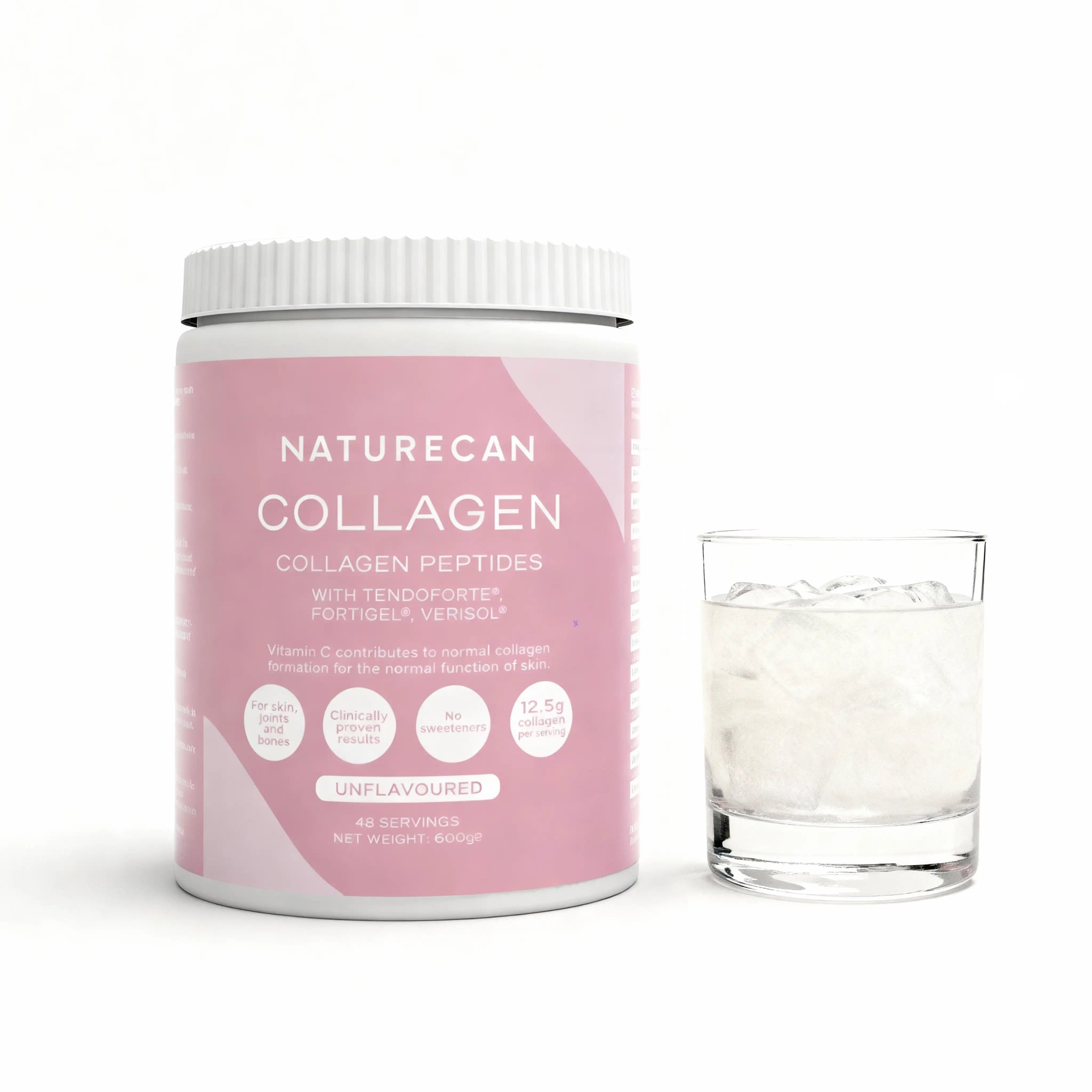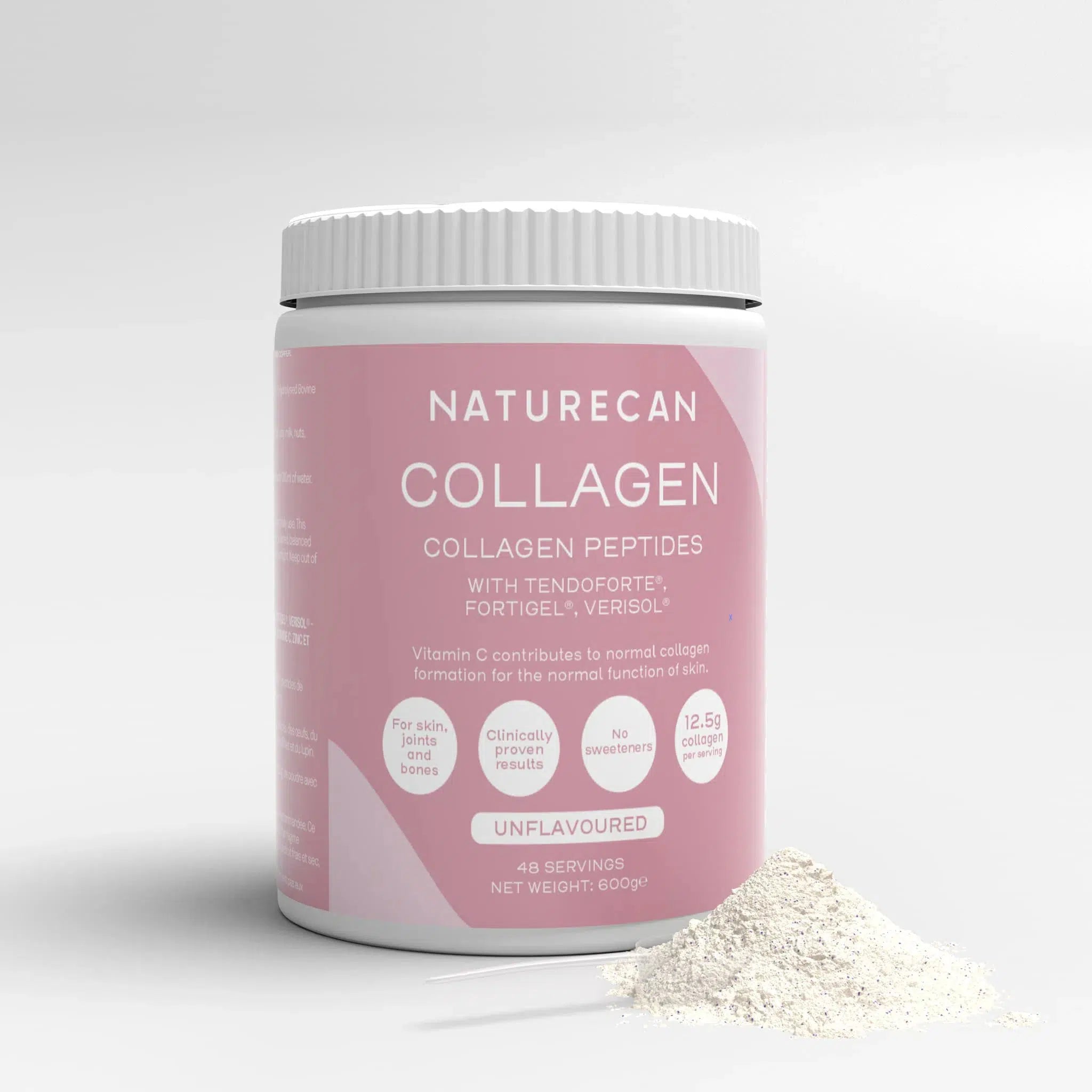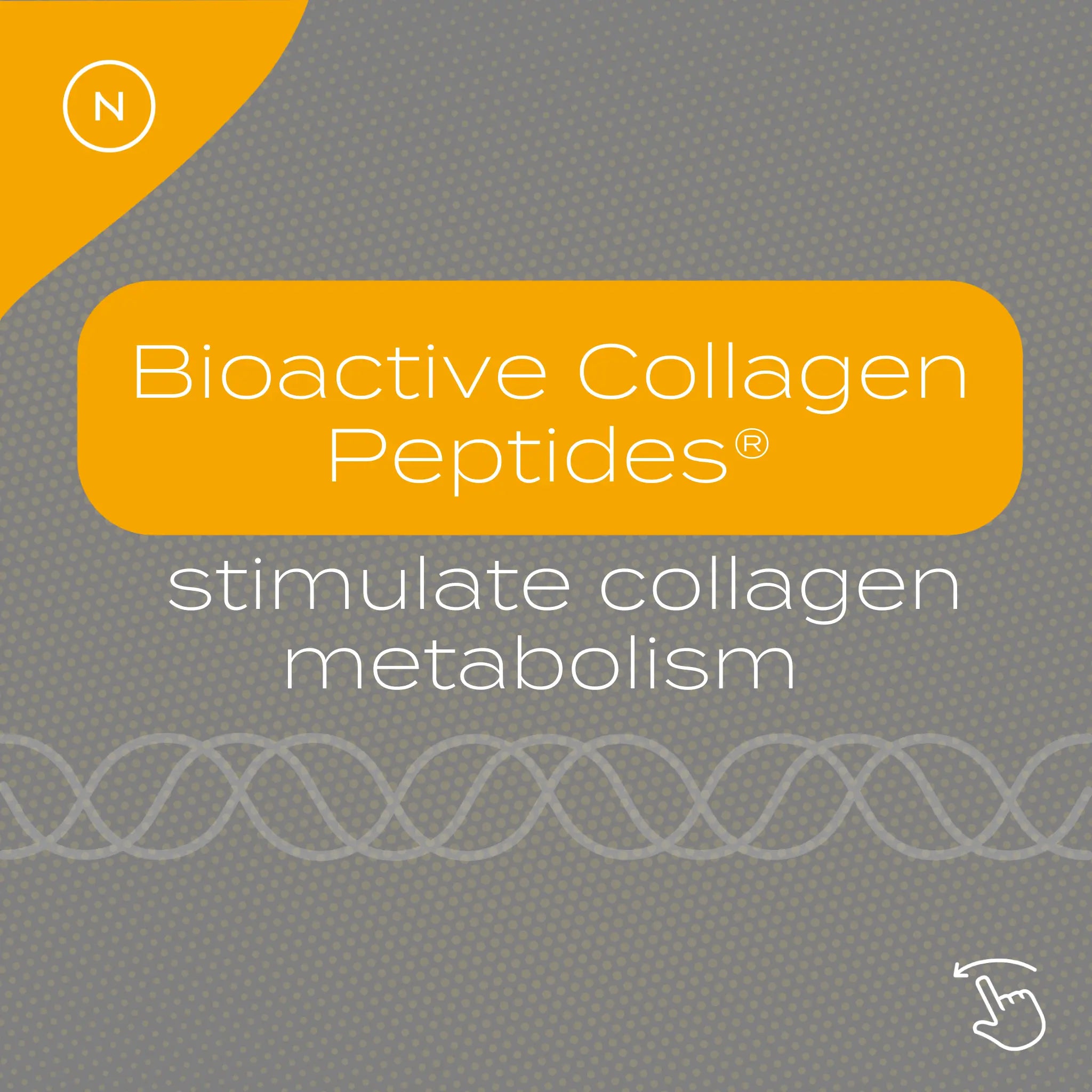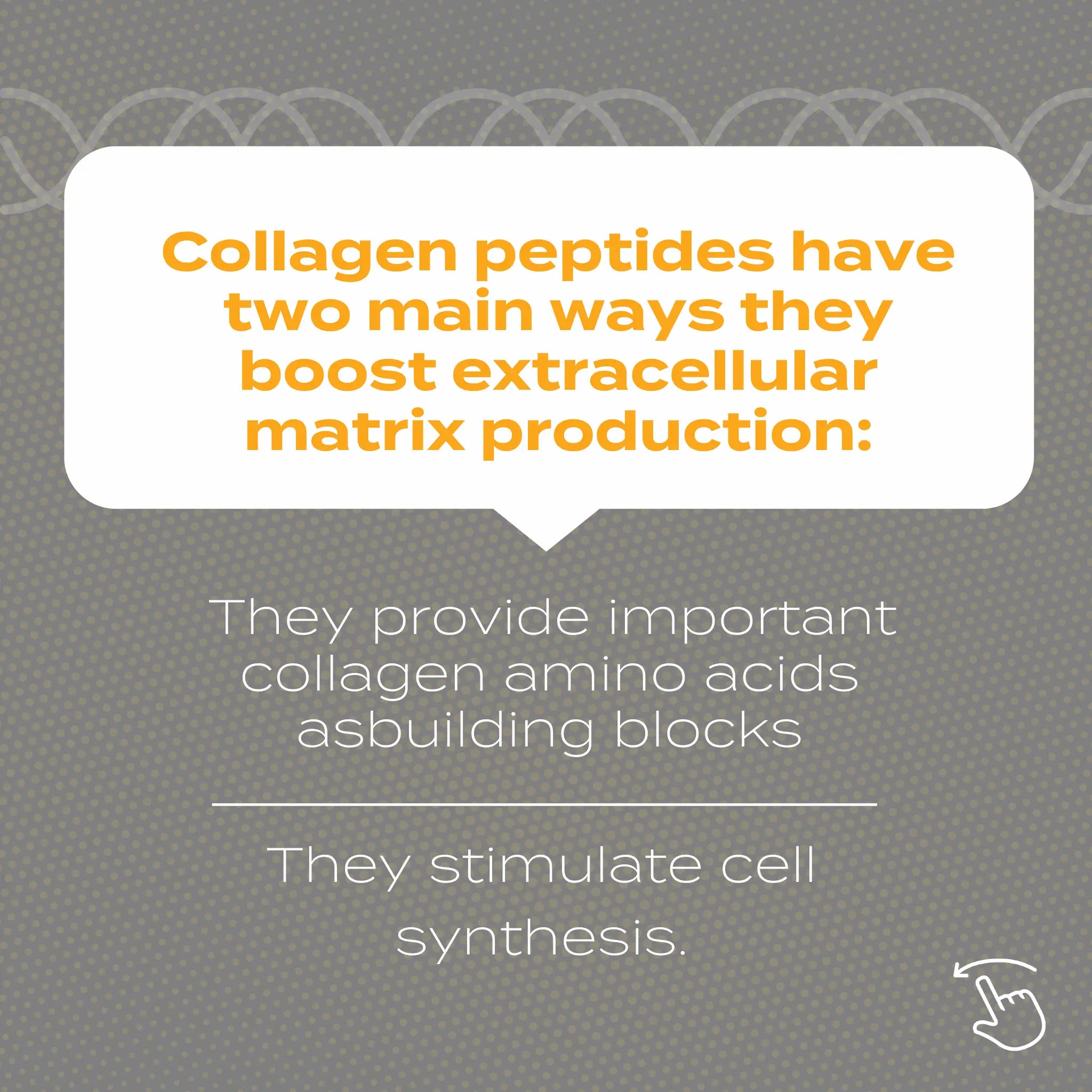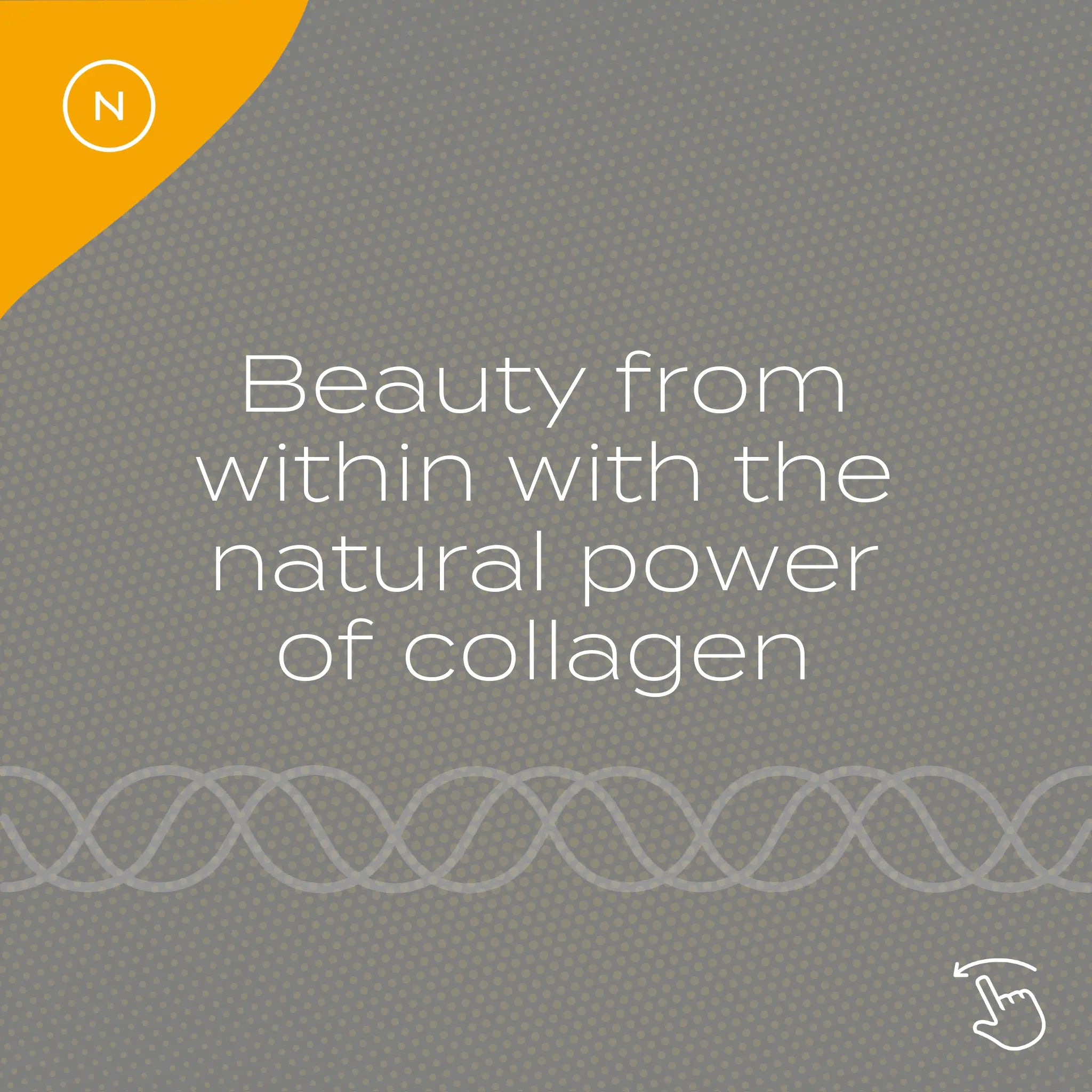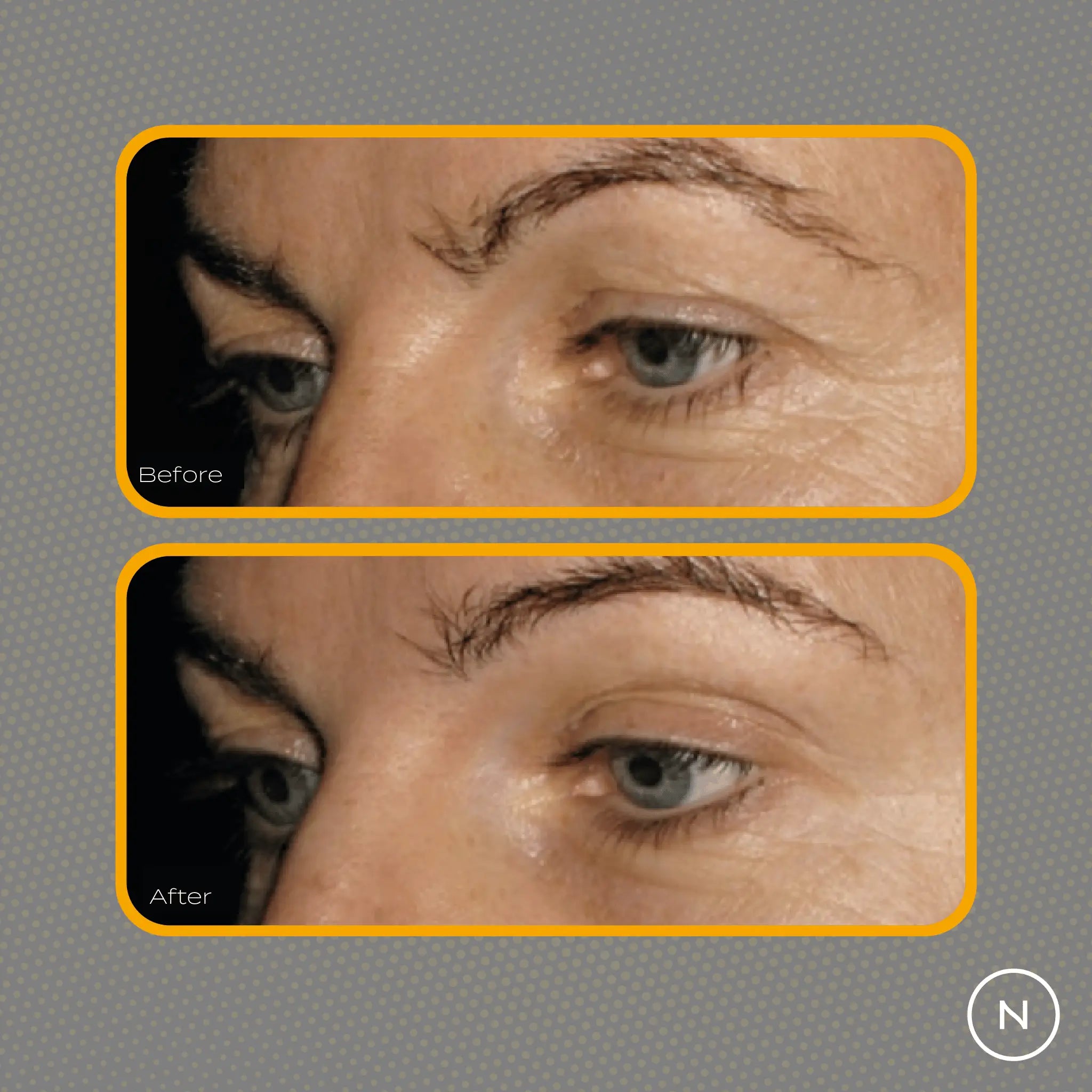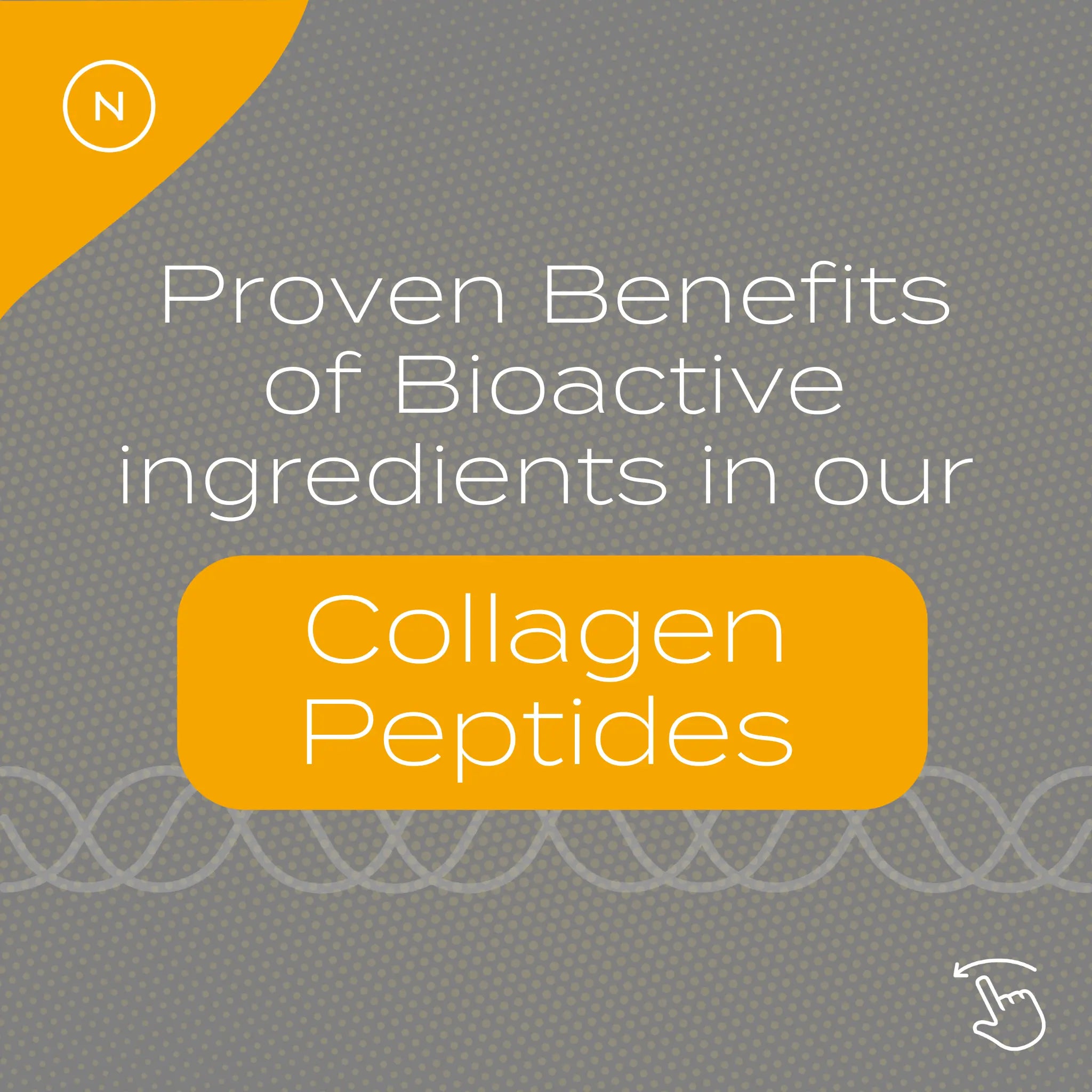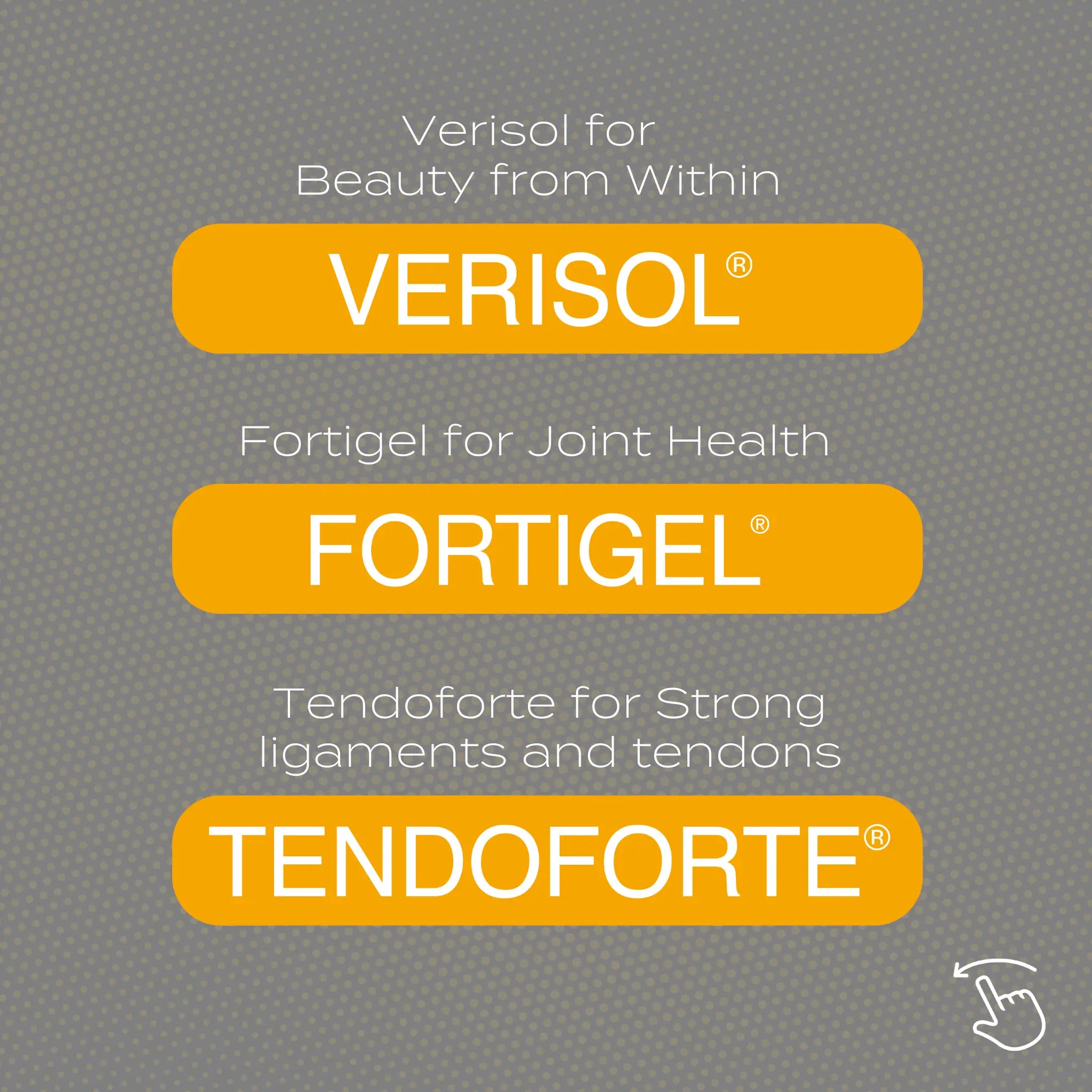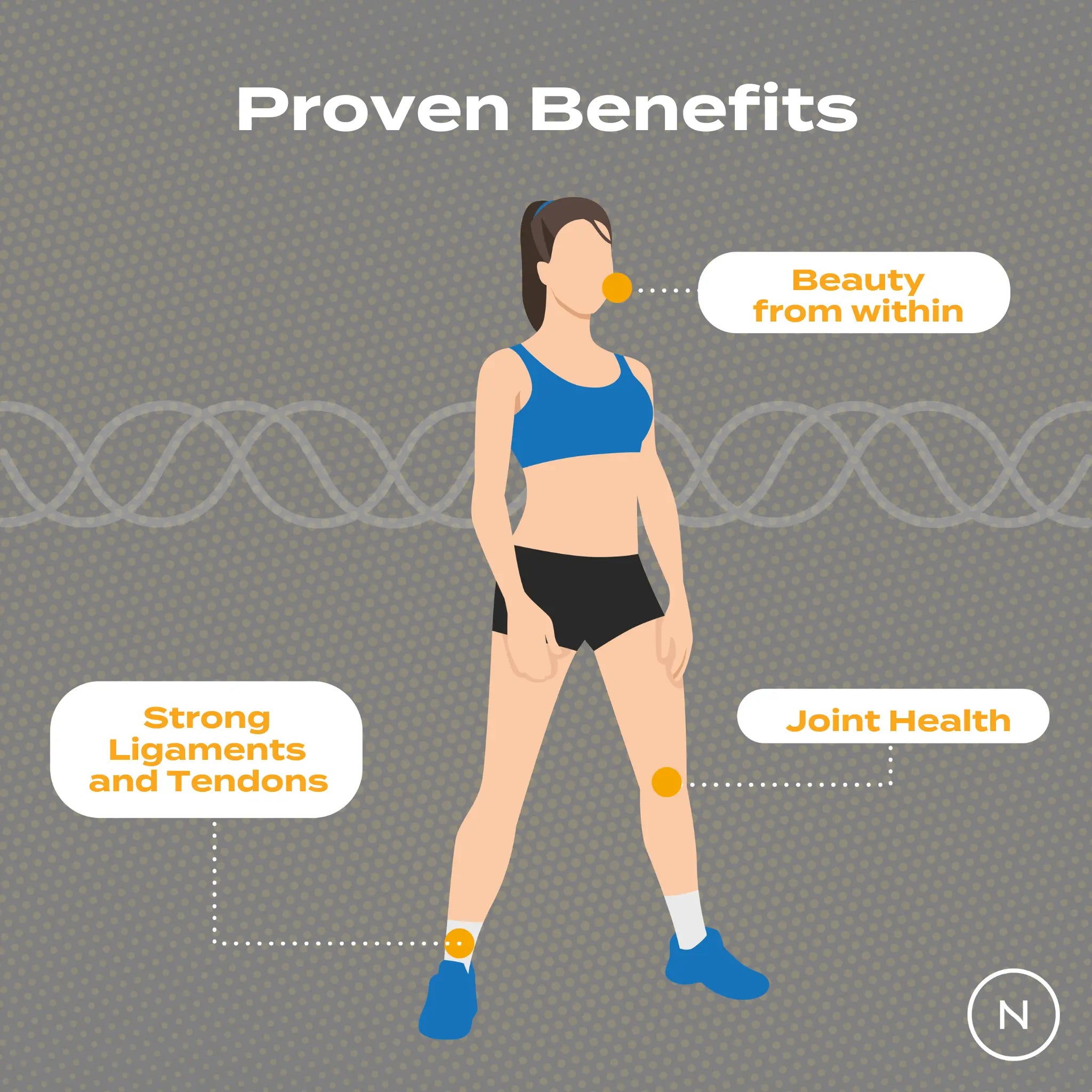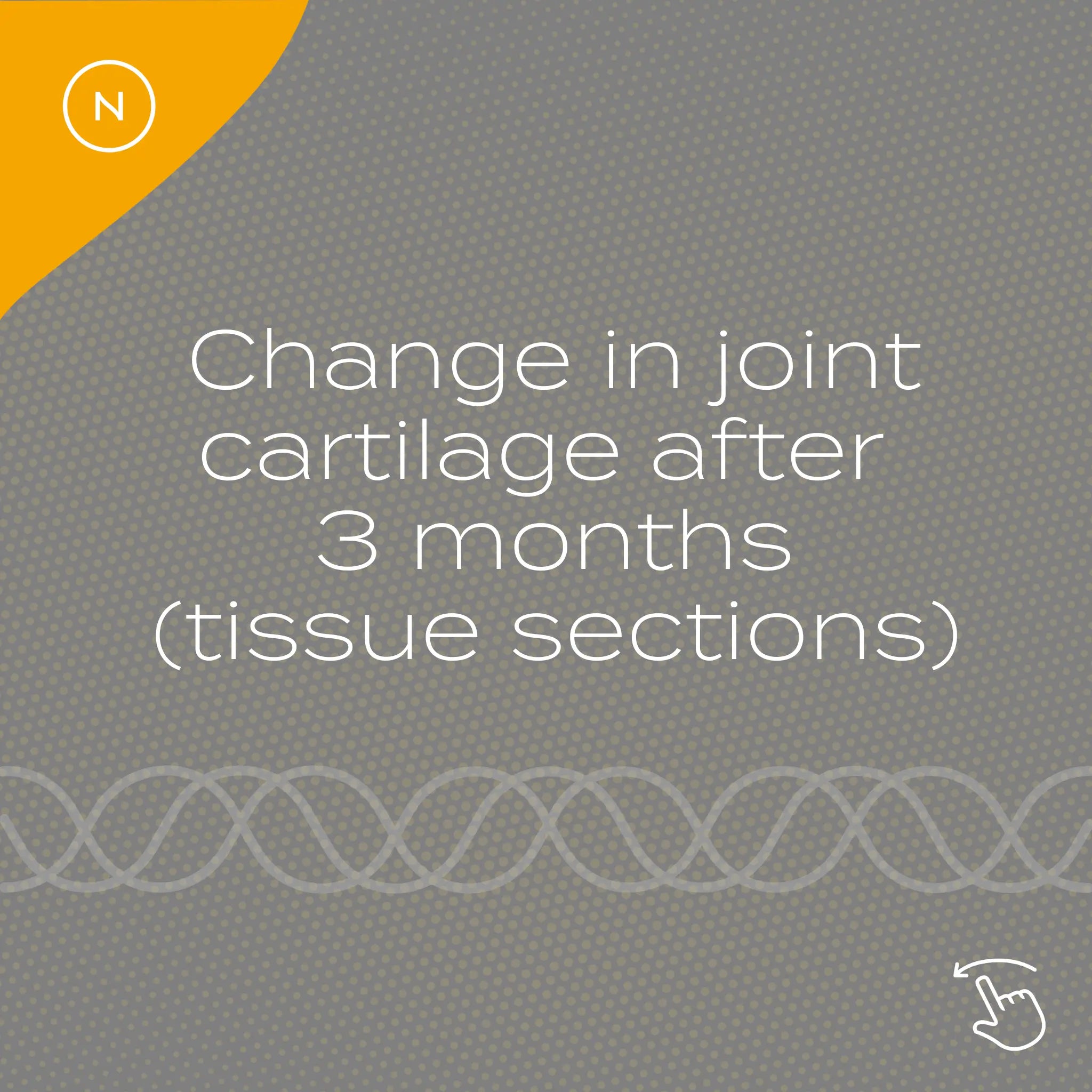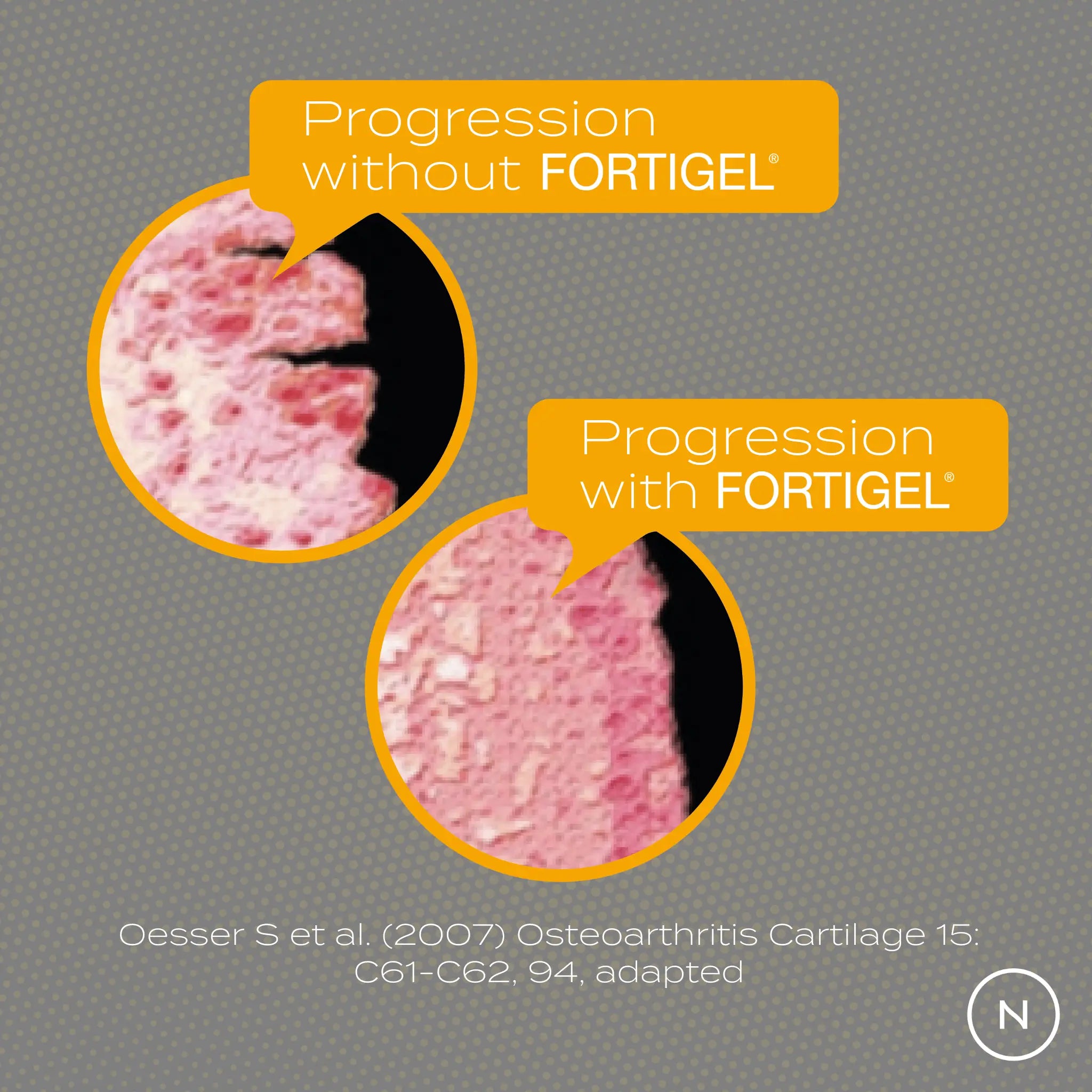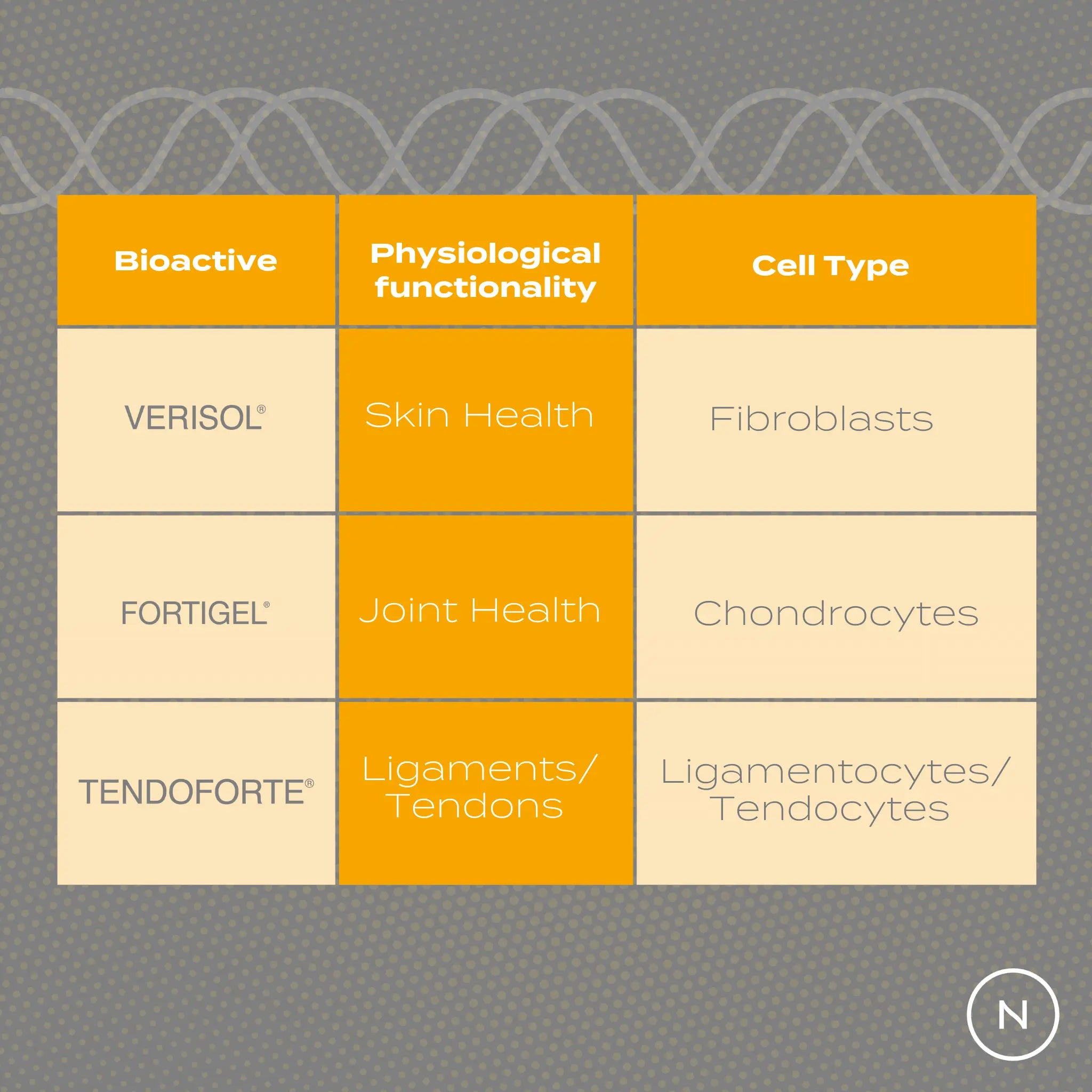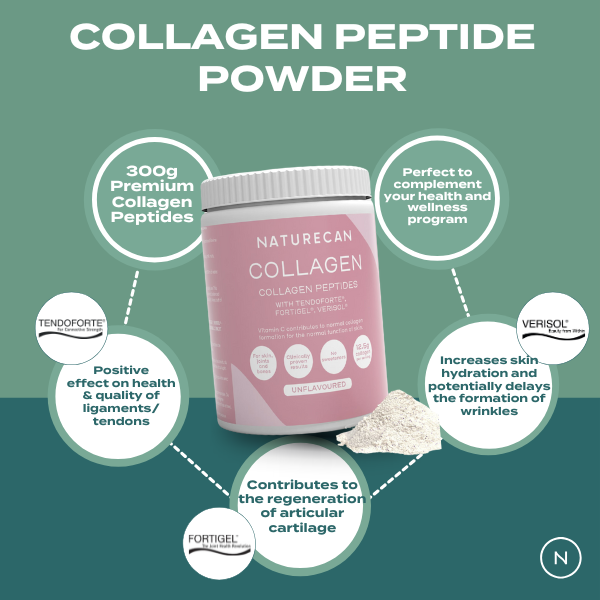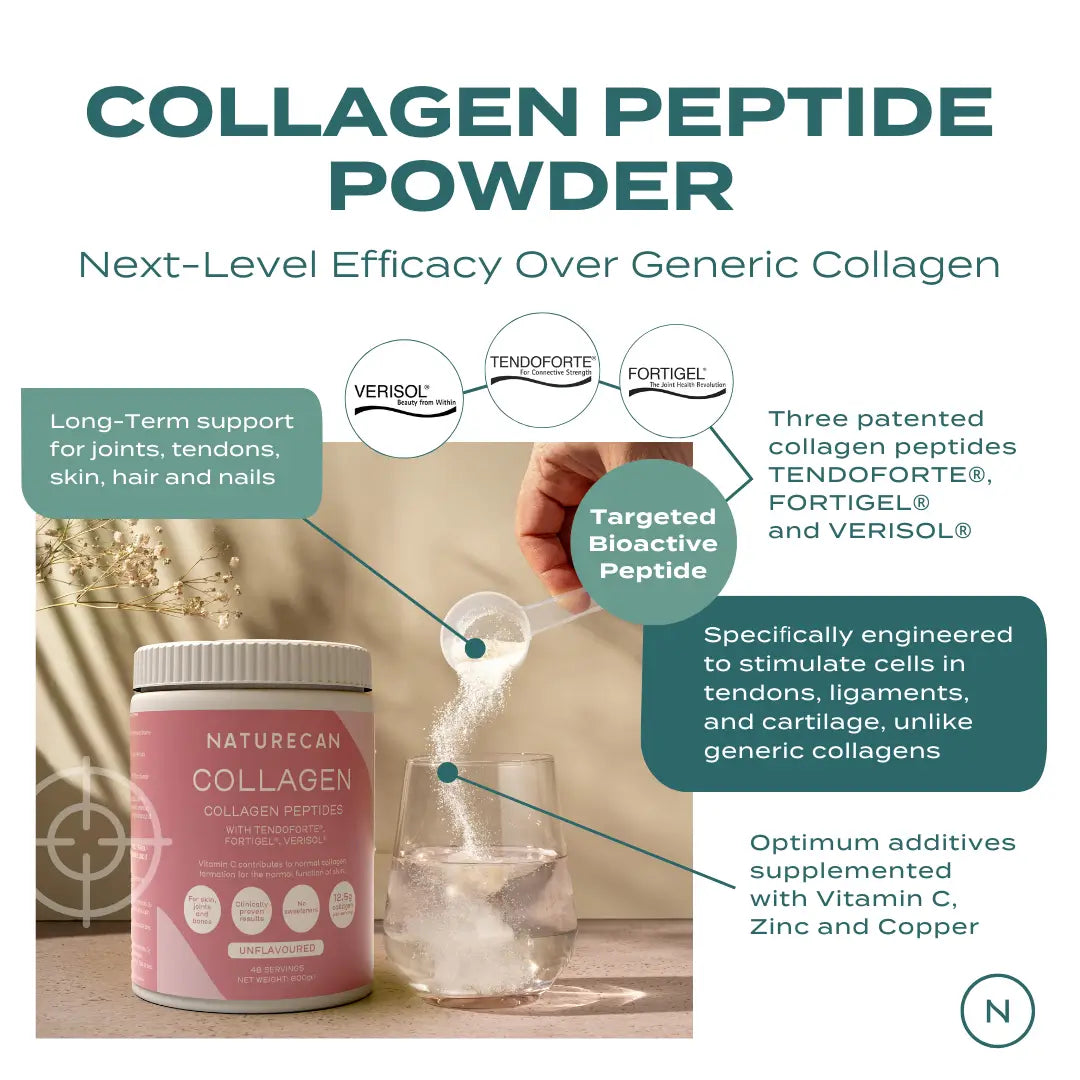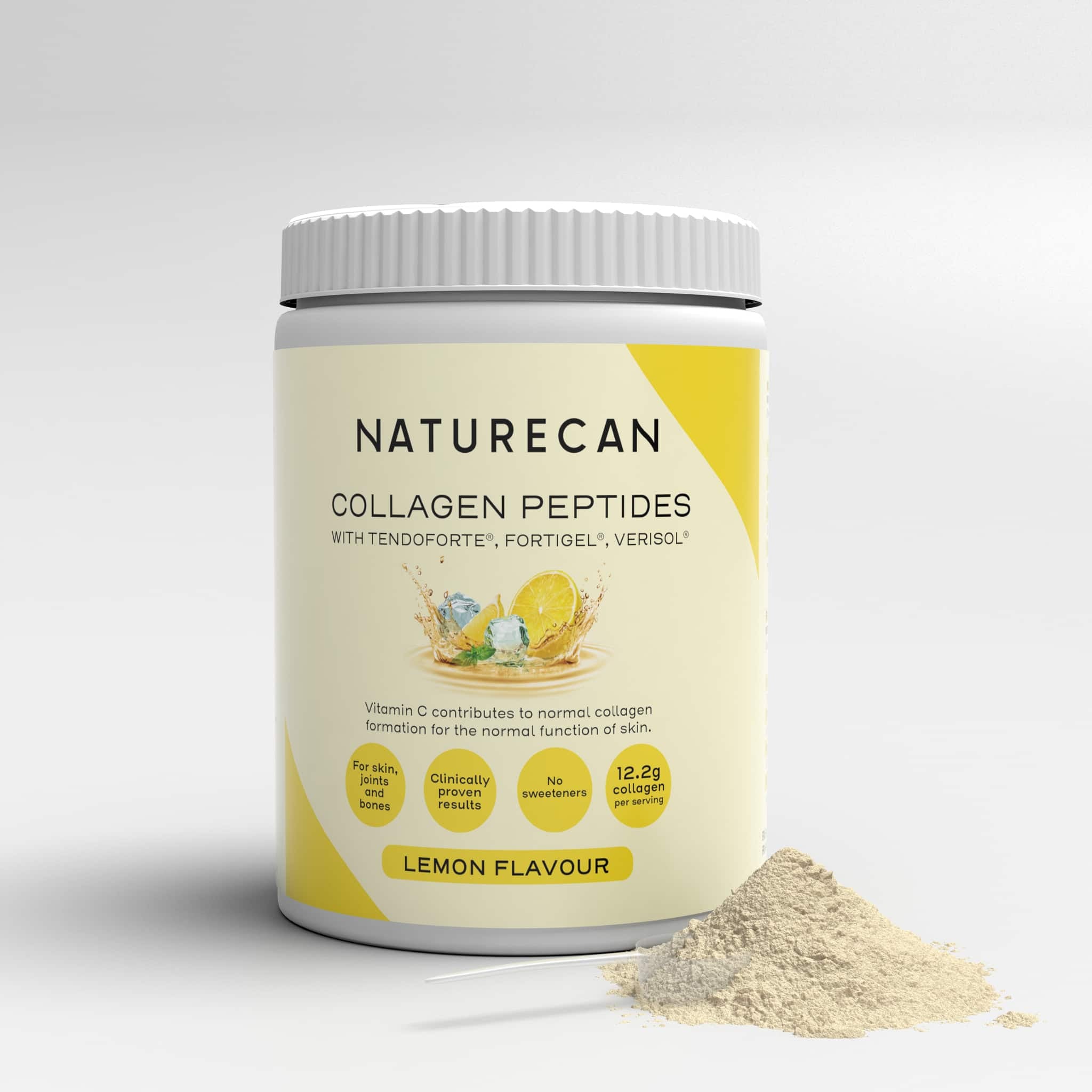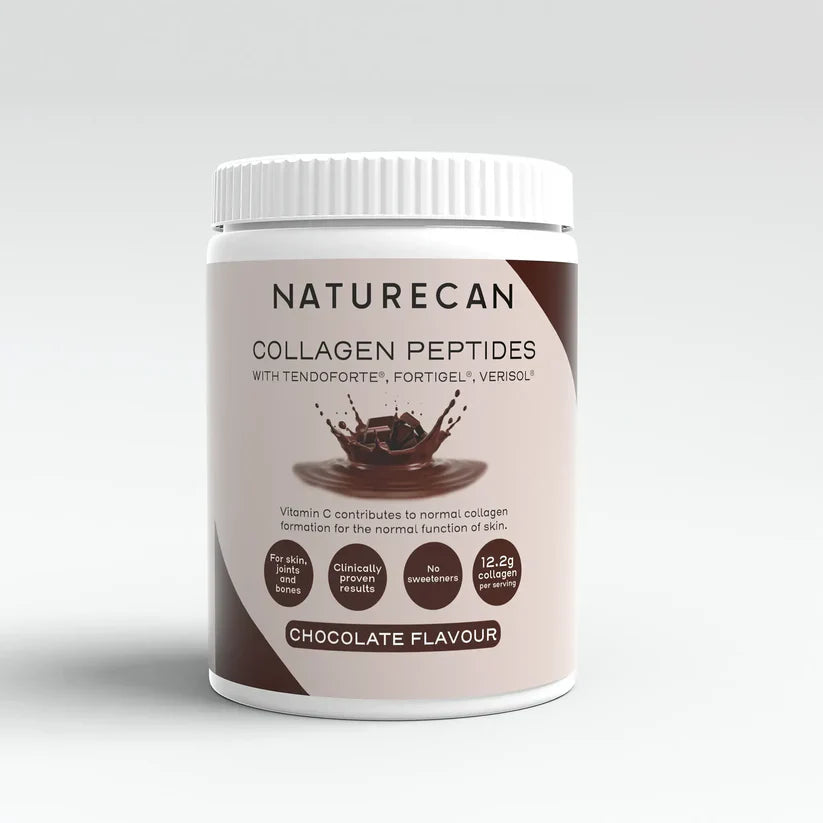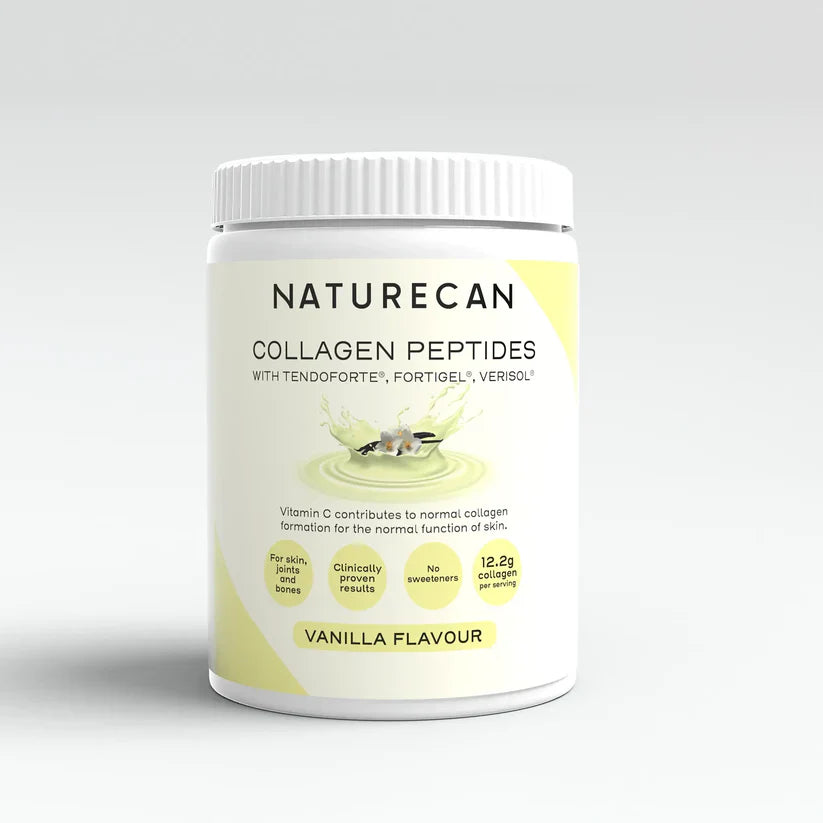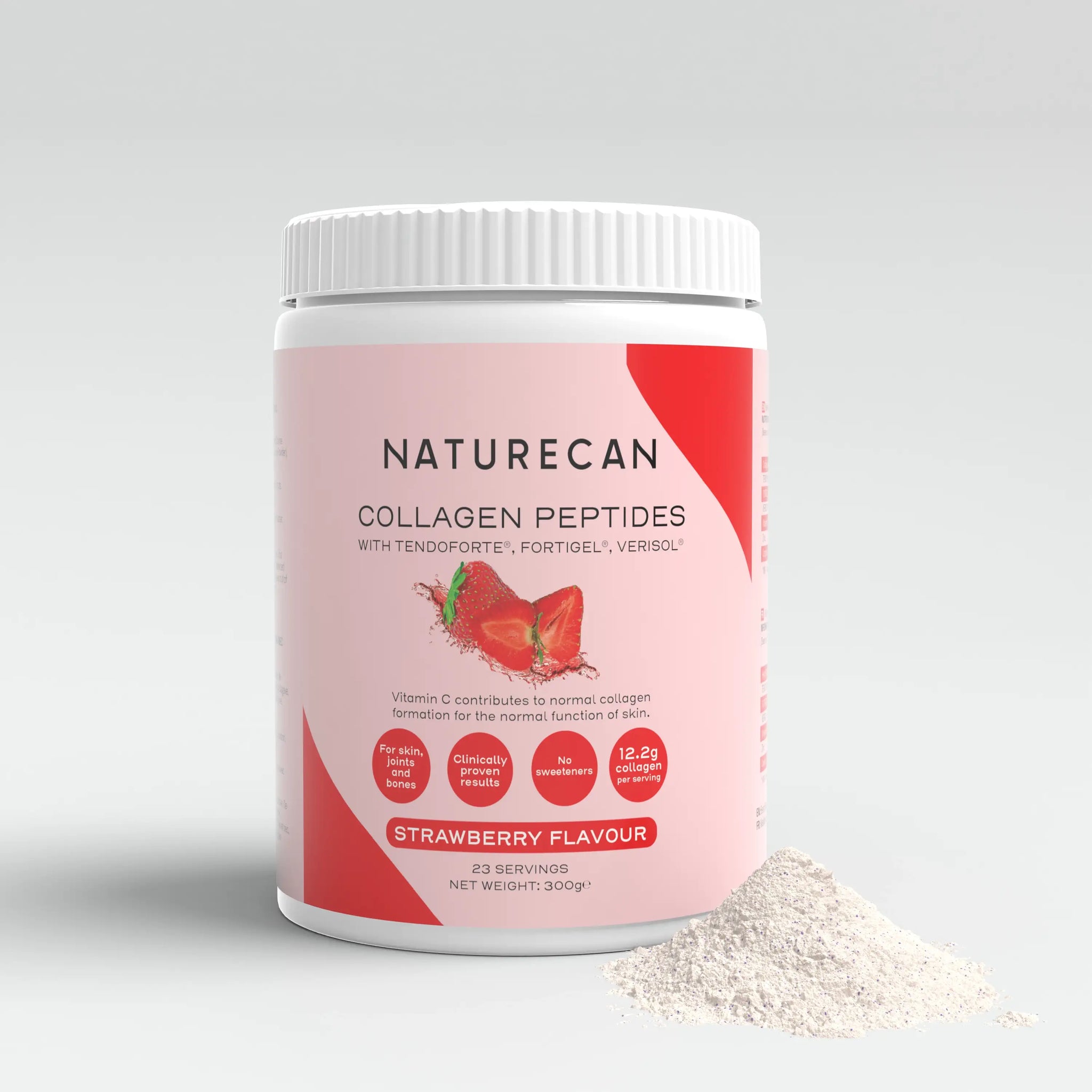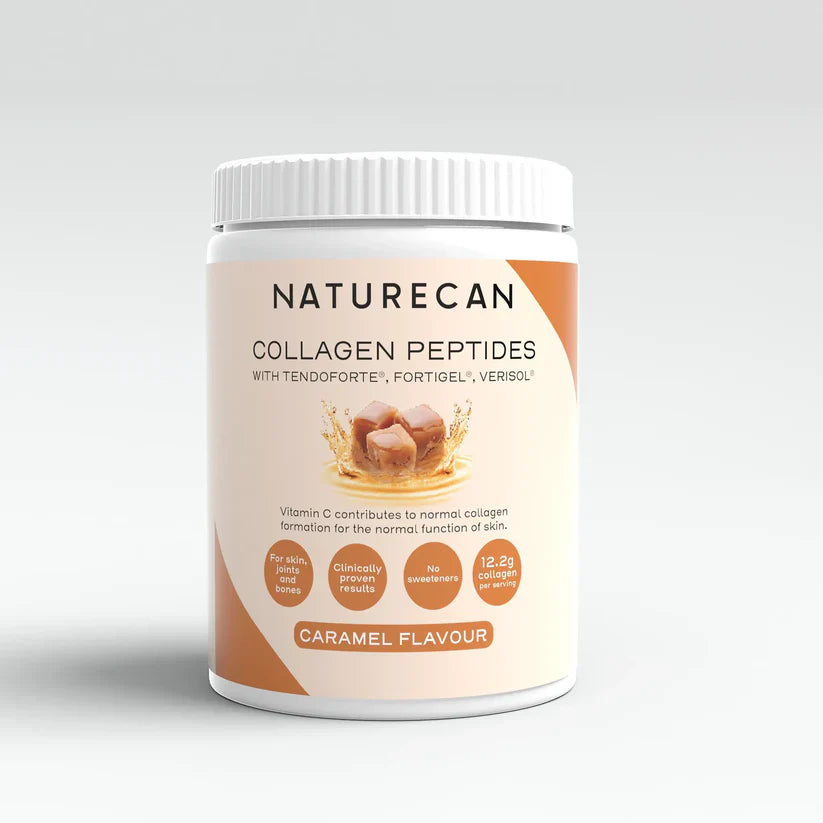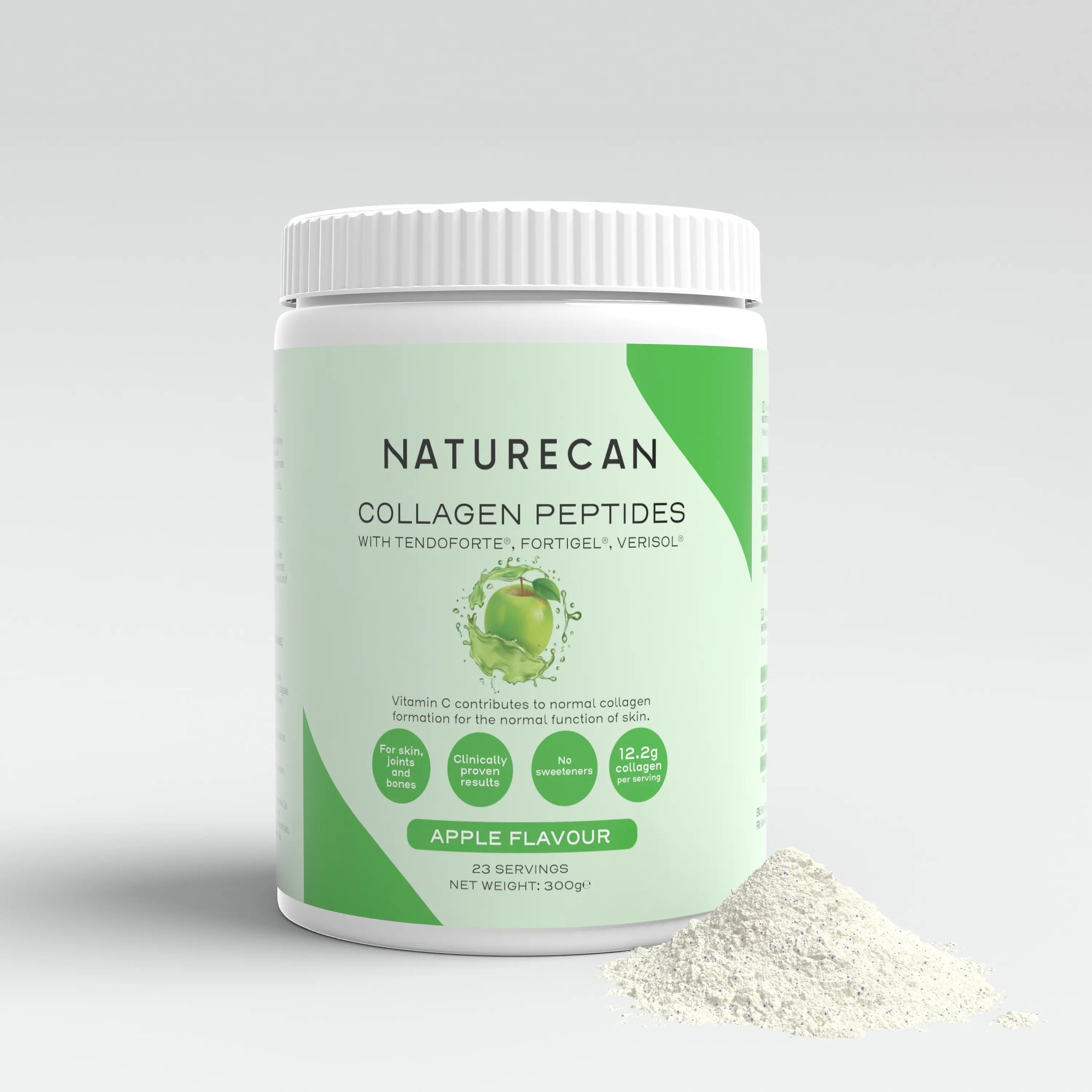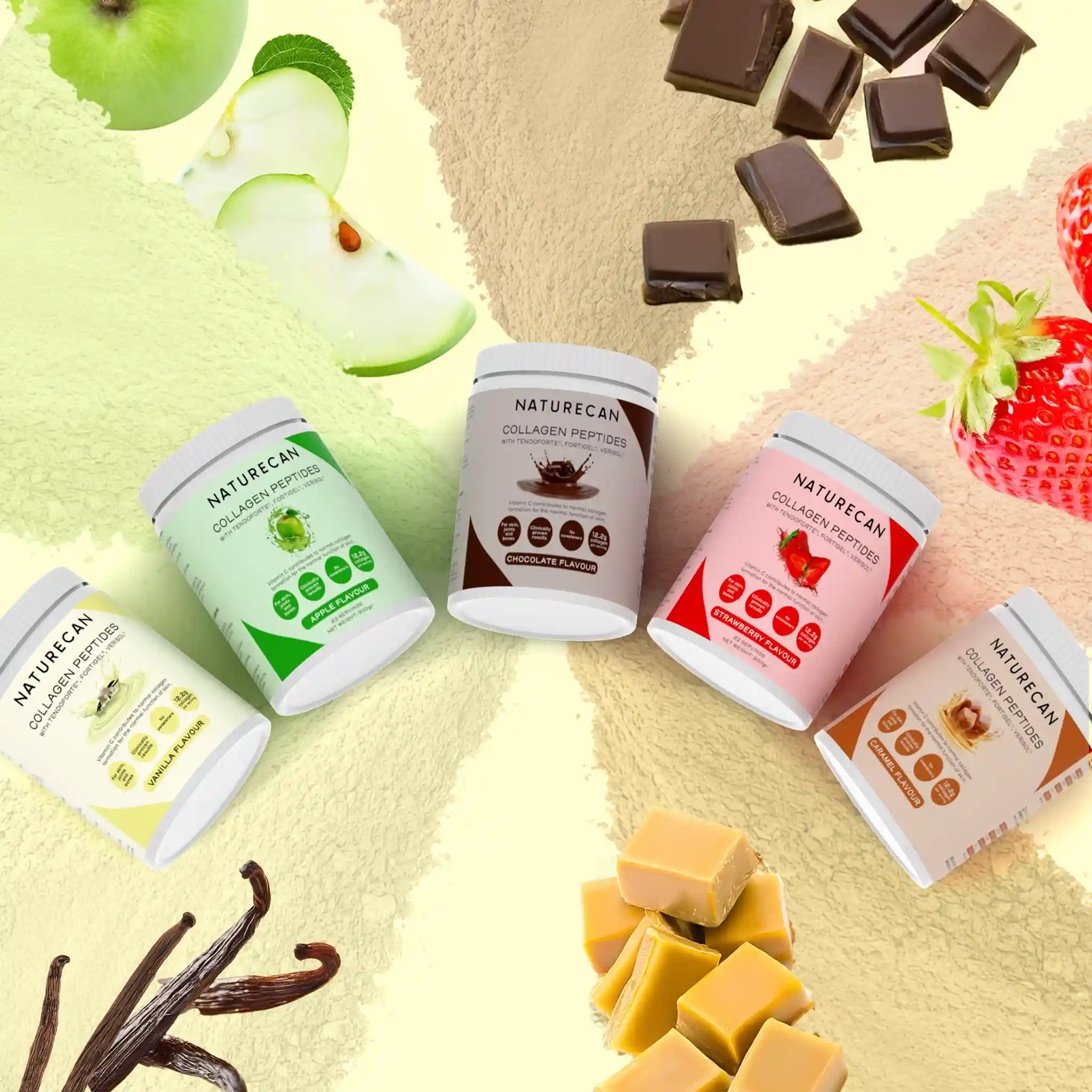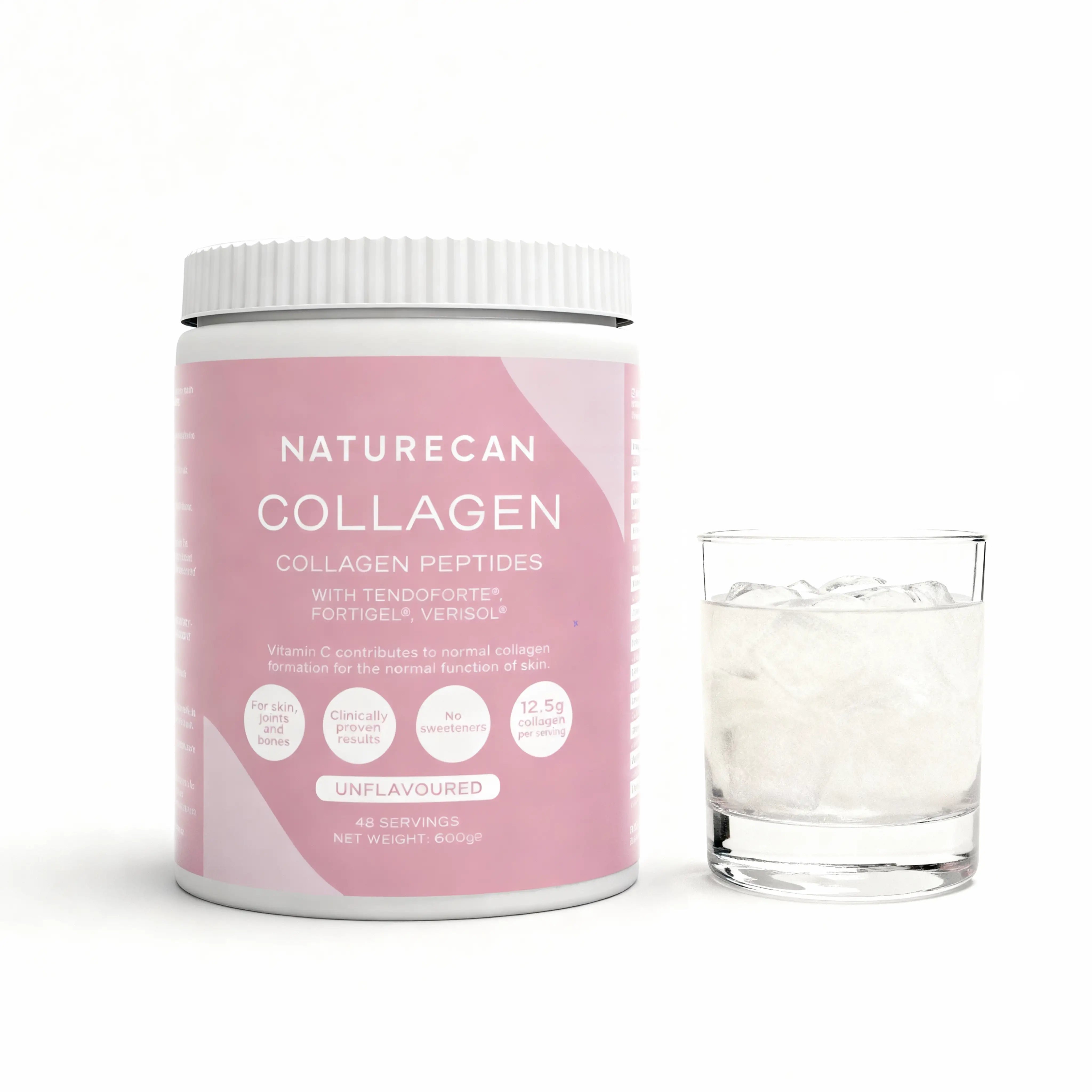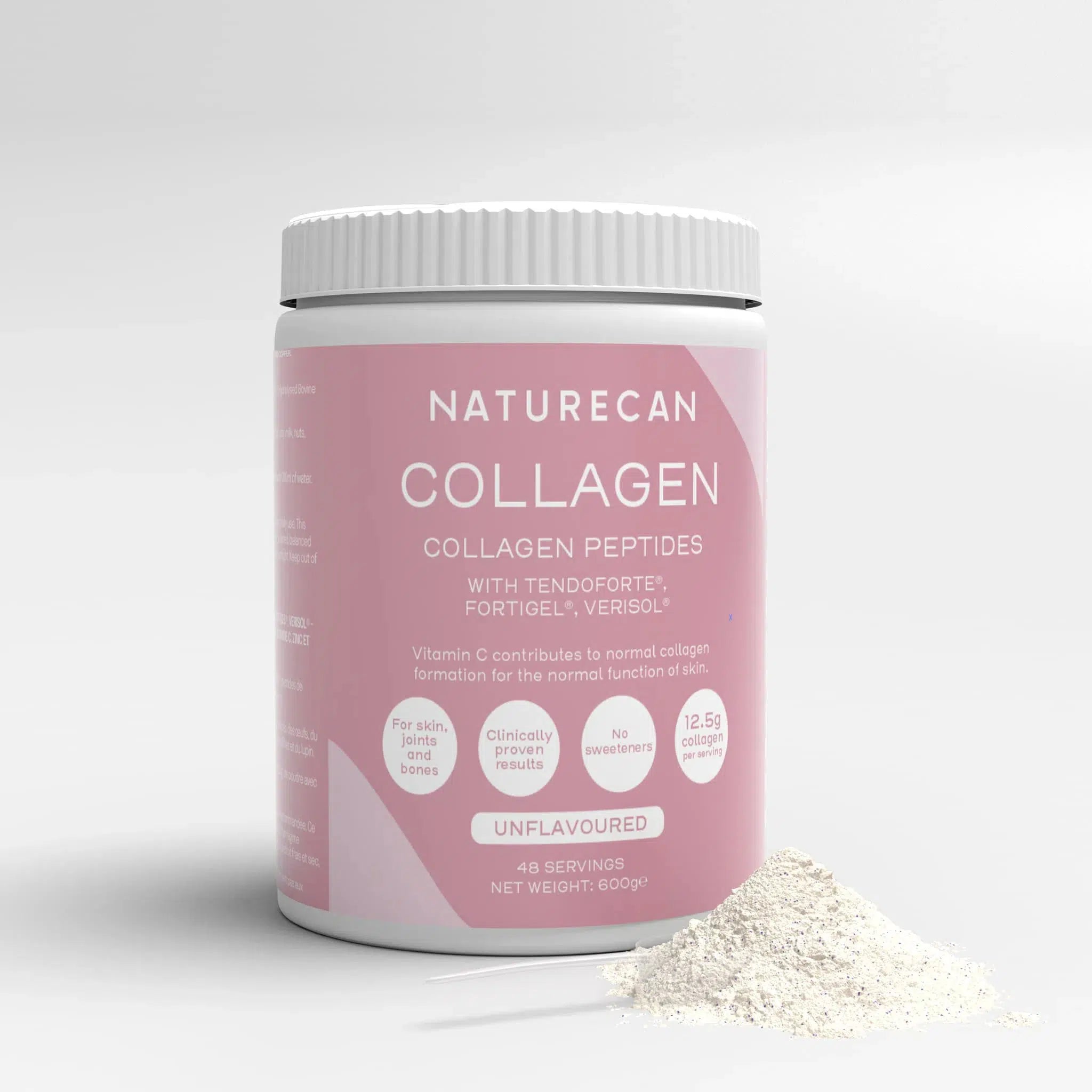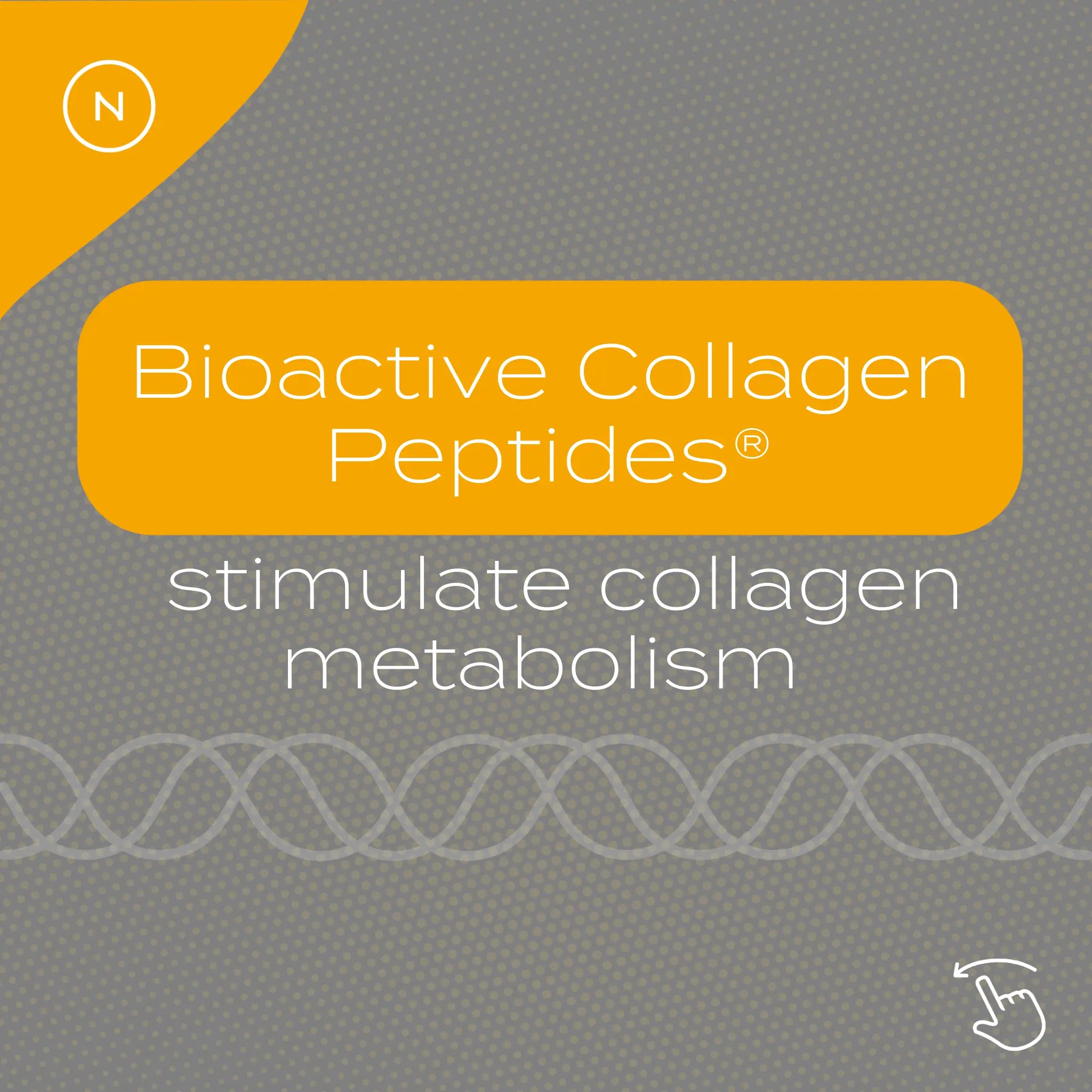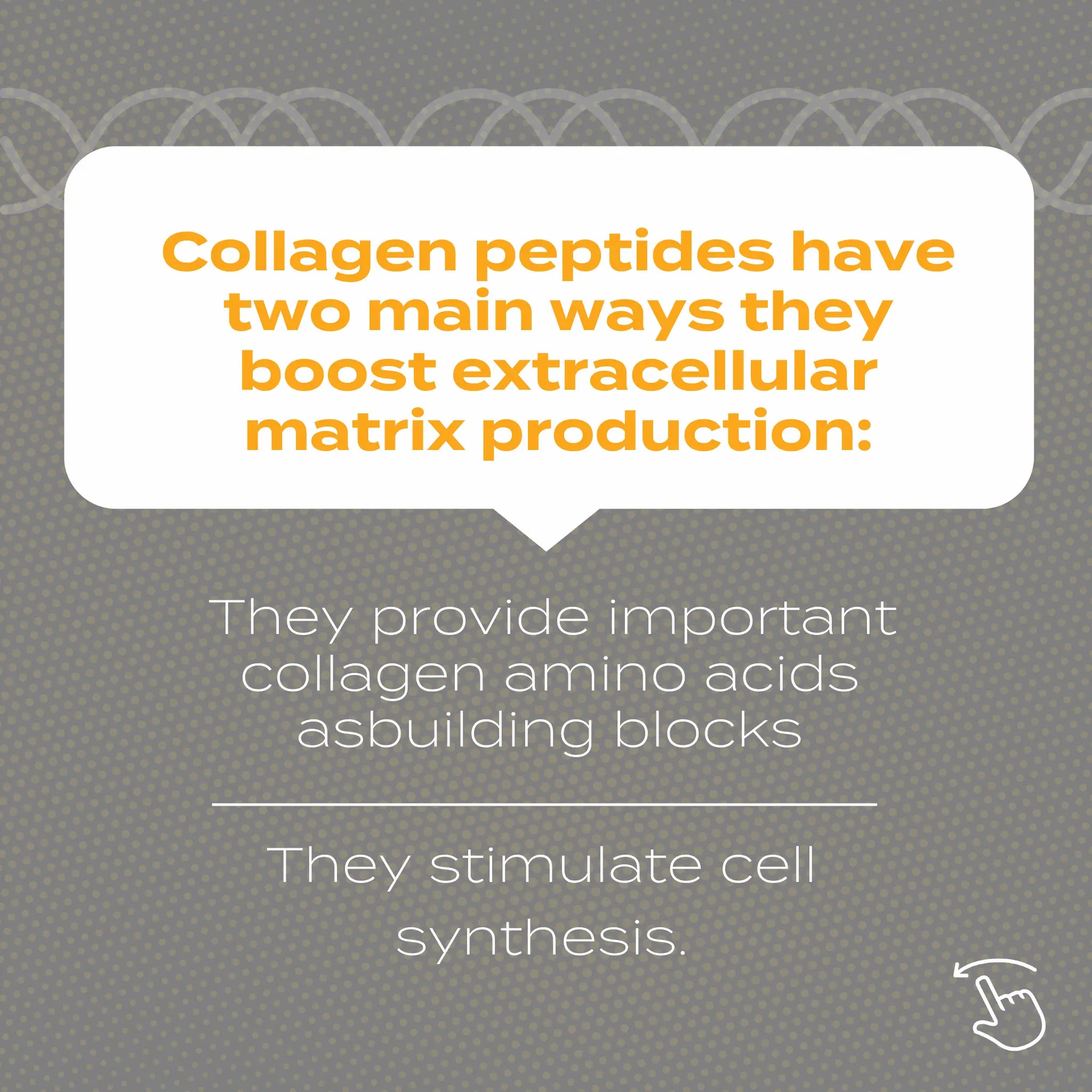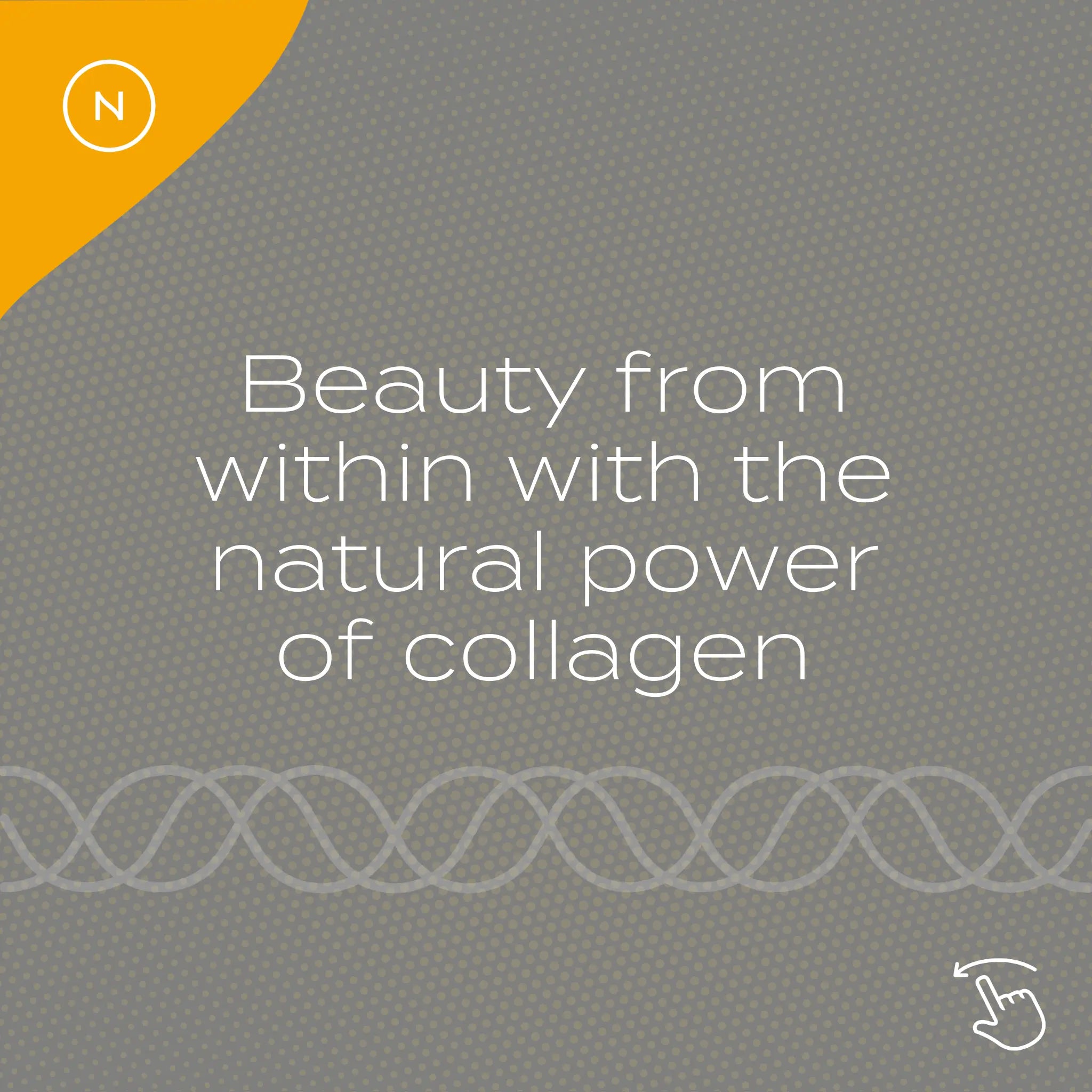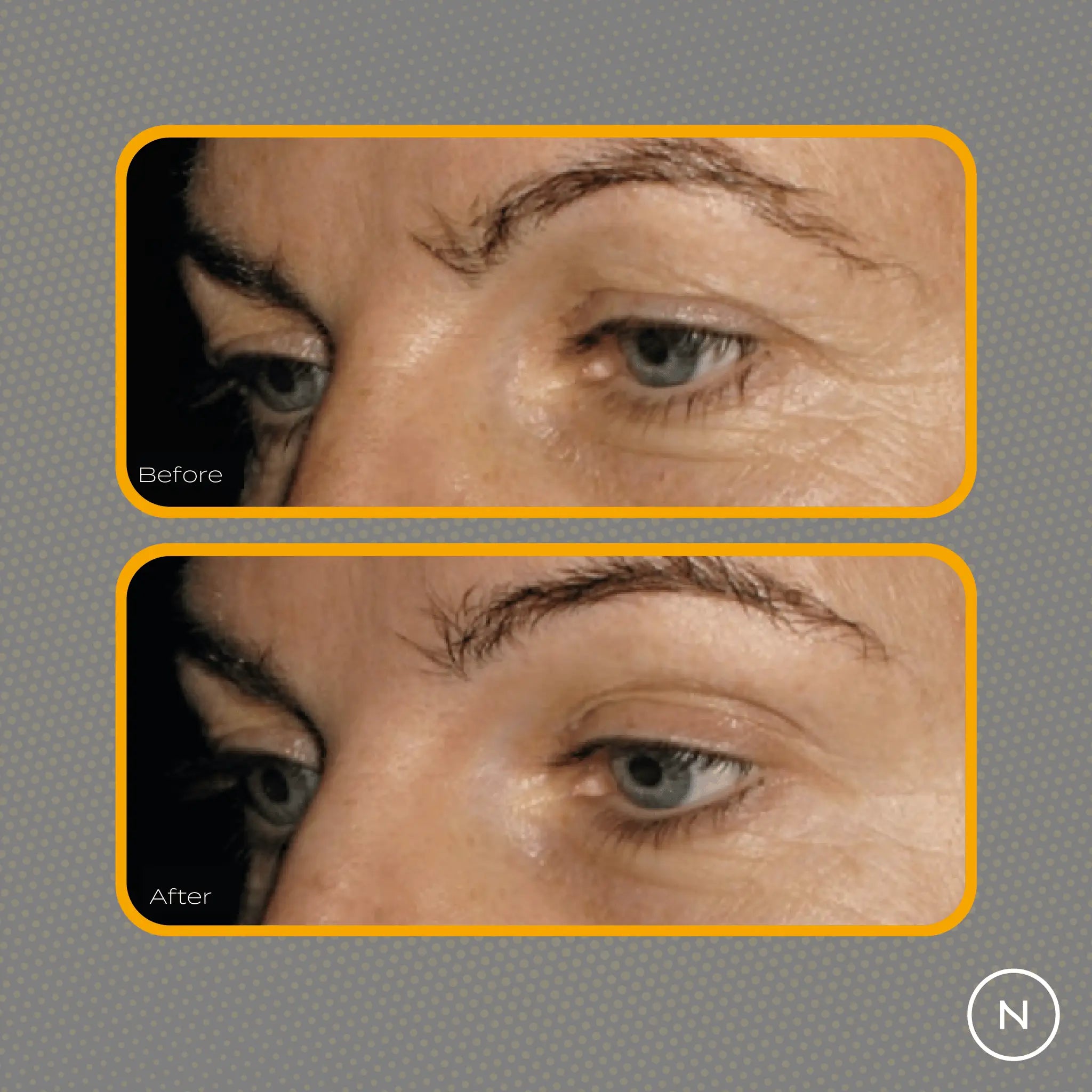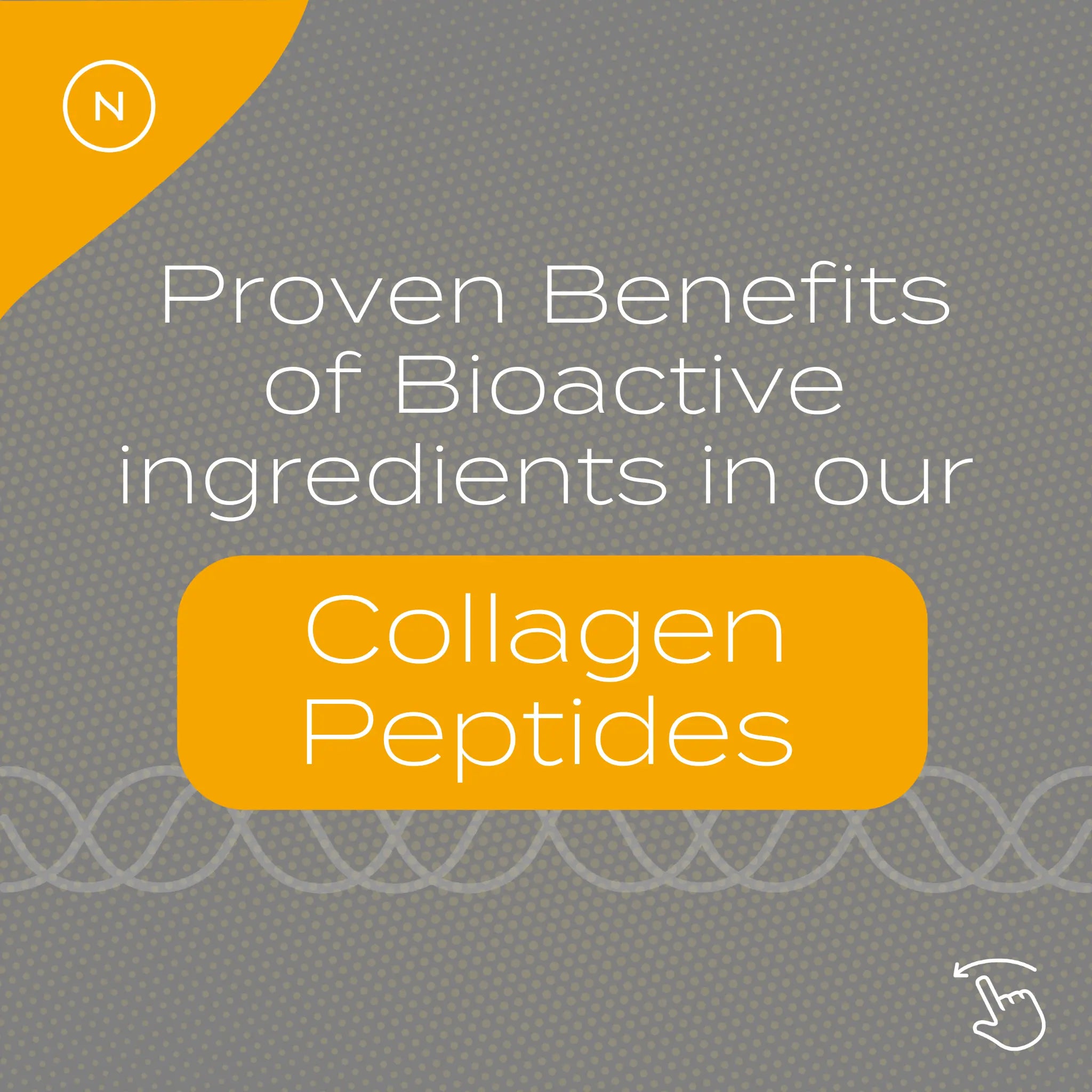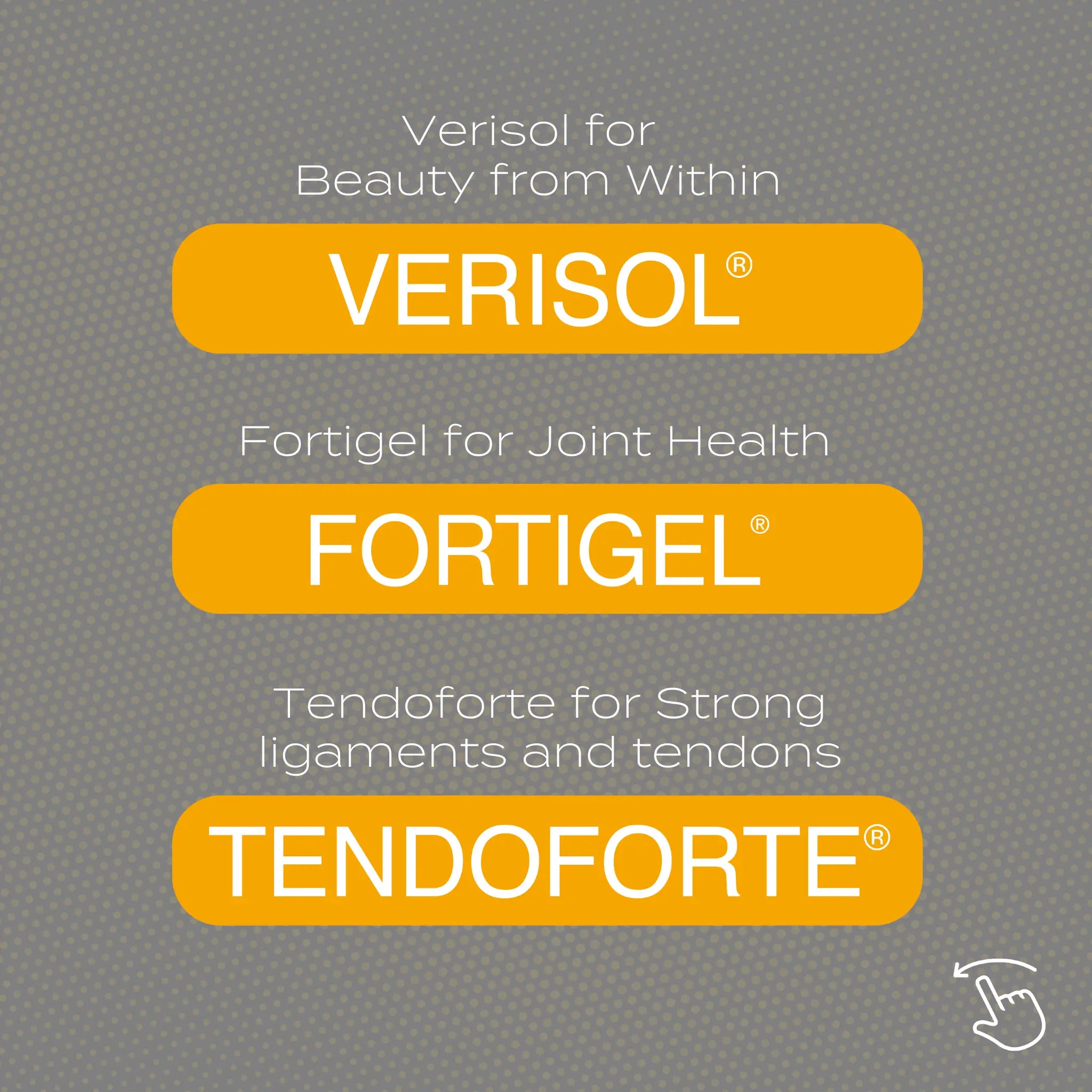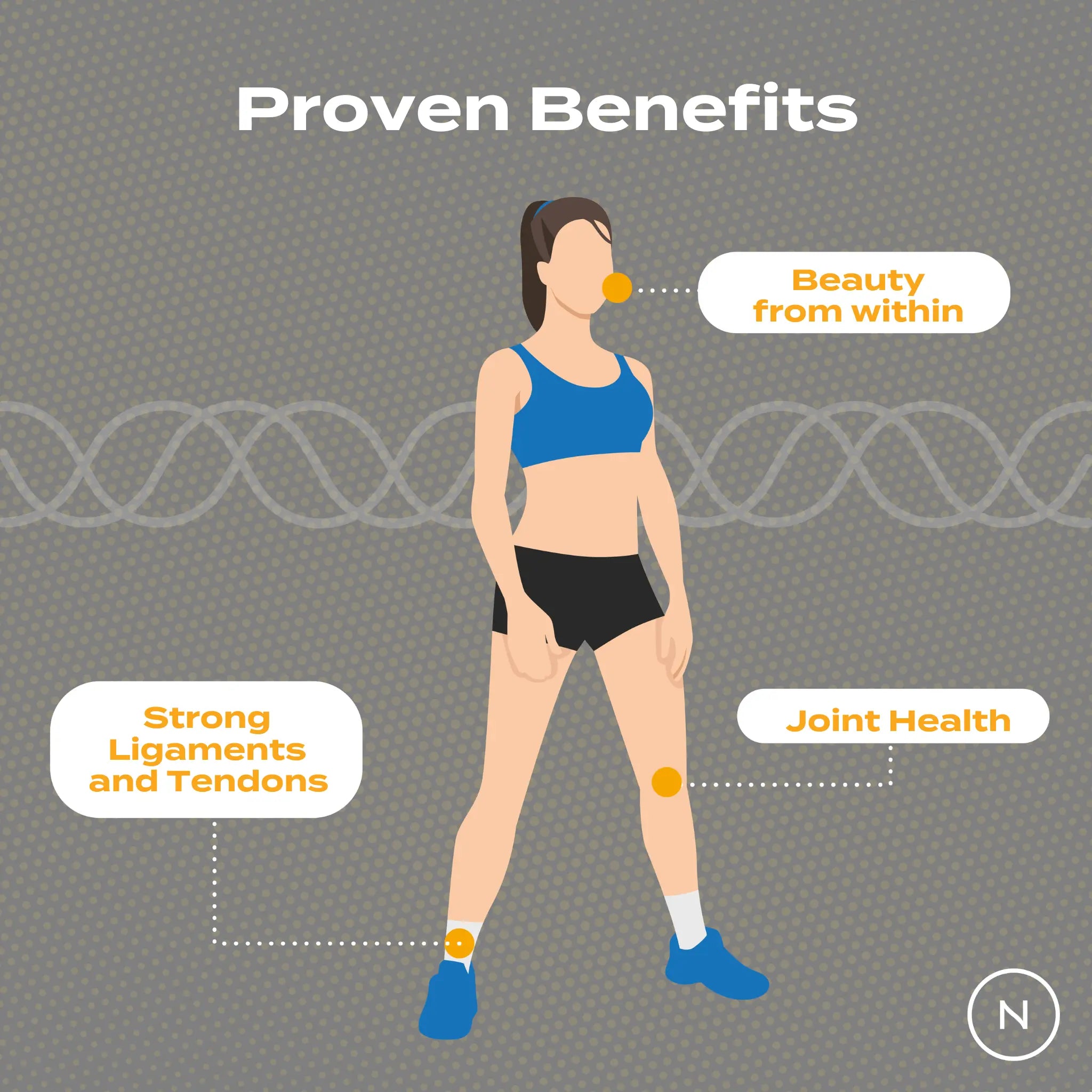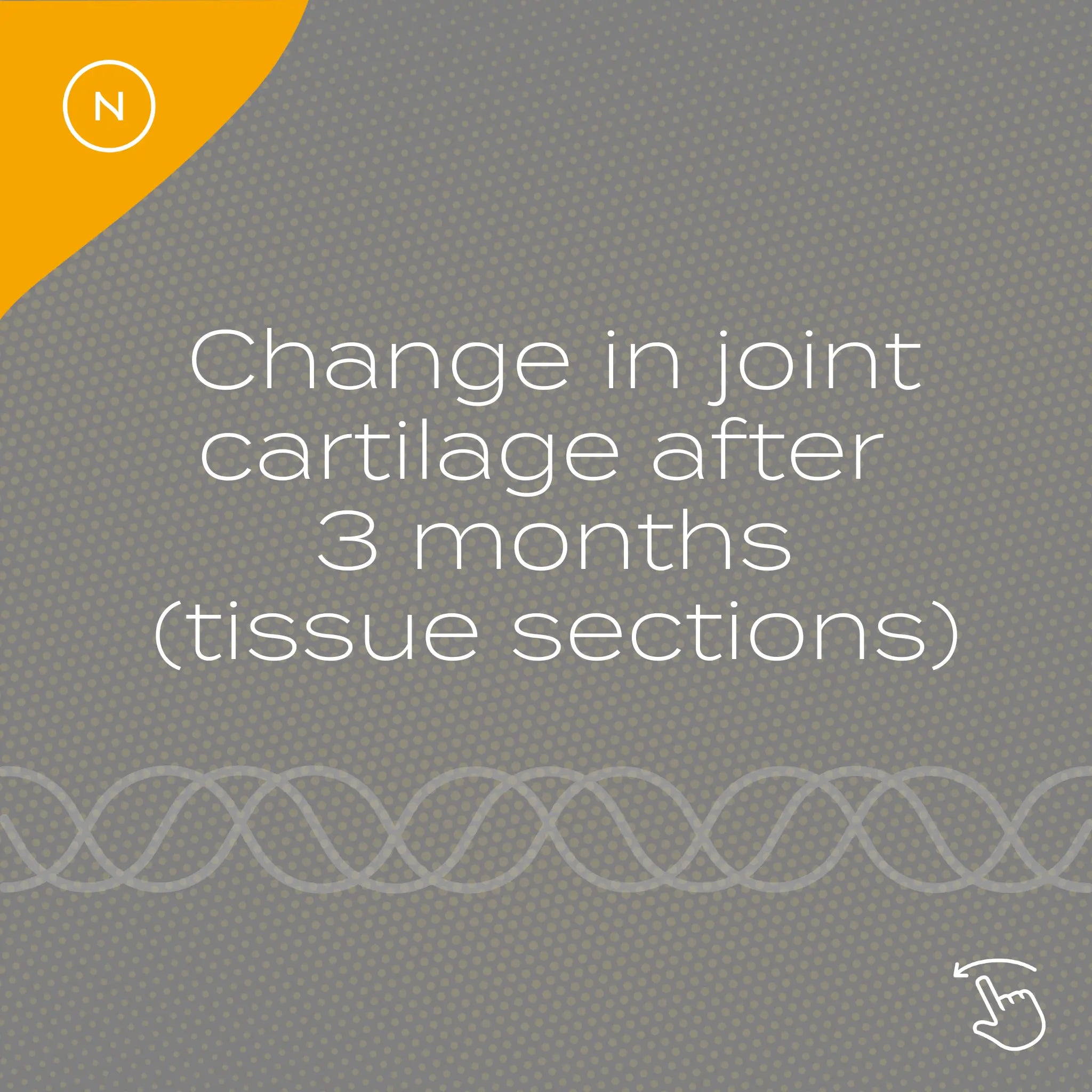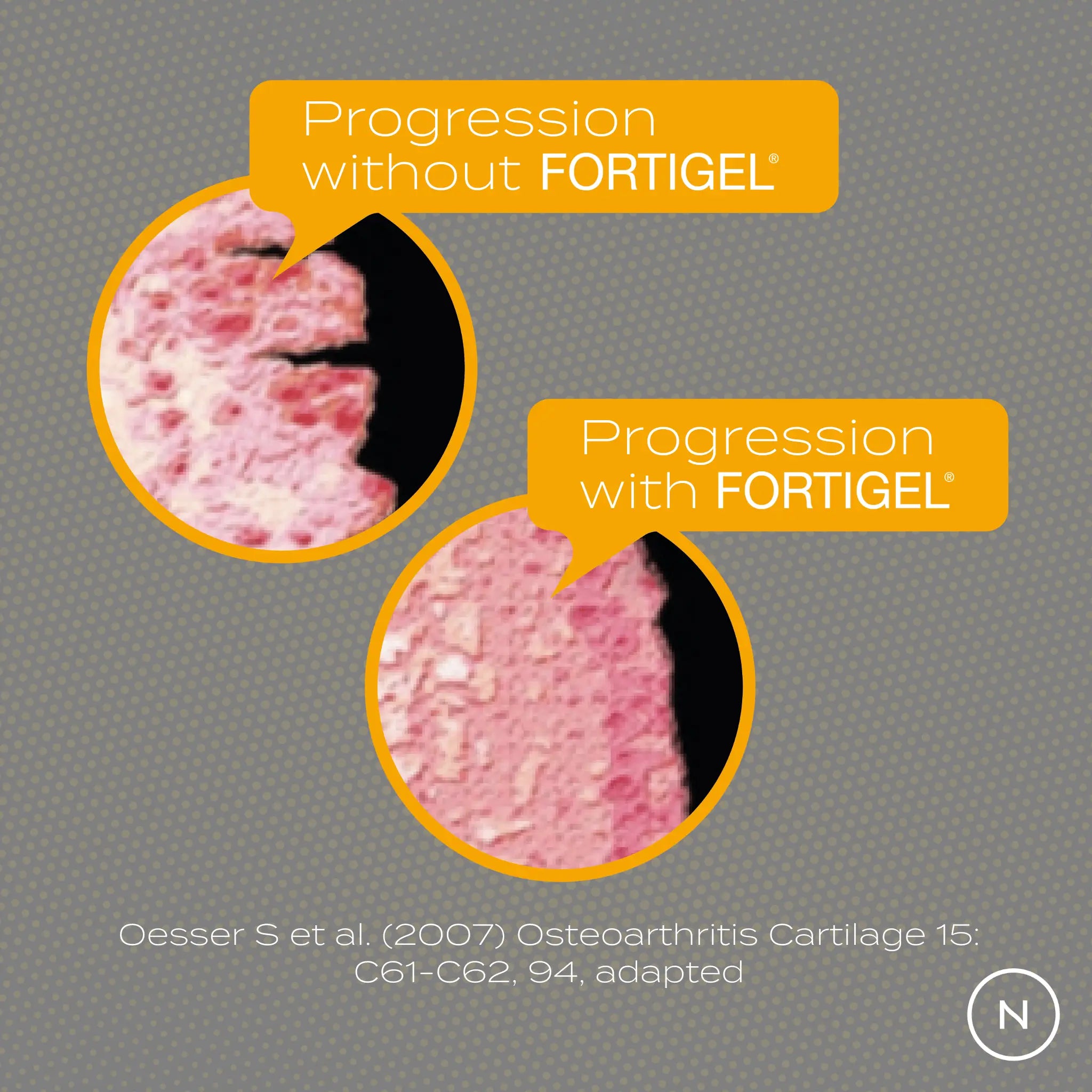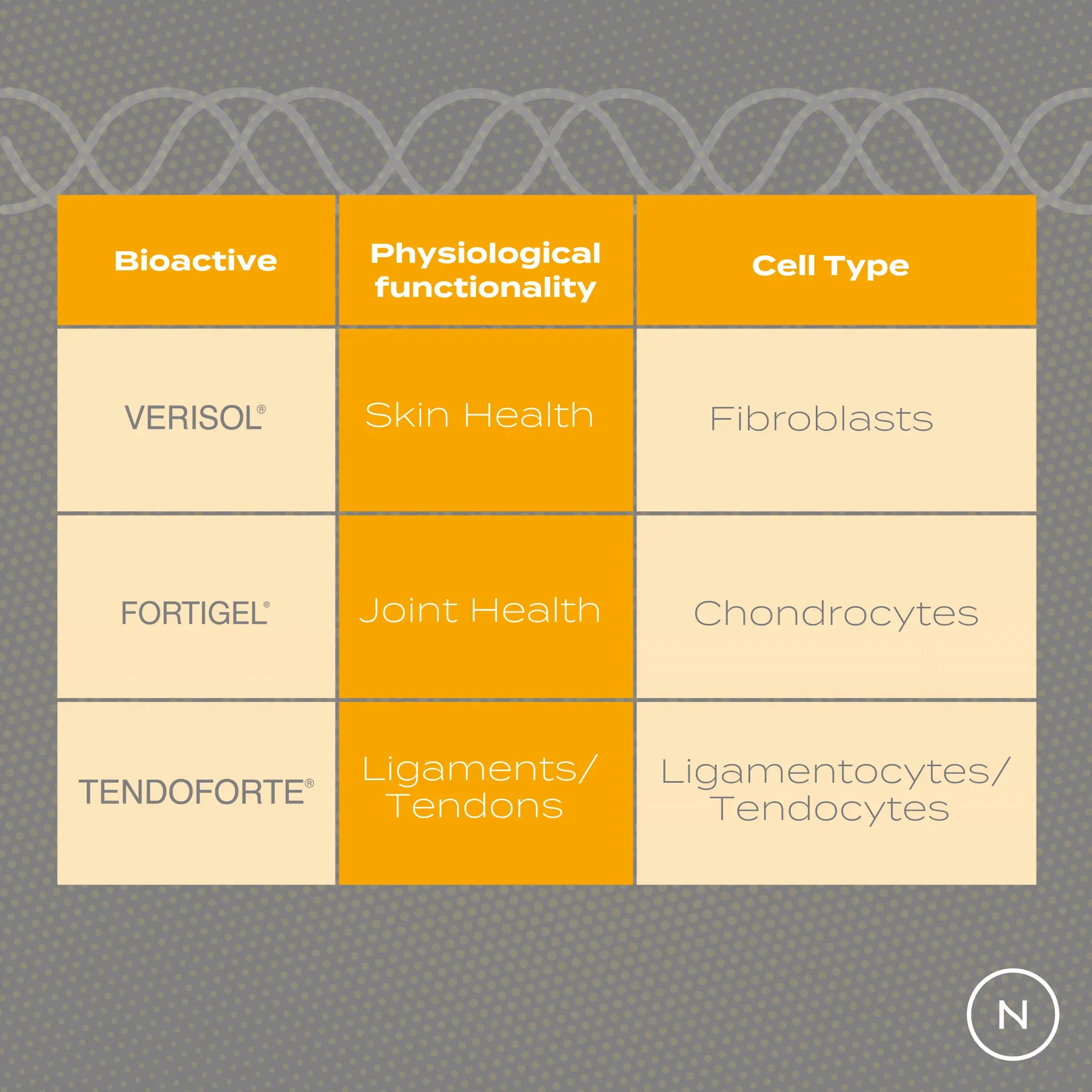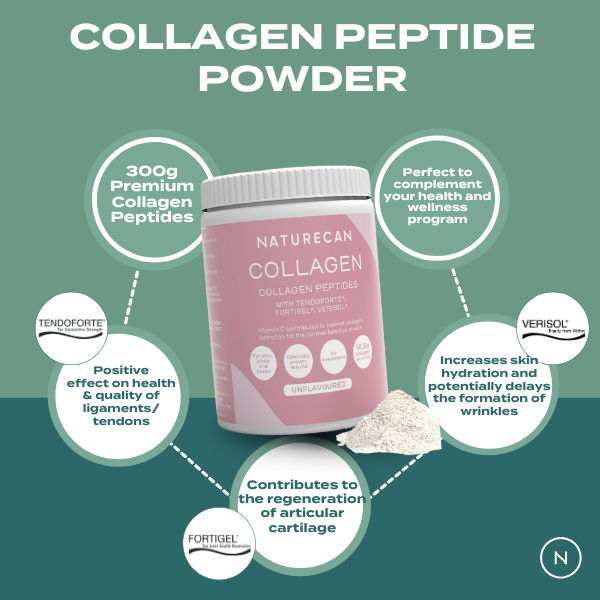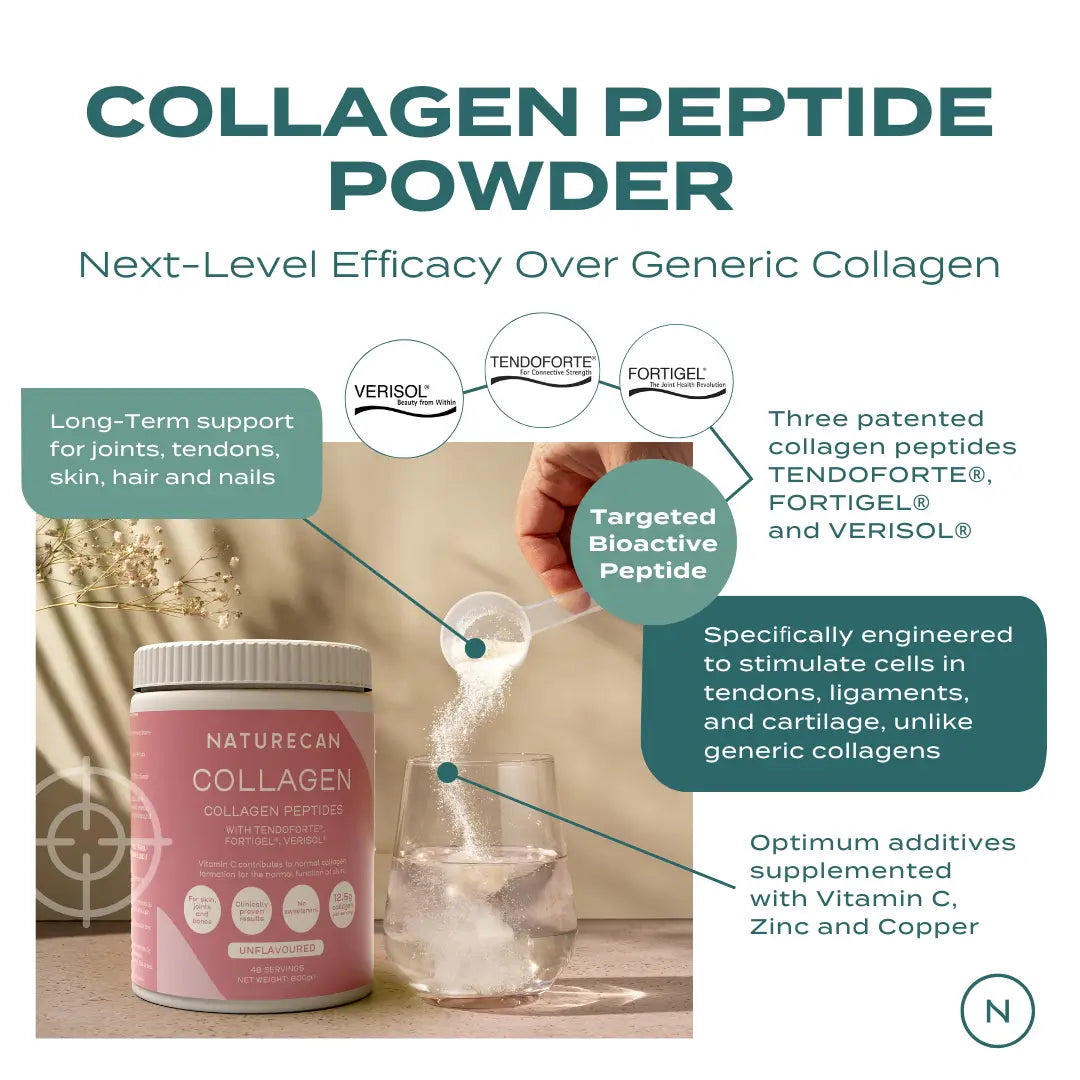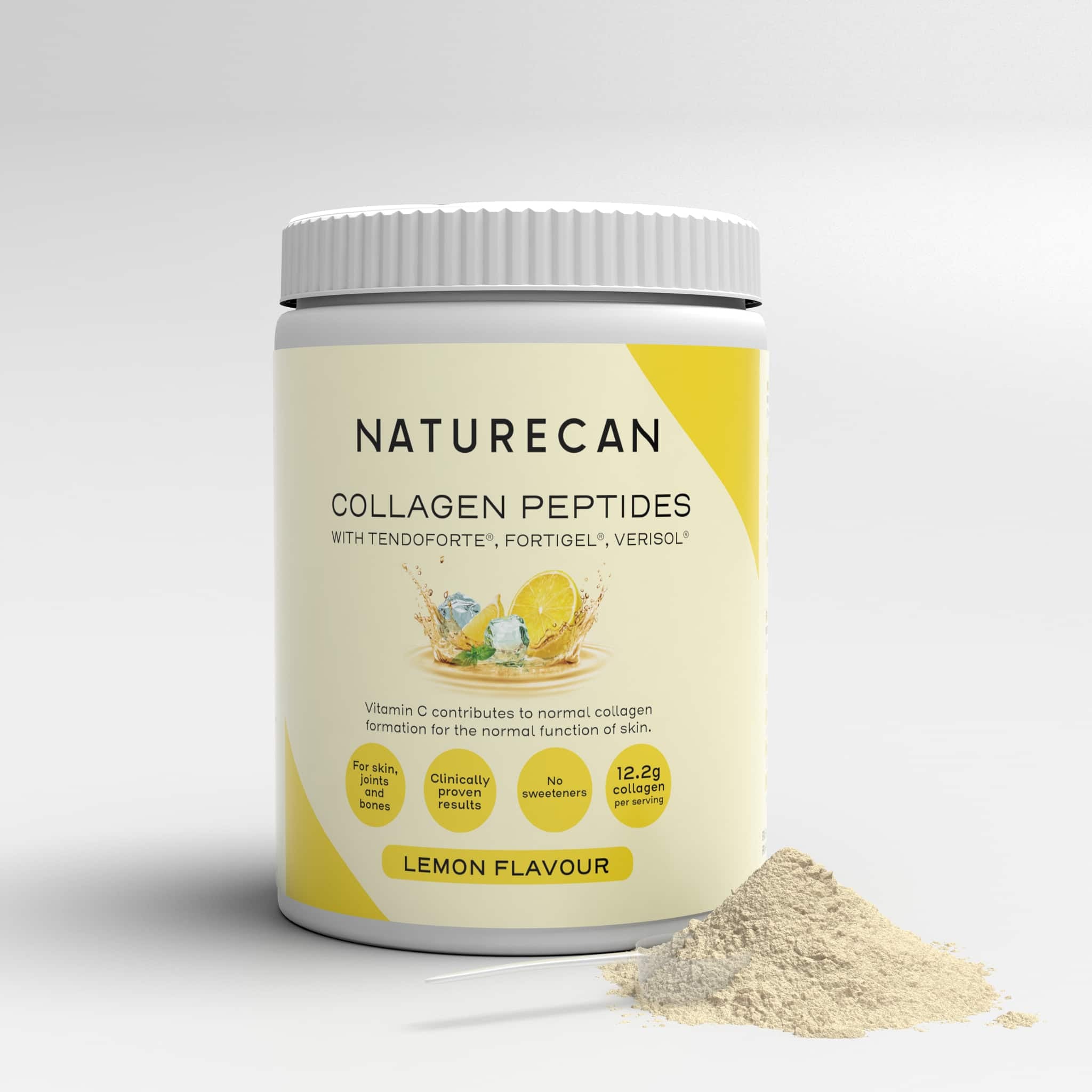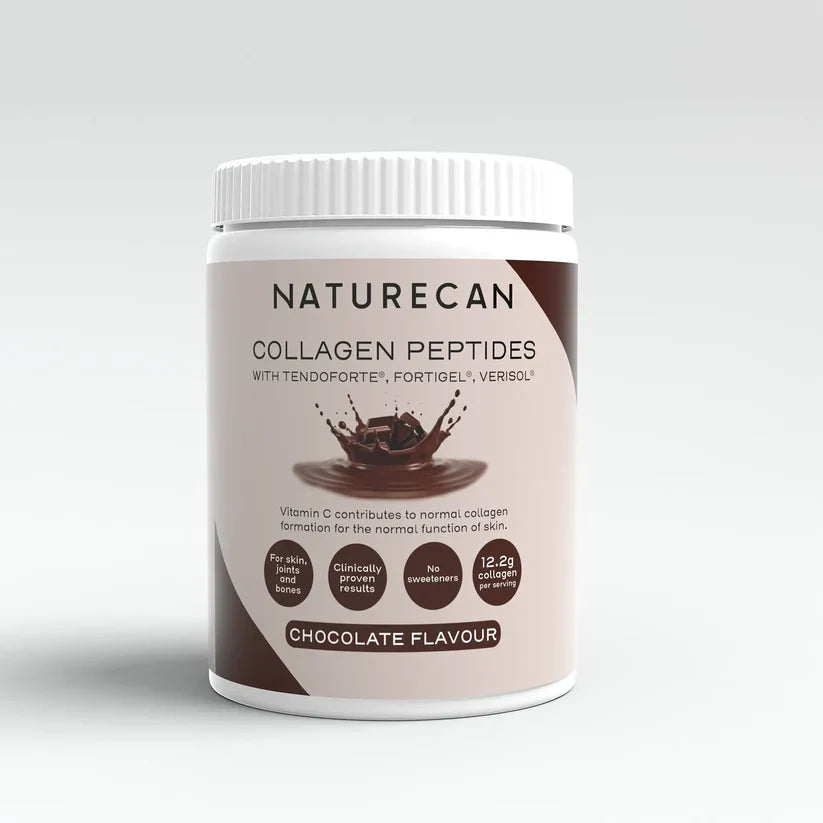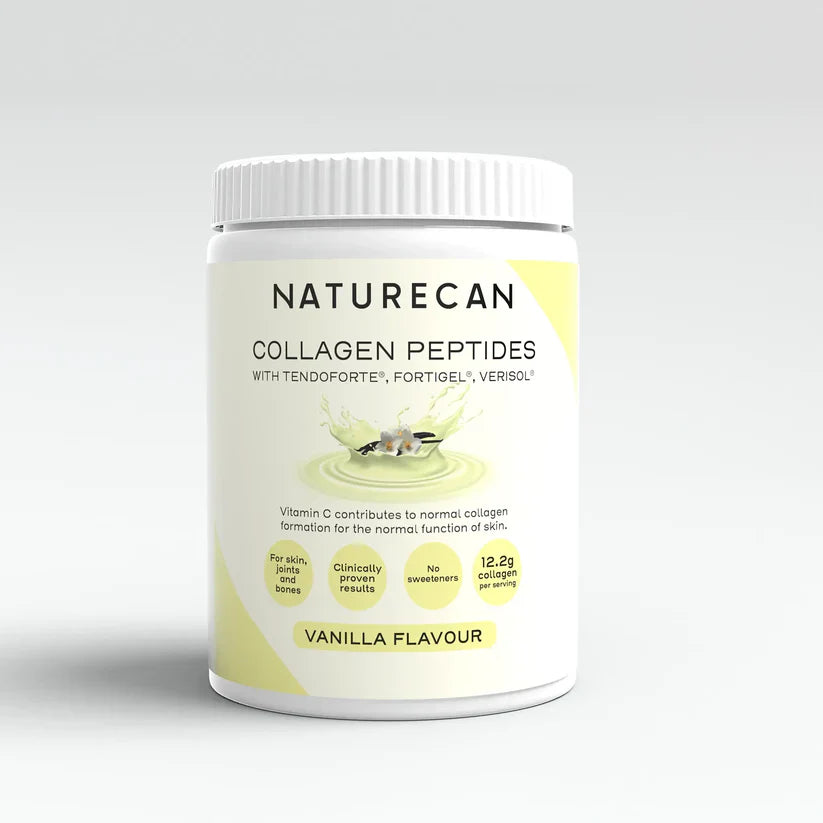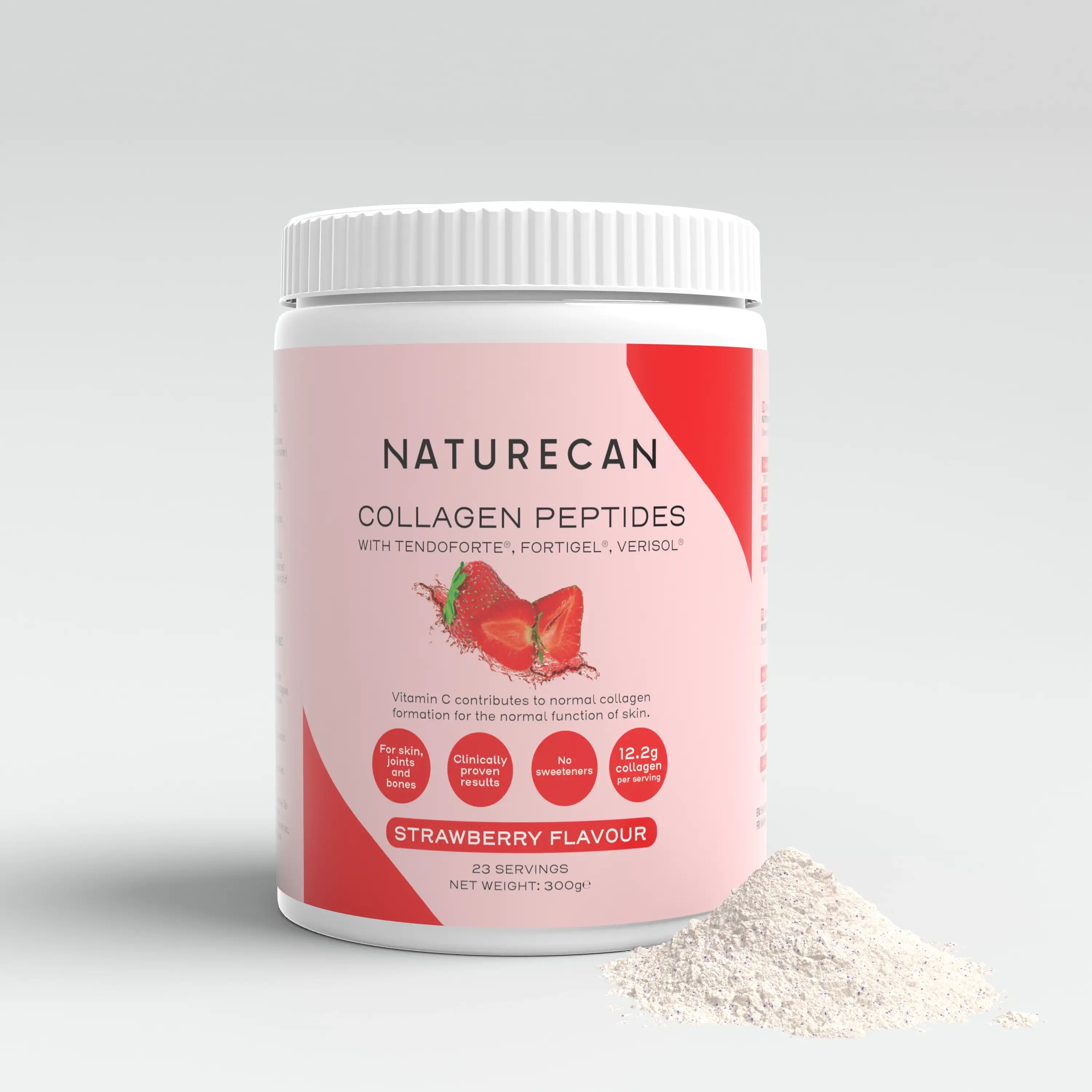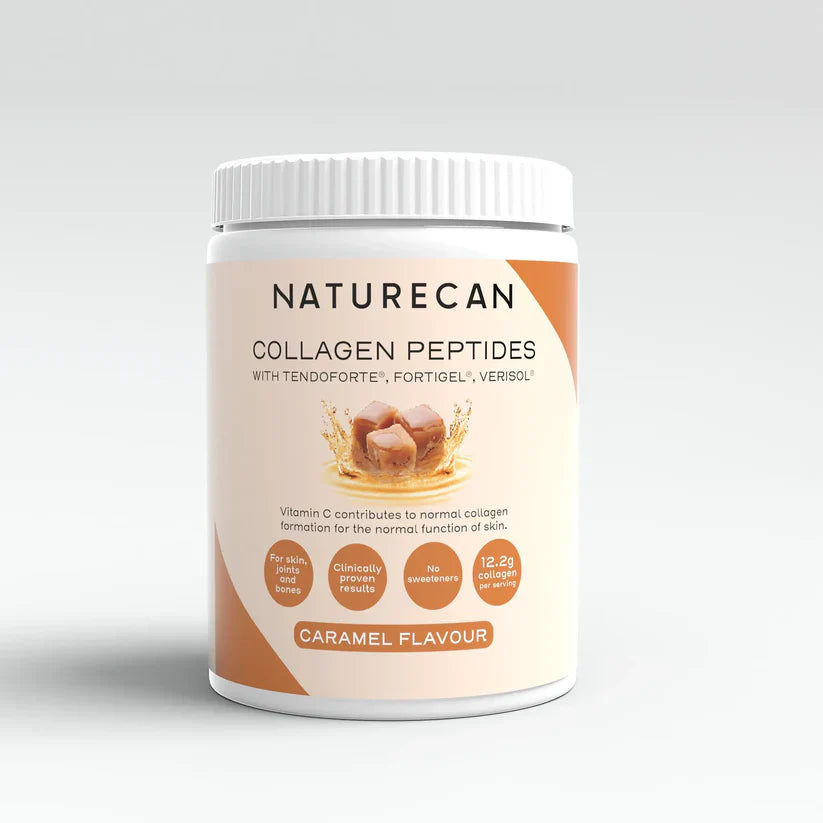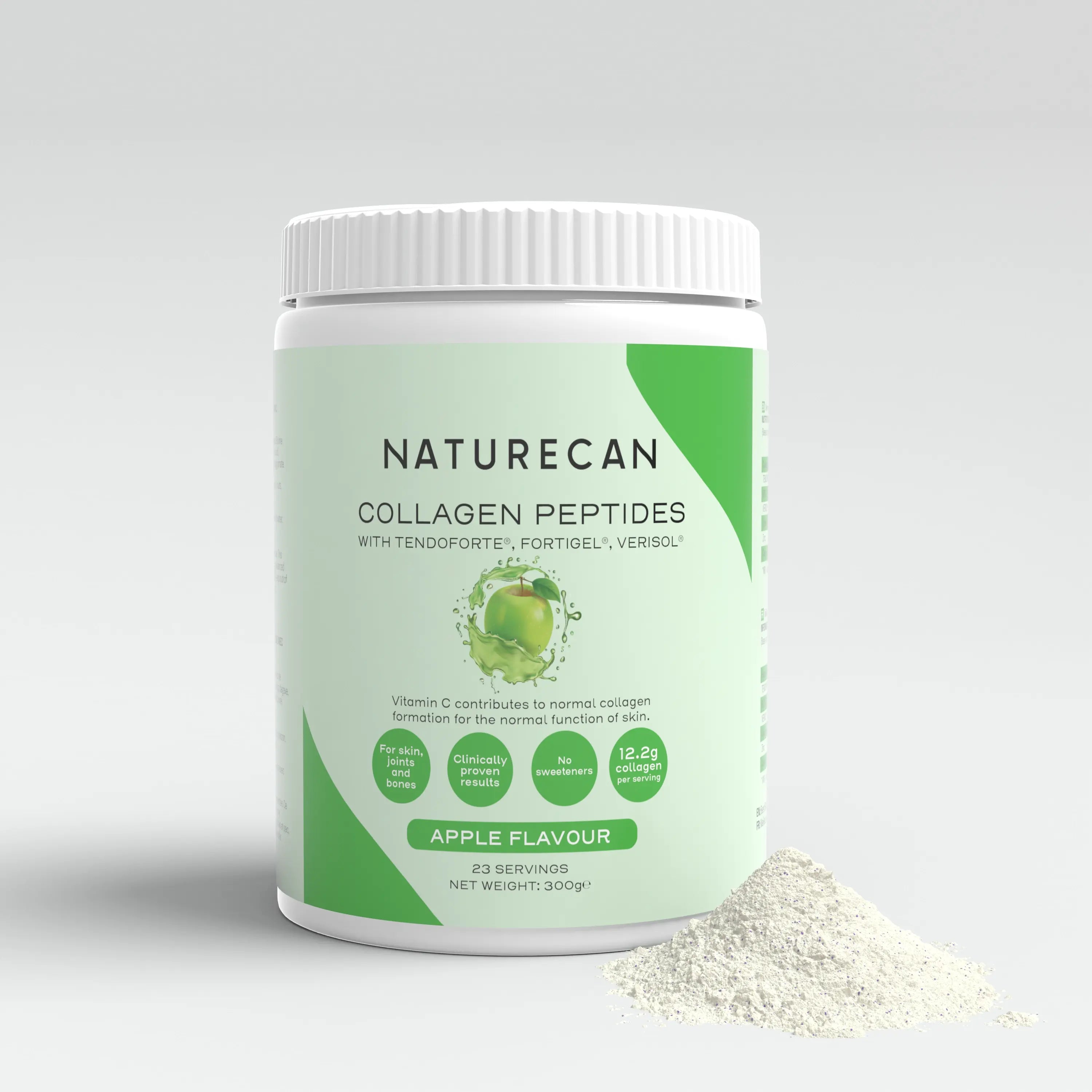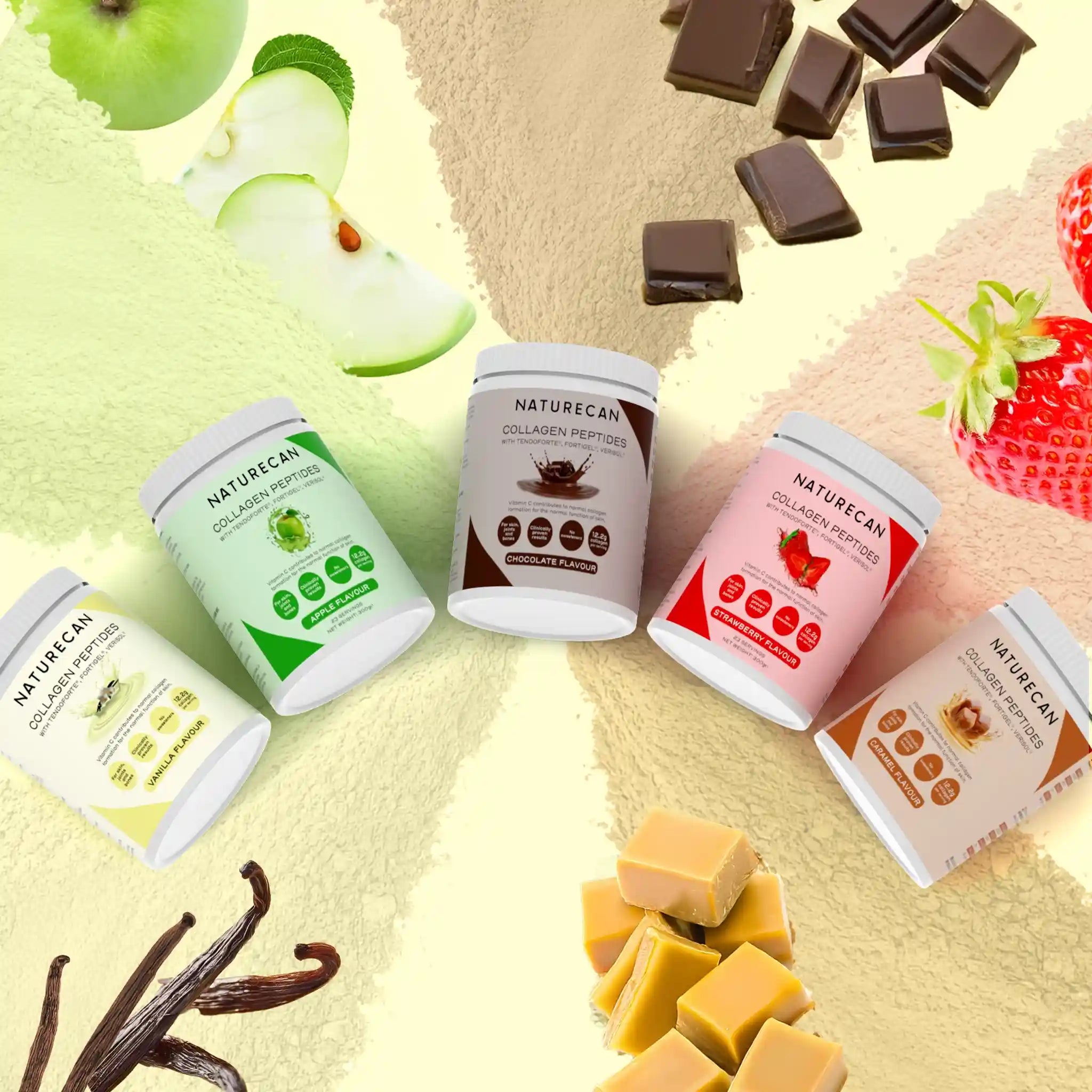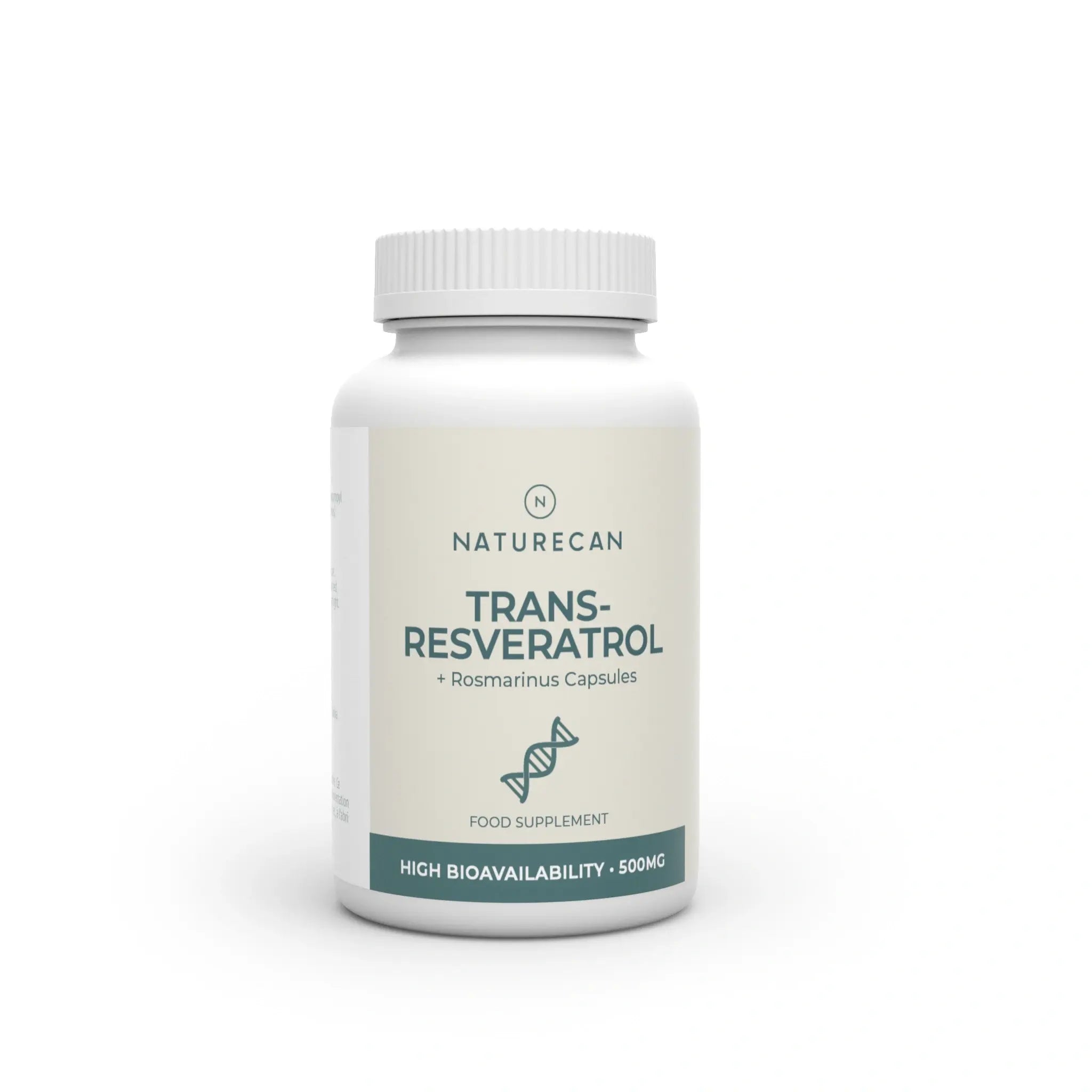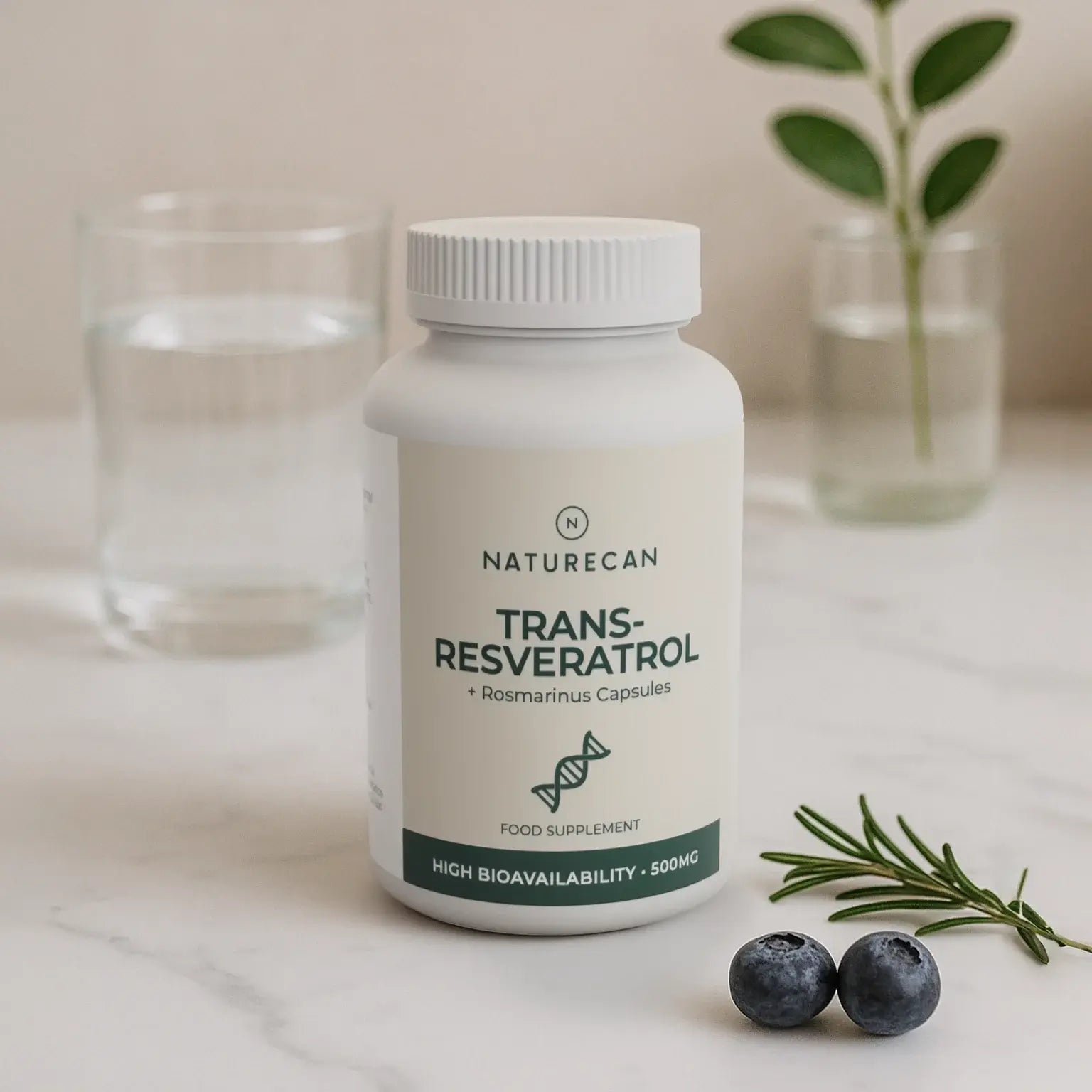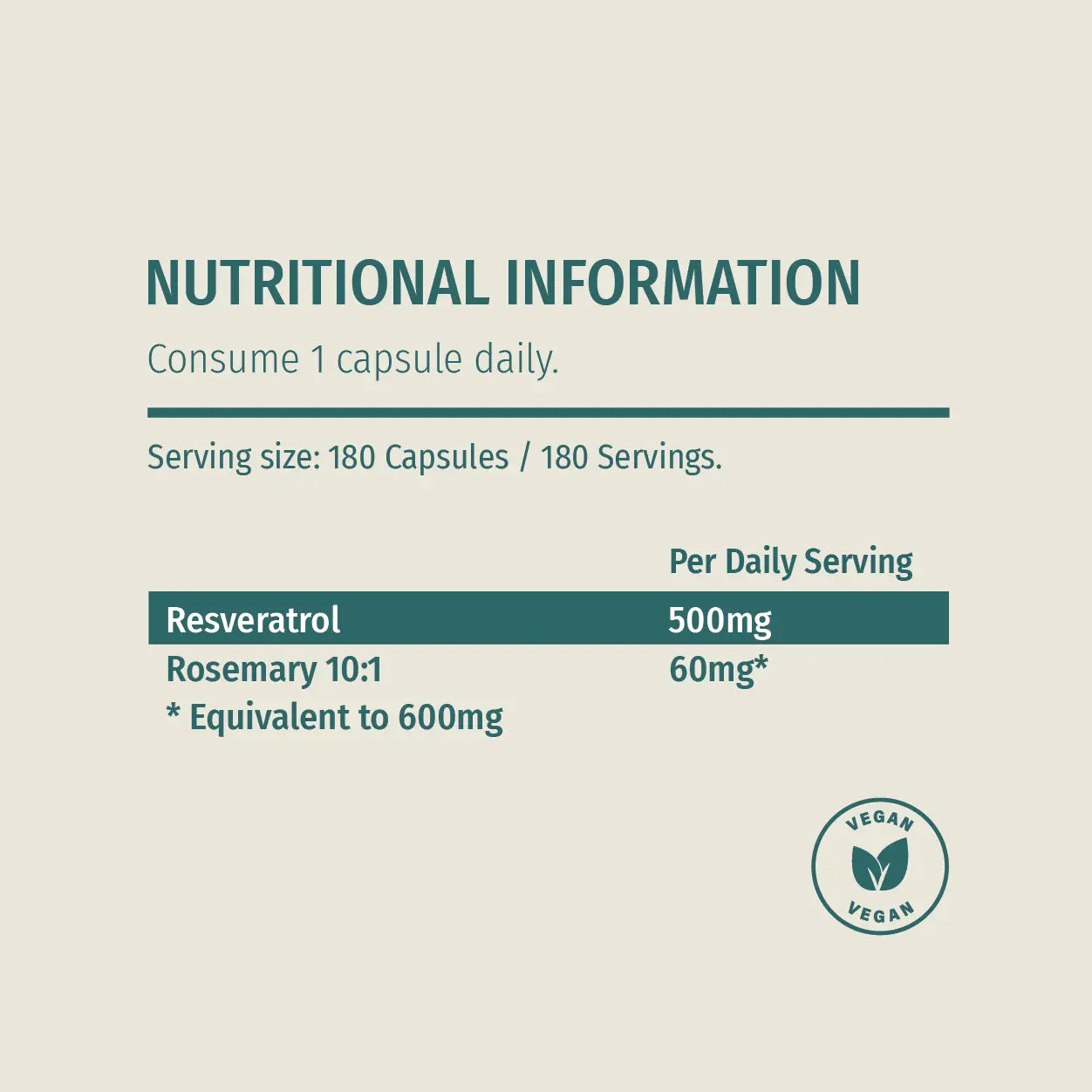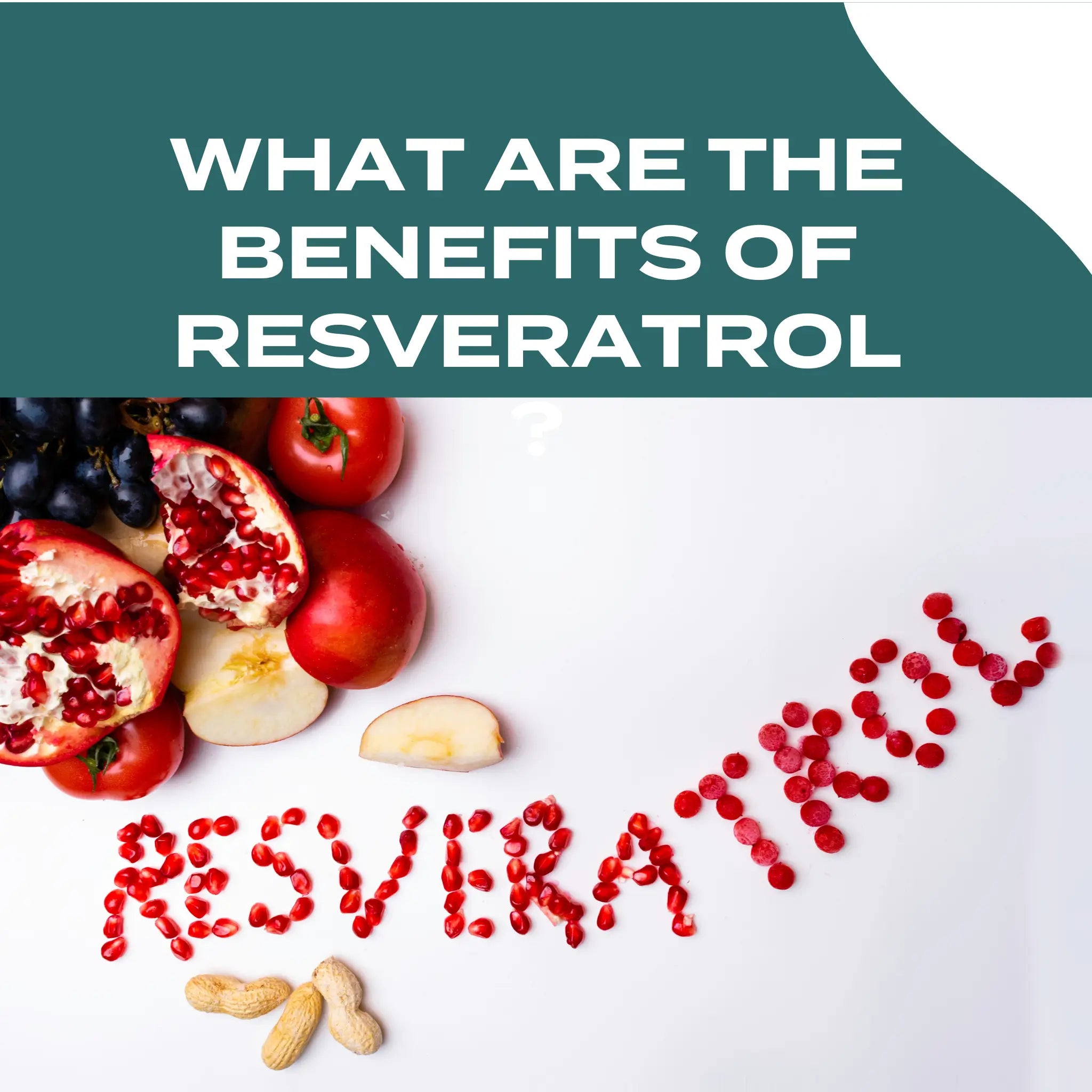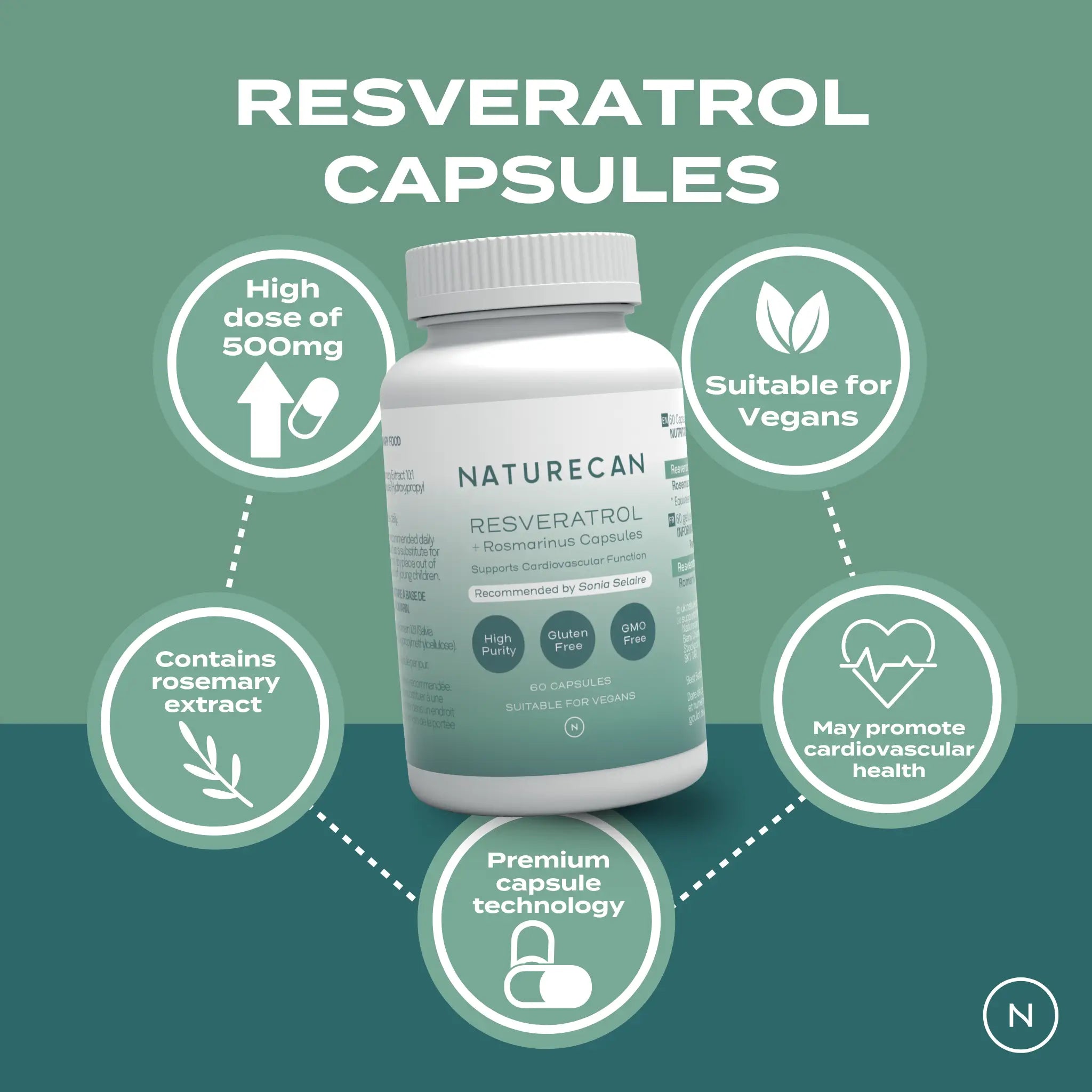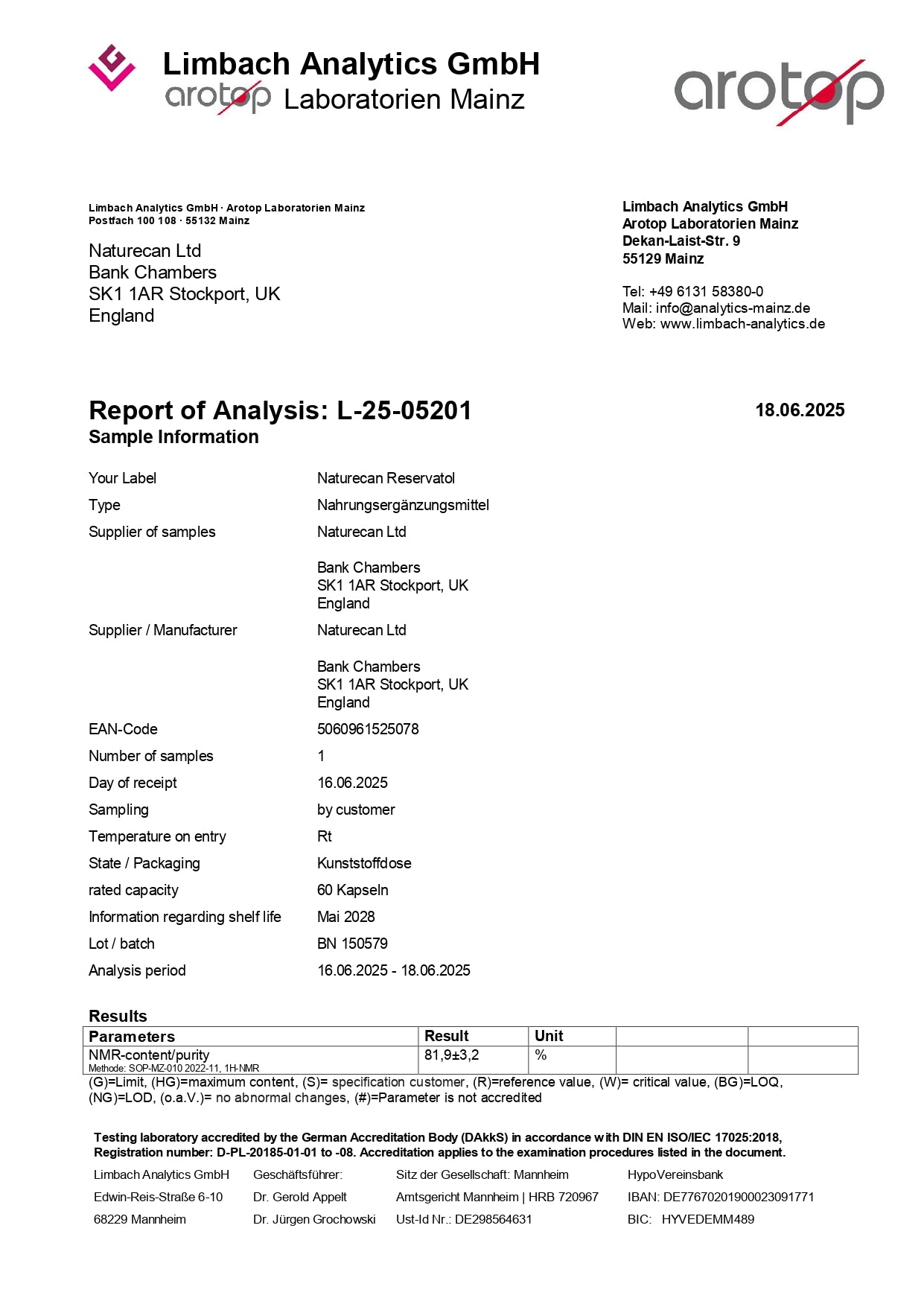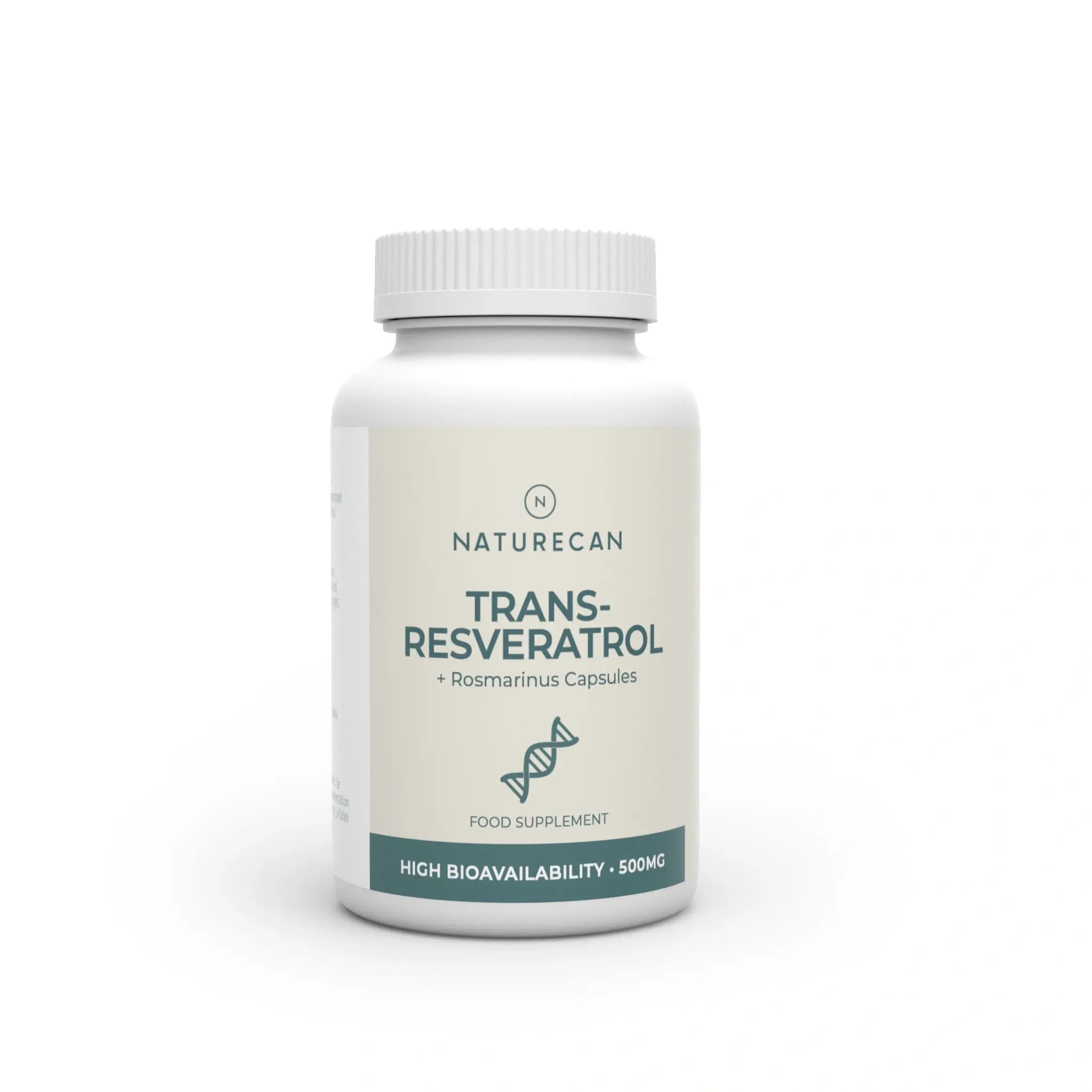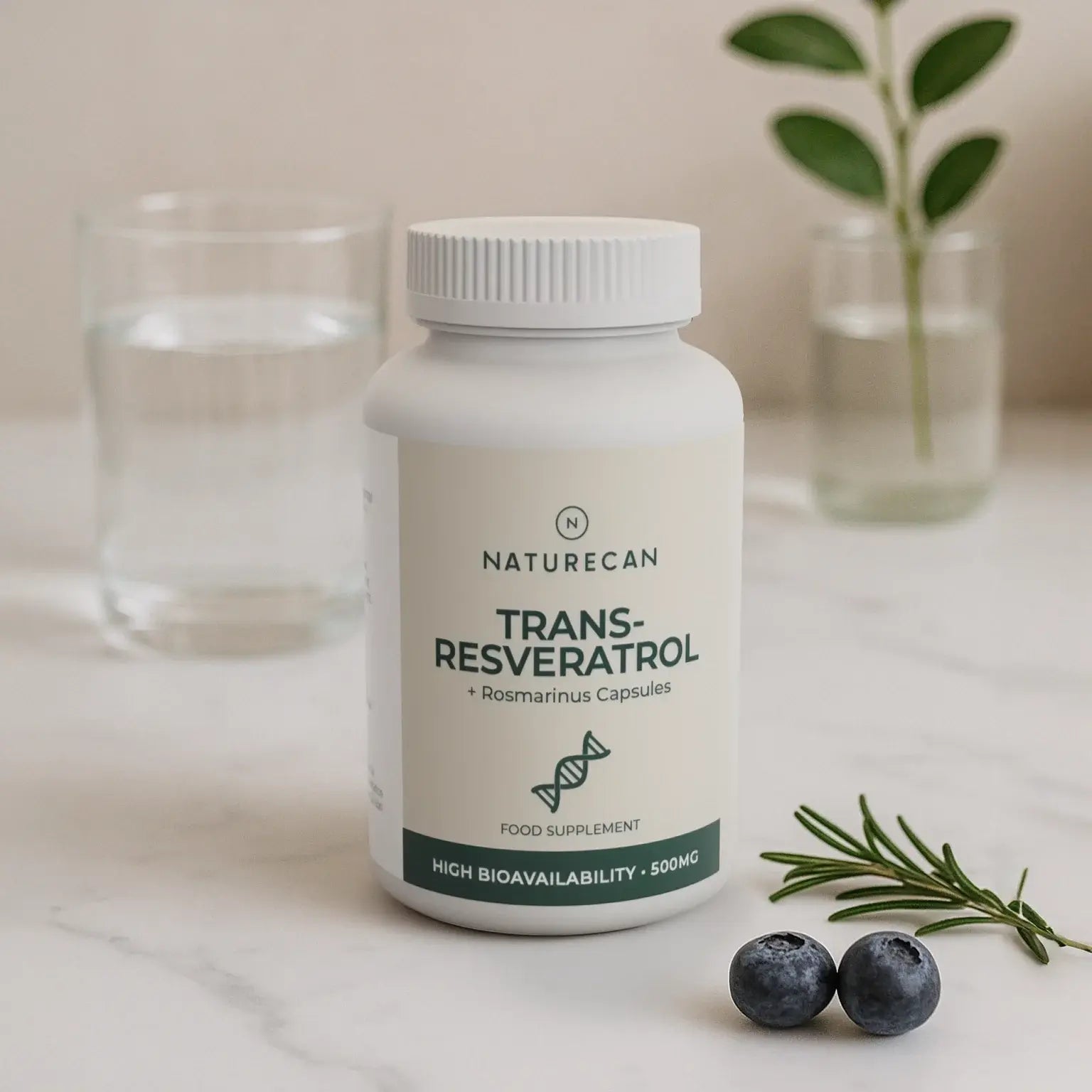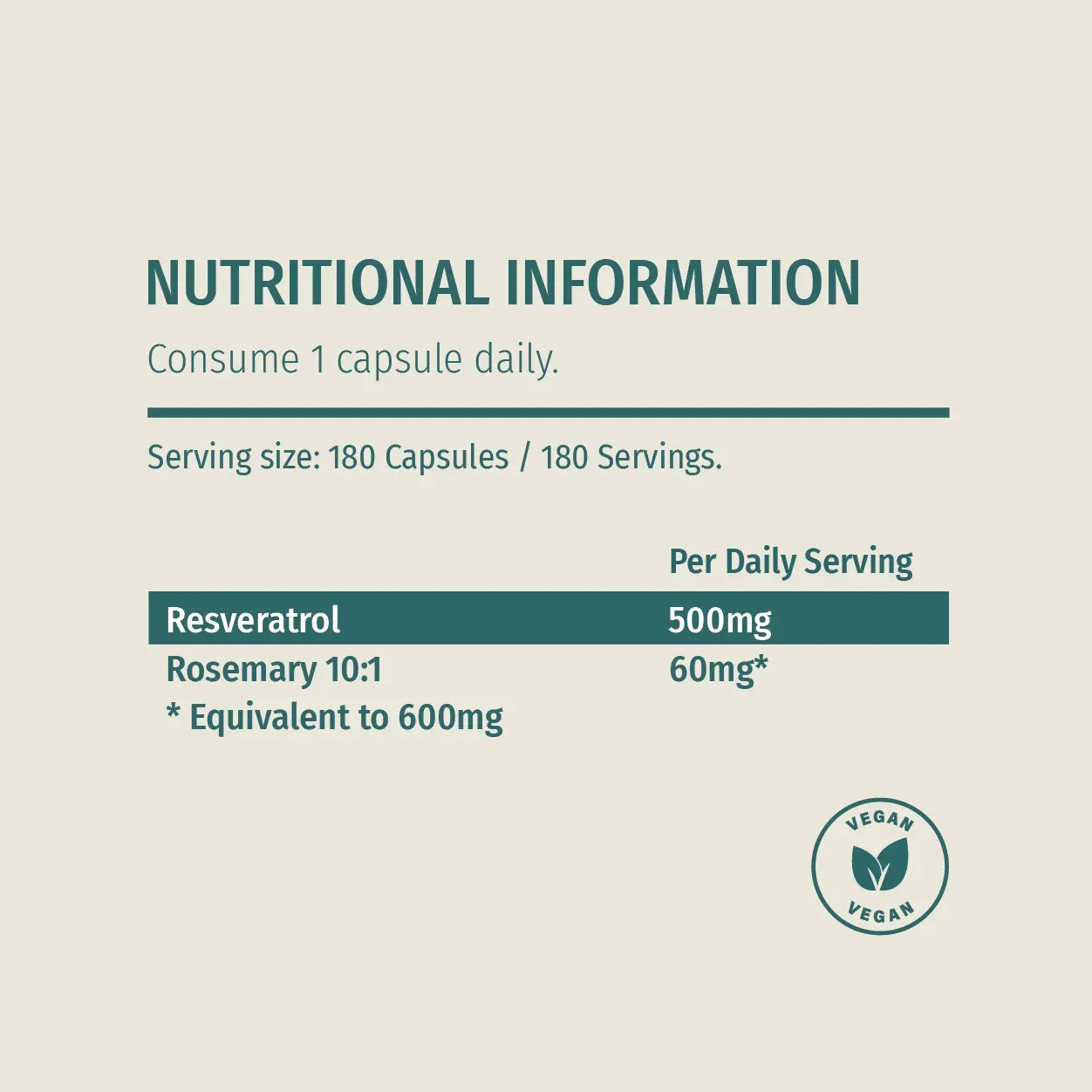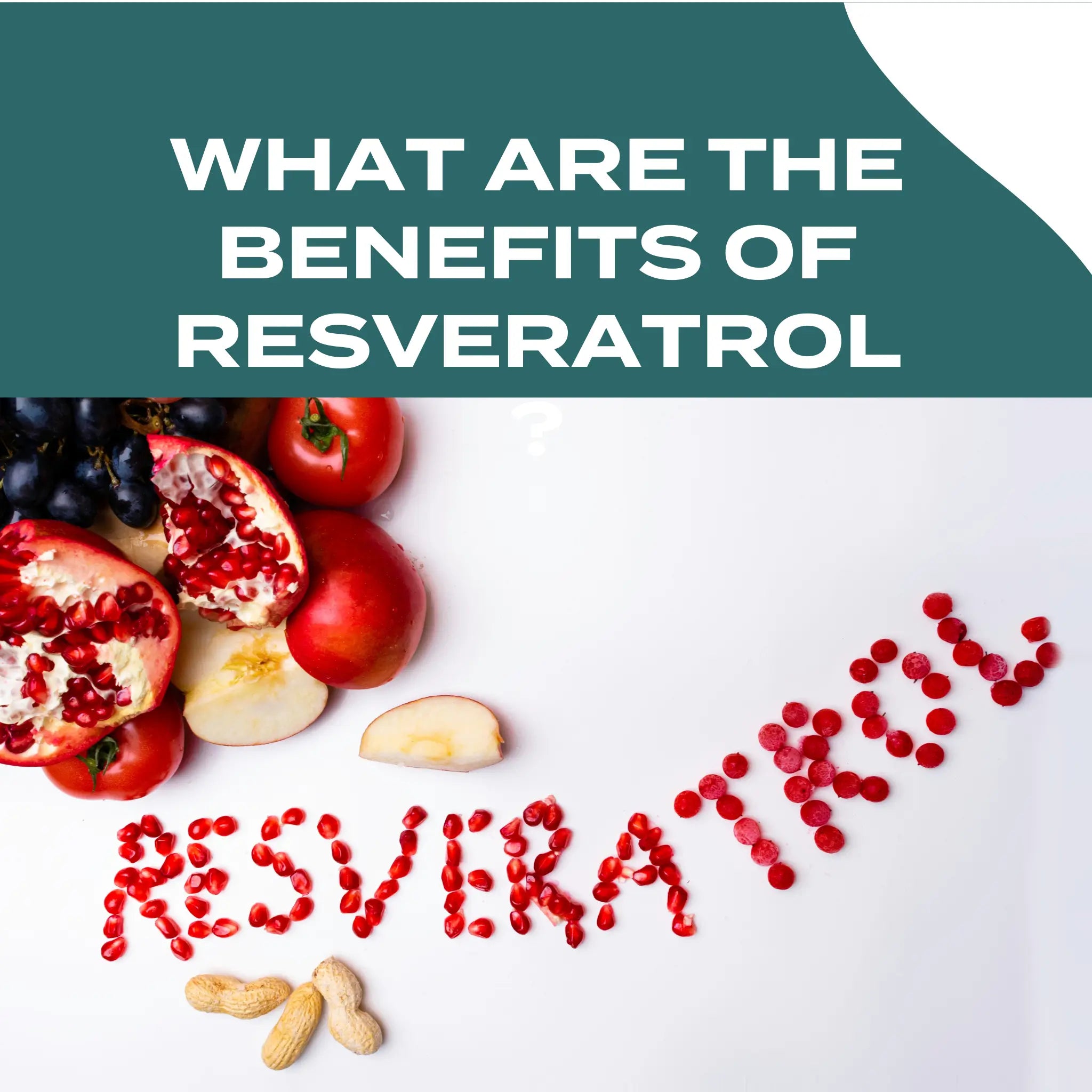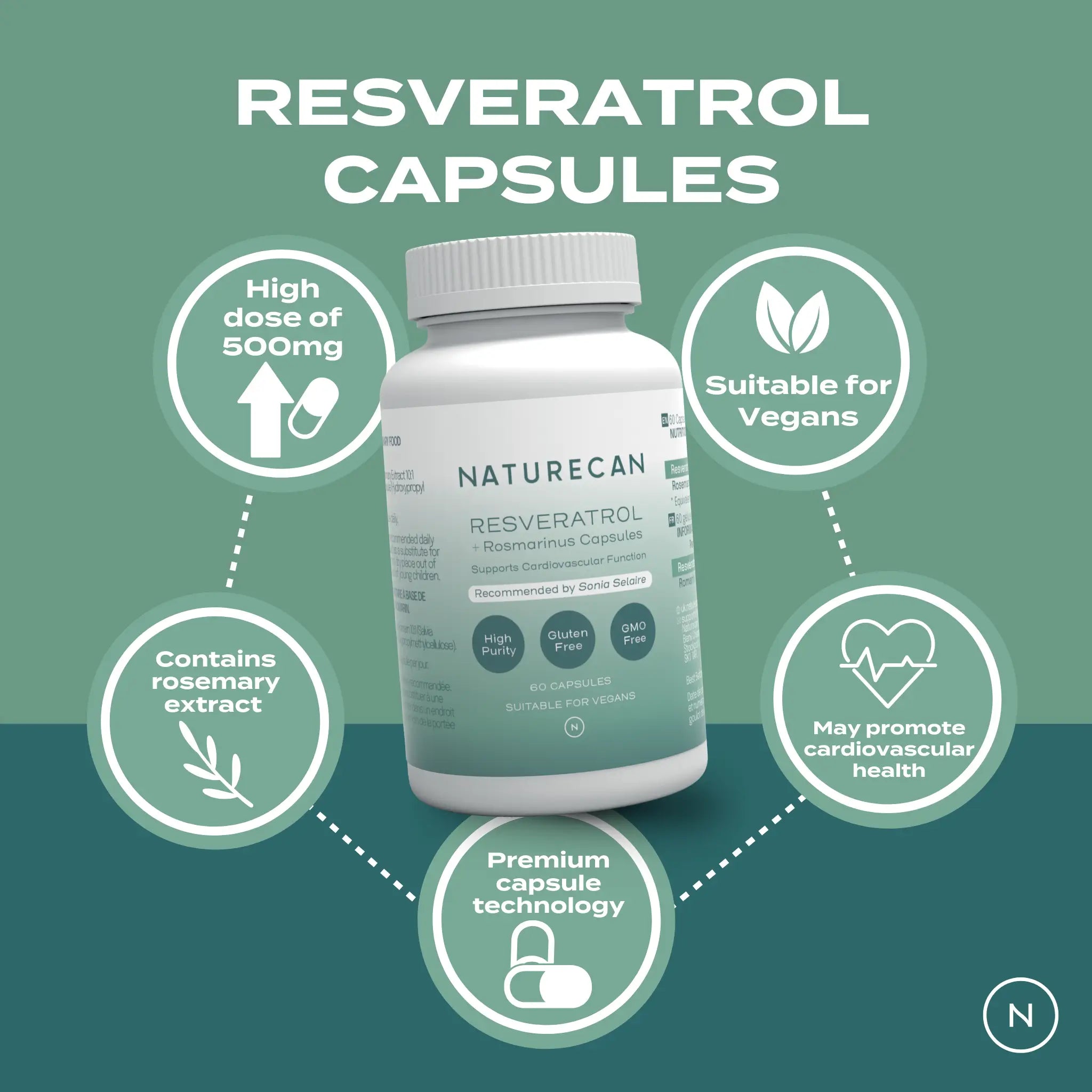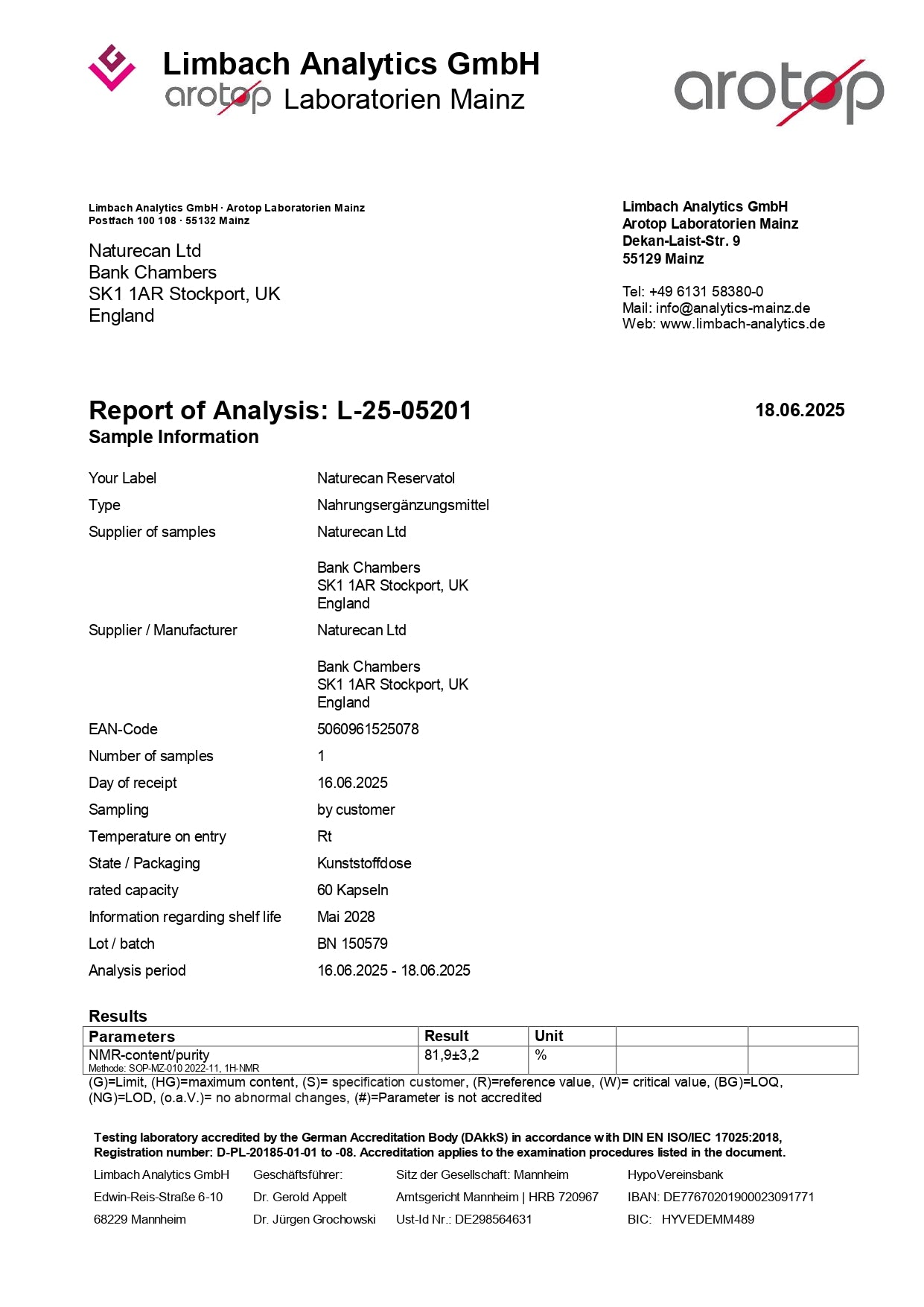Chronological Vs Biological Age: What Is The Difference?

Written by Jordan Caulfield & Reviewed by Paul Holmes.
Most of us can answer quickly when asked our age. But have you ever wondered if your body tells a different story than your actual age?
That’s where the difference between chronological age and biological age comes in.
While your chronological age is fixed, your biological age can shift, and depends on factors such as lifestyle, stress levels, nutrition, and overall health. So, are you ageing prematurely or ageing gracefully?
Understanding the distinction between these two concepts is key to building a wellness routine that supports longevity, resilience and healthier ageing.
What Is Your Biological Age?
Biological age is a measure of how well your body is functioning relative to your actual age. It takes into account physiological indicators such as metabolic health, organ function, muscle mass, inflammation levels, and even DNA damage.
Unlike chronological age, which simply counts the years of your life, biological age reflects your rate of ageing.
For example, a person may be 45 years old chronologically but have the cellular and functional health of someone 35 years old.
Alternatively, someone younger may have a biological age significantly older than expected due to poor health habits and lifestyle choices.
In a nutshell, biological age helps paint a more accurate picture of your current health status and potential risk of age-related conditions.
Biological age can influence:
- How energetic or fatigued you feel
- How well your organs function
- Your susceptibility to chronic diseases
- How quickly your skin and hair show signs of ageing
What Is Your Biological Age?
Chronological age is the number of years, months, and days you've been alive, calculated from your date of birth.
It’s the age used in everyday contexts like birthday celebrations, ID checks, or pension qualifications.
While it’s consistent and easy to measure, chronological age doesn’t reflect how “young” or “old” your body actually is on the inside. That’s where biological age offers a more detailed insight.
You can’t slow chronological ageing; time moves forward regardless of lifestyle.
But you can slow the effects of ageing by influencing your biological age. That means even if your chronological age is high, your biological age can be significantly lower with the right health practices.
Biological Age vs Chronological Age Compared
| Feature | Chronological Age | Biological Age |
|---|---|---|
| Definition | Time since birth | Age based on cellular and physiological function |
| Fixed or Flexible? | Fixed | Flexible – can be improved or worsened |
| Influenced by | Time only | Lifestyle, genetics, nutrition, stress, sleep, and more |
| Indicates | Time lived | Current health status and functional age |
| Measured by | Birthdate | Health biomarkers, DNA methylation, lifestyle factors |
Understanding this difference can help you take control of how you feel and function far beyond what your calendar age might suggest.
What Factors Are Used To Calculate Biological Age?
Biological age calculators and tests evaluate a mix of clinical data and lifestyle inputs to estimate your functional age. Some of the main factors include:
- Diet quality: Nutrient-rich, balanced diets support healthier cells
- Sleep: Poor or inconsistent sleep accelerates cellular ageing
- Exercise habits: Regular physical activity keeps organs and muscles young
- Toxin exposure: Smoking, pollution, and alcohol increase free radical damage
- Body composition: Obesity, muscle mass, and visceral fat are key indicators
- Inflammation markers: Chronic inflammation accelerates ageing
- DNA methylation: A biomarker used in advanced biological age tests
To help you estimate your biological age, we’ve created a quick and easy Biological Age Test. It's a starting point for understanding where your body currently stands — and where it could go with the right support.

What Impacts Your Biological Age?
At the heart of ageing is the wear and tear on our cells over time. But some key factors can speed up or slow down that process:
1. Free Radical Damage
Every day, your body produces free radicals, unstable molecules that can damage cells. Antioxidants from food or supplements help neutralise them.
2. Inflammation
Low-grade chronic inflammation, often caused by stress, poor diet, or lifestyle, is strongly linked with accelerated ageing.
3. Mitochondrial Function
Your cells' energy producers, mitochondria, decline with age, but certain nutrients can help preserve their function.
4. DNA Damage And Repair
Our cells are constantly repairing damage to our DNA. Supporting this repair system is crucial for healthy ageing.
How To Reduce Your Biological Age
While we can’t turn back the clock, we can support our cells to function more youthfully. The key to reducing biological age lies in lifestyle optimisation:
- Eat a colourful, antioxidant-rich diet
- Prioritise consistent, high-quality sleep
- Manage stress with techniques like mindfulness or yoga
- Stay physically active, combining resistance and aerobic training
- Avoid smoking and limit alcohol intake
- Support your body with targeted supplements where needed
Natural supplements can be a gentle, well-tolerated way to support these changes, especially when compared to harsher interventions. They’re not a magic solution, but they can contribute to a well-rounded longevity plan when used responsibly.

Supplements For Improving Your Biological Age
At Naturecan, we’ve curated a variety of supplements designed to support healthy ageing. These target different pillars of biological age, from cellular health to inflammation control.
NMN
NMN (Nicotinamide Mononucleotide) is a direct precursor to NAD+, a molecule essential for mitochondrial function and DNA repair.
NAD+ declines with age, and boosting NMN may help restore cellular vitality. Learn more about NMN in our NMN Benefits article.
Spermidine
Spermidine supports autophagy, your body’s natural process of cellular clean-up and renewal.
Continuous research evidence suggests it may help extend healthspan by improving how your cells age.[3]
NAC (N-Acetyl Cysteine)
NAC boosts glutathione production, a powerful antioxidant that helps combat oxidative stress and detoxifies the body.
Omega-3
High-quality Omega-3 fatty acids support brain health, heart function, and help reduce inflammation, a key driver of biological ageing.
Q10
Coenzyme Q10 (CoQ10) helps energise your mitochondria and may support cardiovascular and cognitive health.
Collagen
Collagen peptides support skin elasticity, joint health, and bone strength, all key essentials for graceful, functional ageing.
Resveratrol
Resveratrol is a polyphenol found commonly in grapes and red wine.
It has been studied for its potential to activate longevity pathways in the body, including sirtuins.
Which Supplements Work Best Together?
Synergy between supplements can be a game changer. Combining certain supplements can amplify their benefits:
- Longevity Bundle – Hand curated for comprehensive support for overall healthy ageing
Cellular Energy & Health Bundle – Focuses on energy production and mitochondrial health- NMN & Resveratrol – A powerful pairing for anti-ageing and DNA repair support
When taken together, these bundles provide layered support across inflammation, energy, and cellular renewal — the key foundations for a lower biological age.
FAQS About Chronological and Biological Age
Can you slow your biological age?
While ageing is inevitable, studies suggest it’s possible to reduce your biological age through healthy lifestyle changes, including a balanced diet, adequate sleep, regular exercise, and certain supplements.
What factors are used to calculate biological age?
These include inflammation levels, metabolic health, DNA methylation patterns, organ function, sleep, diet, exercise, and exposure to toxins.
Should I be concerned if my biological age is really high?
A higher biological age than your chronological age may indicate a higher risk for age-related diseases. It’s worth exploring changes to bring it back down, but always consult a healthcare provider for tailored advice.
Can my biological age be improved or reversed?
Many experts believe it’s possible to reduce biological age through holistic changes. While not everyone may experience a full reversal, improvements in function and health are achievable.
Where can I find out my biological age?
Take our quick and easy Biological Age Test to estimate your score based on lifestyle factors.
Conclusion
Chronological age is just a number. Biological age is the real story.
Understanding the difference between the two can help you take control of your health, longevity, and quality of life.
While you can’t stop the passage of time, you can support your body to age better.
At Naturecan, we believe in natural, science-backed solutions that support healthy ageing without harsh interventions.
Our Longevity Range has been carefully developed to help you reduce your biological age and age well, naturally.

Brain Health and Longevity: How to Protect Your Brain as You Age
Let’s explore the profound link between cognitive resilience and extended lifespan.
Read Article
Top Trending Gummies Of 2025: A Comprehensive Guide
This article explores the most trending gummies in 2025 and highlights how Naturecan offers premium-quality options in these categories.
Read Article
12 Causes of Ageing: How to Combat it with Supplements
This guide explores the key causes of ageing, the potential health benefits of longevity supplements, and how to integrate them into a lifestyle that promotes healthy ageing.
Read Article
